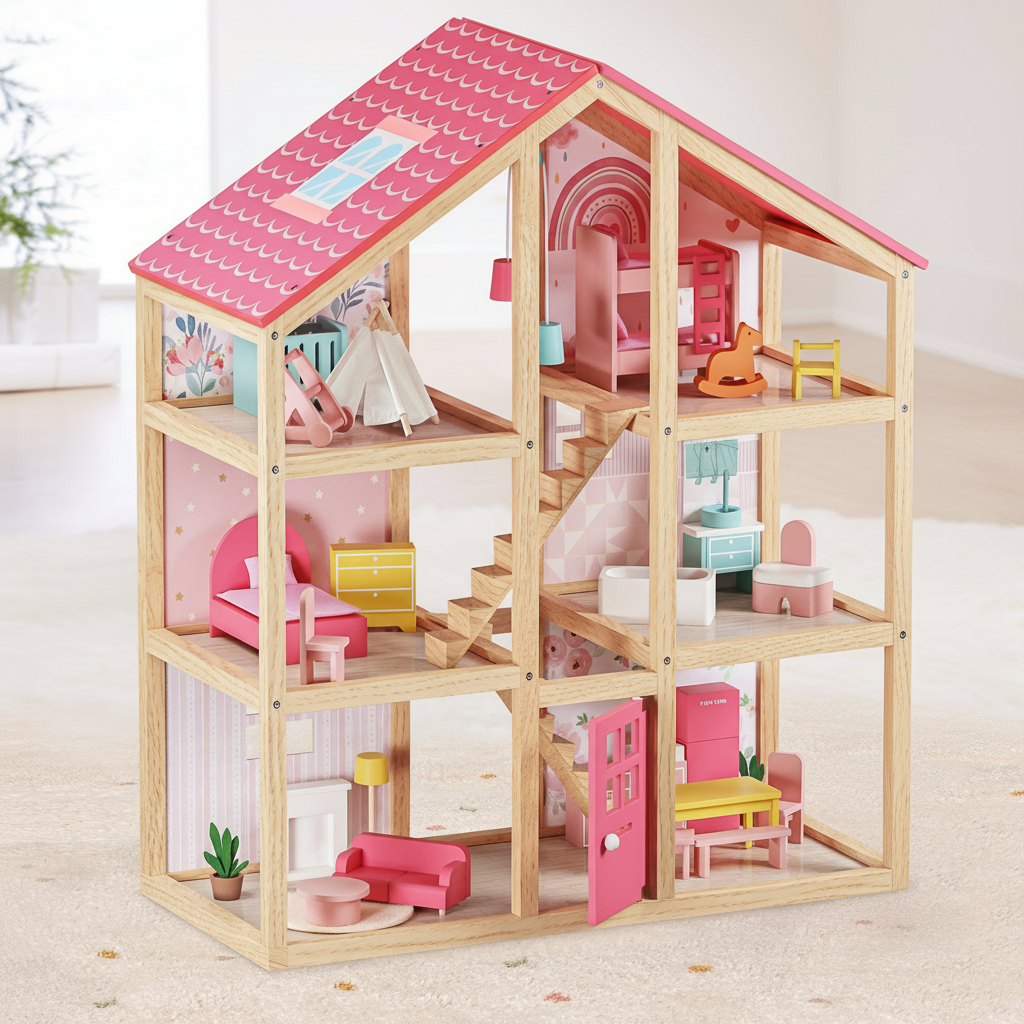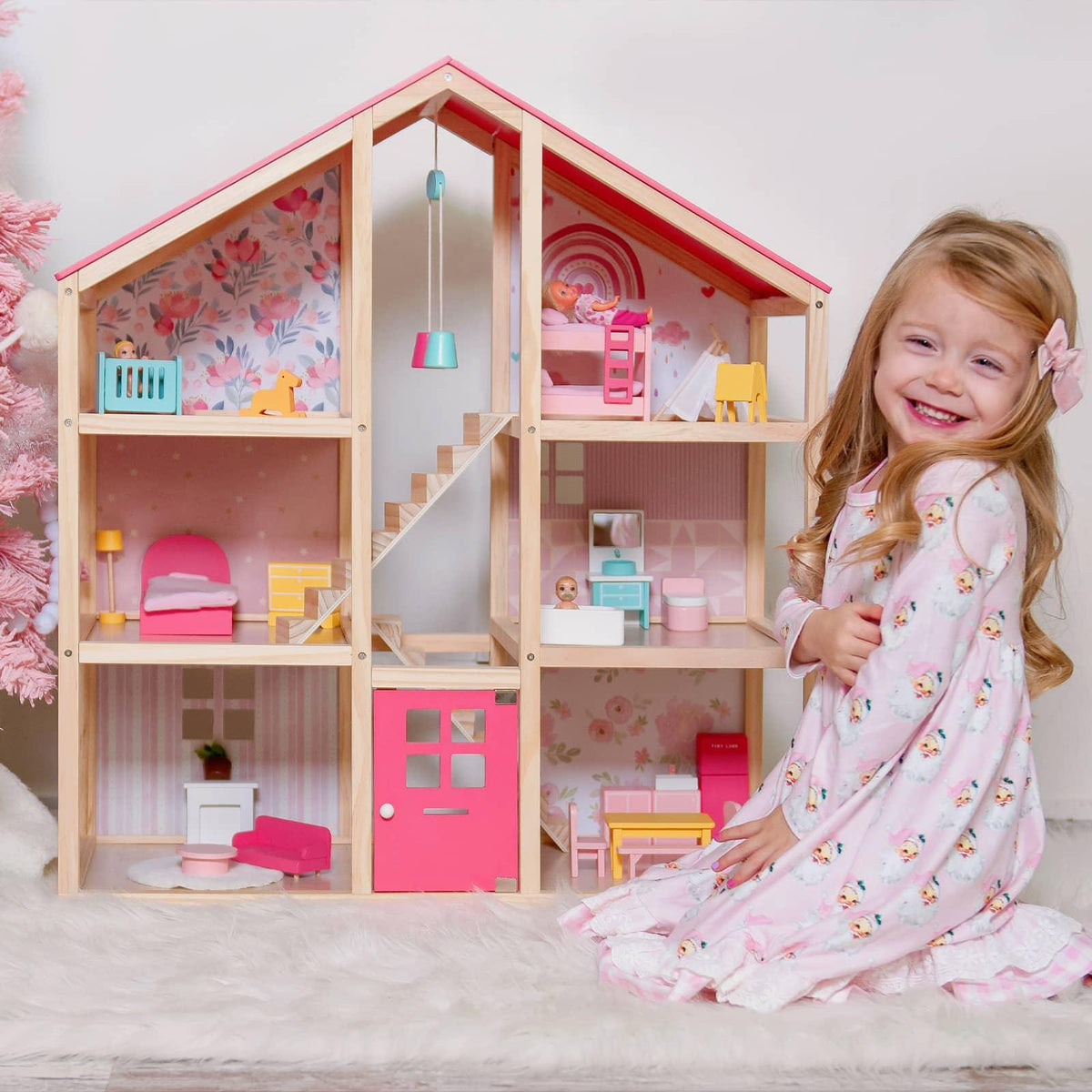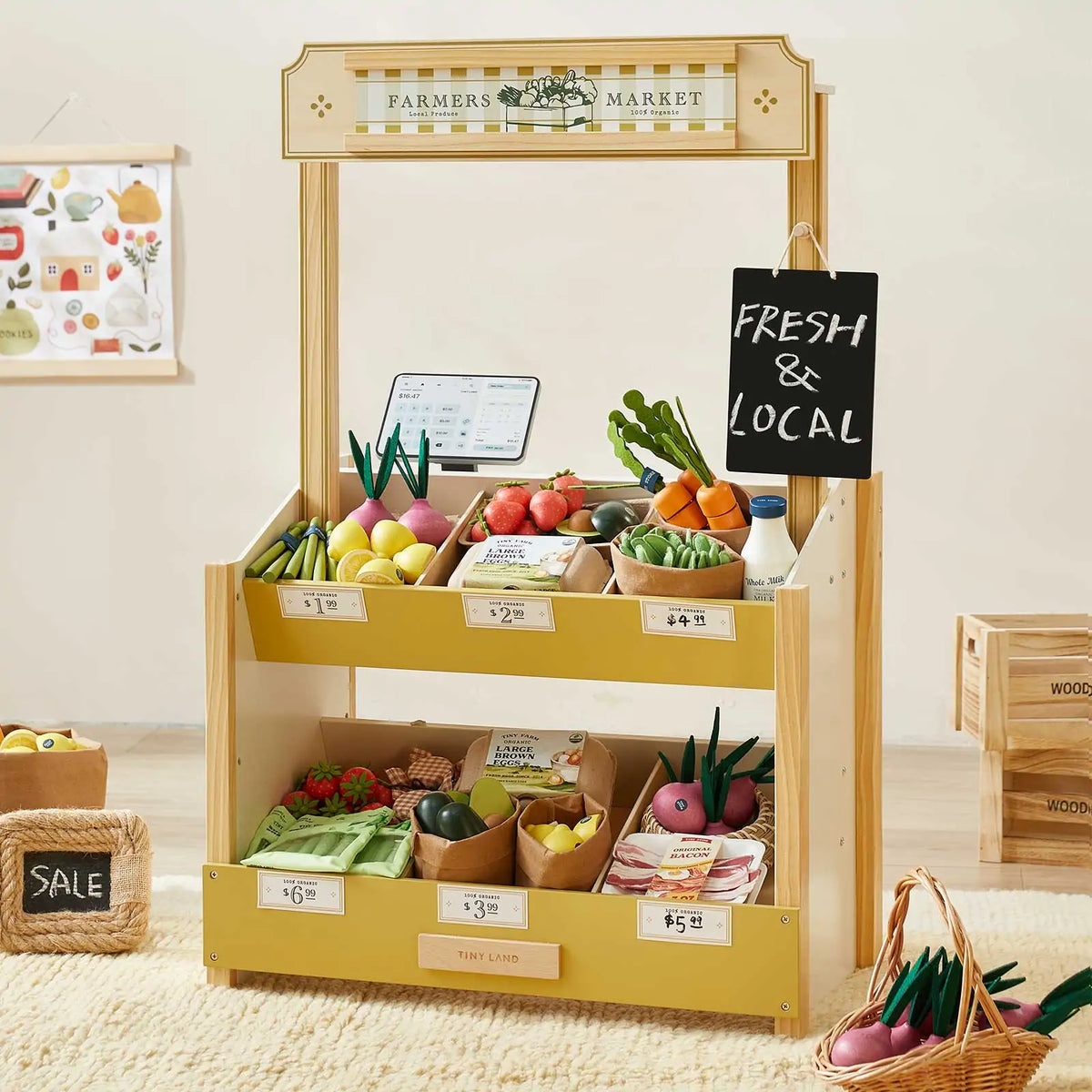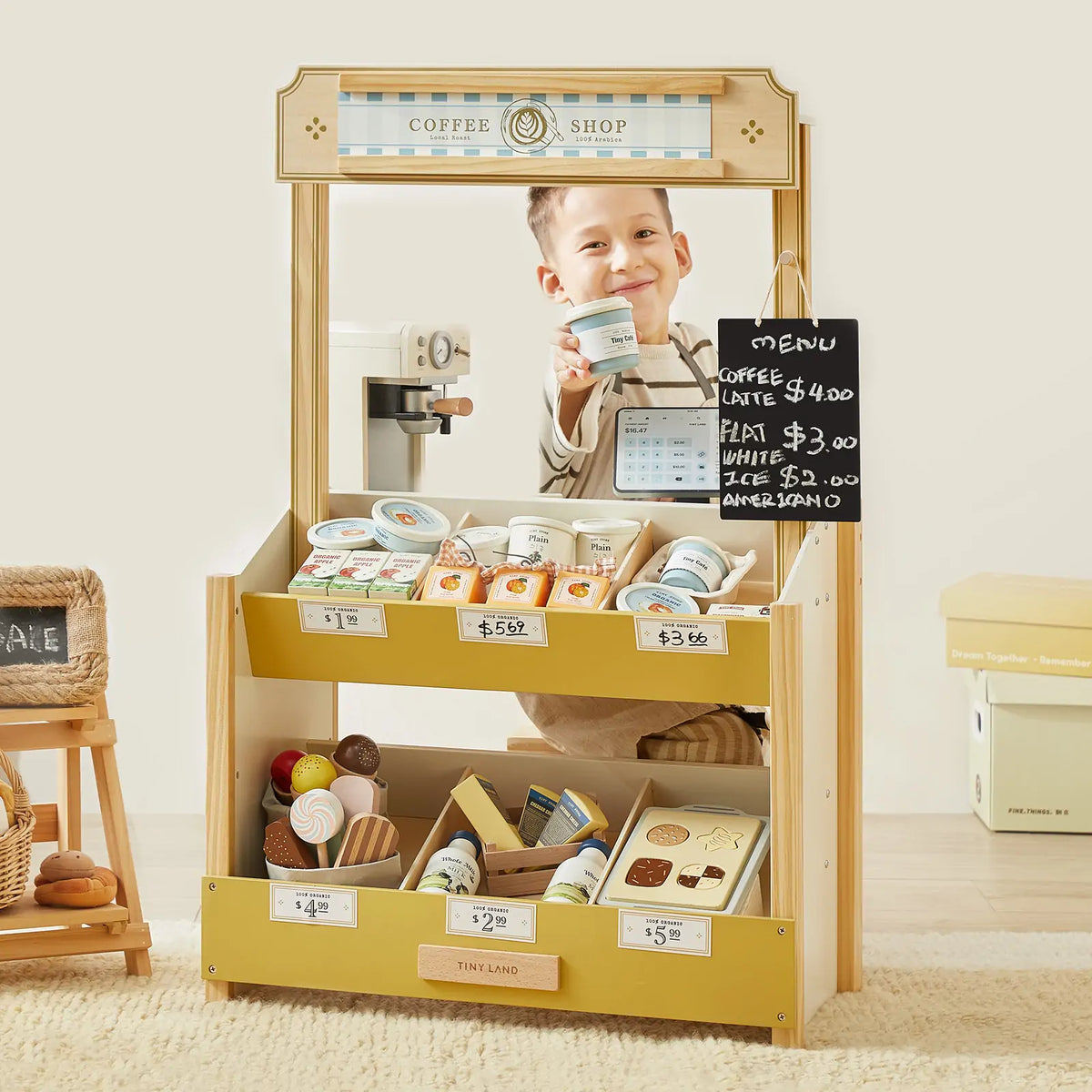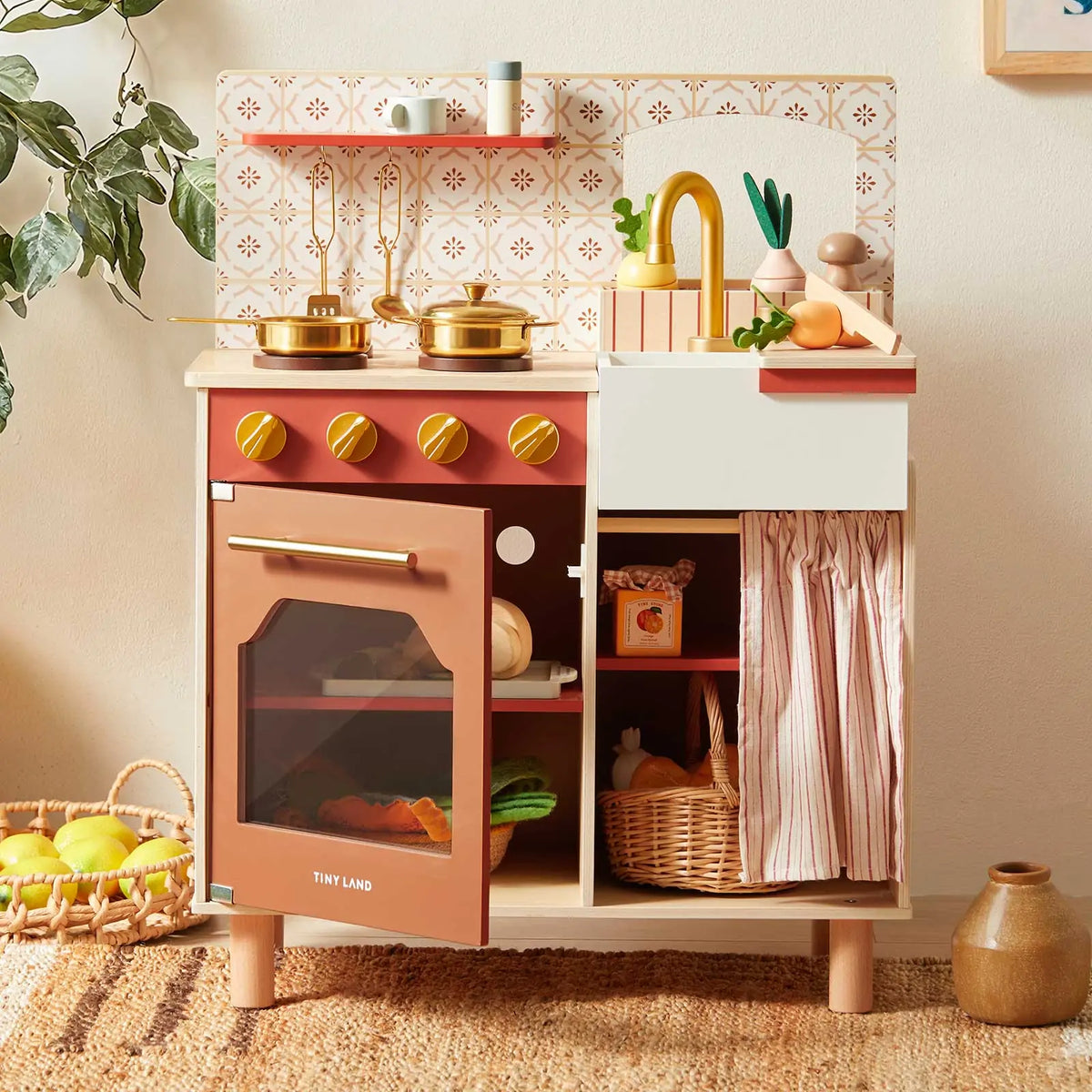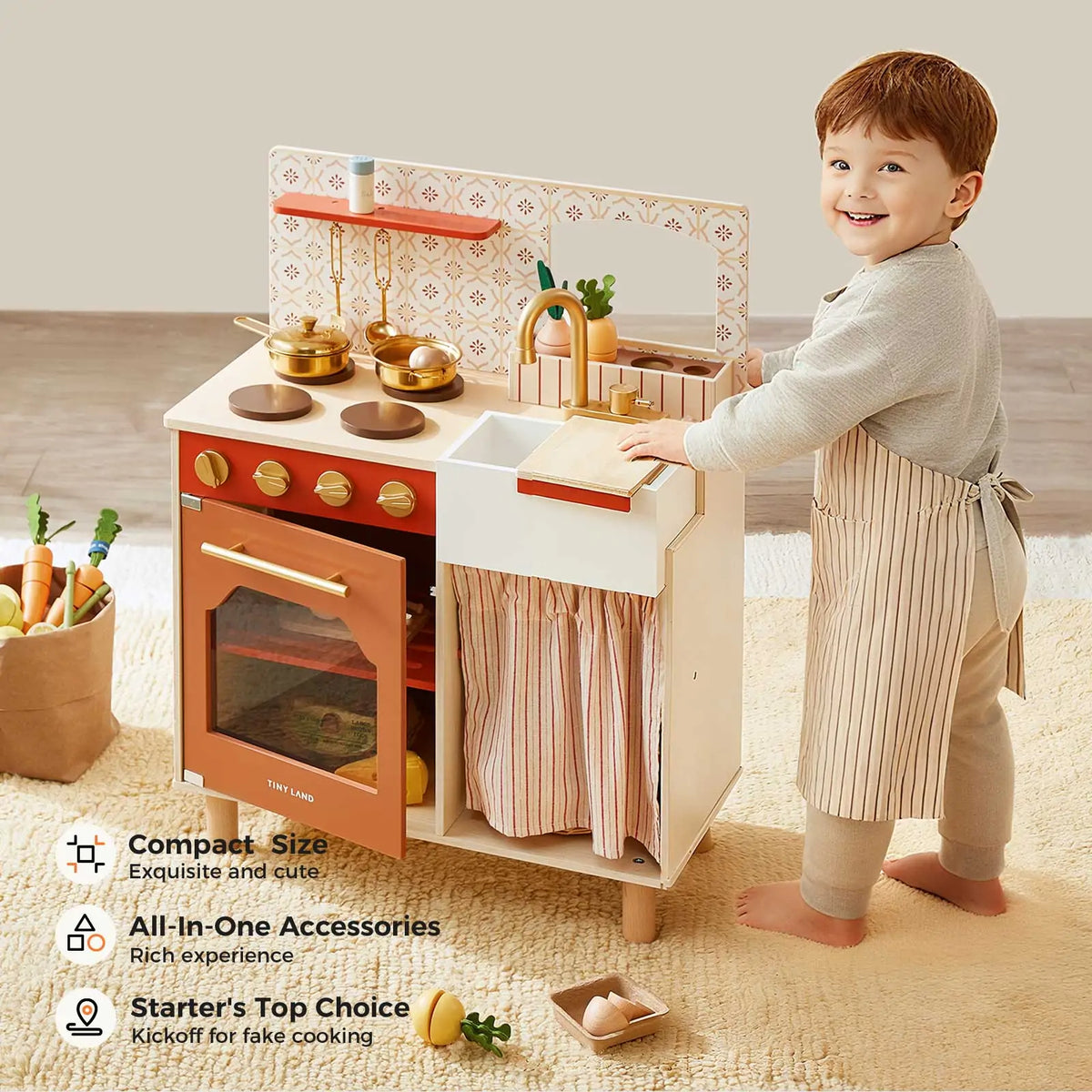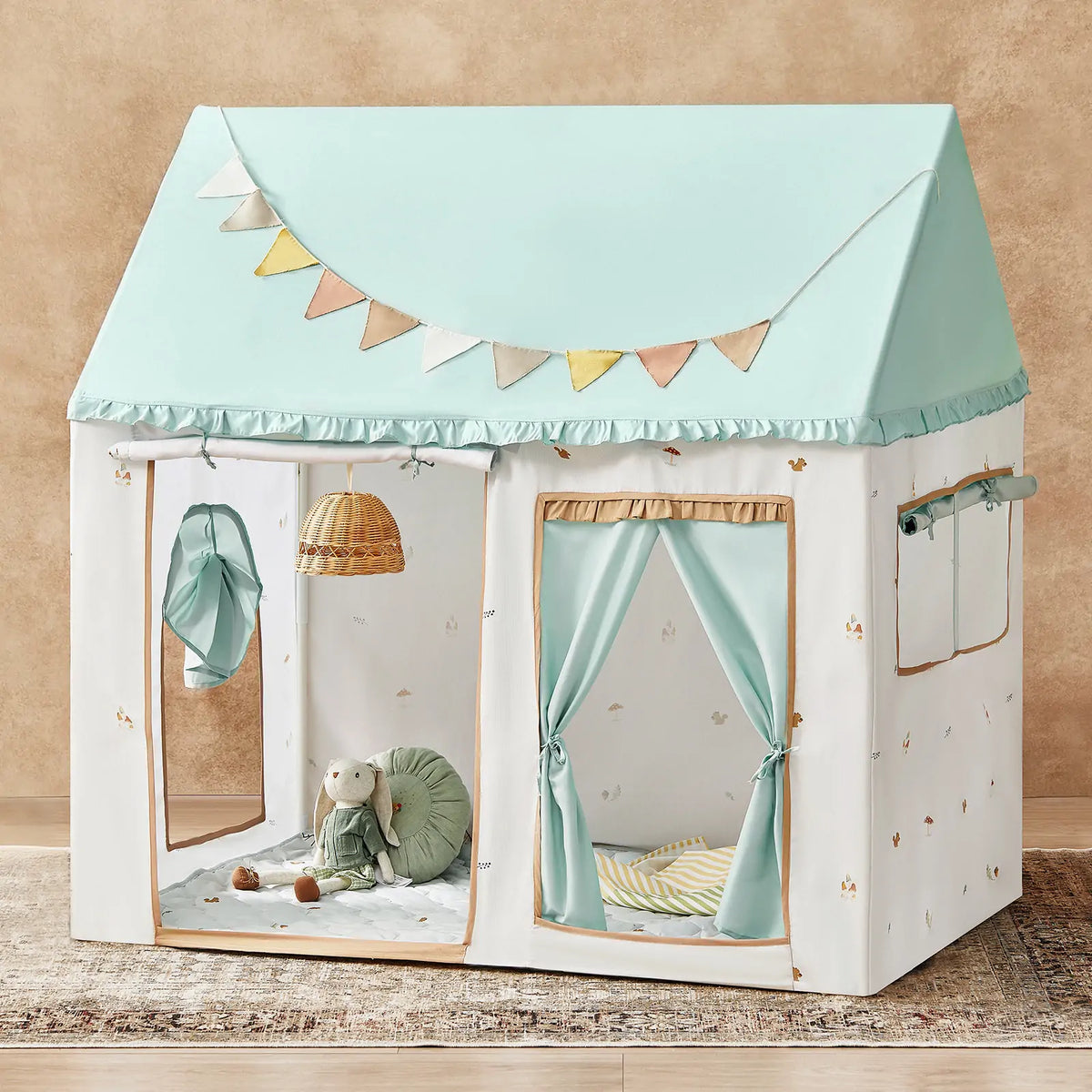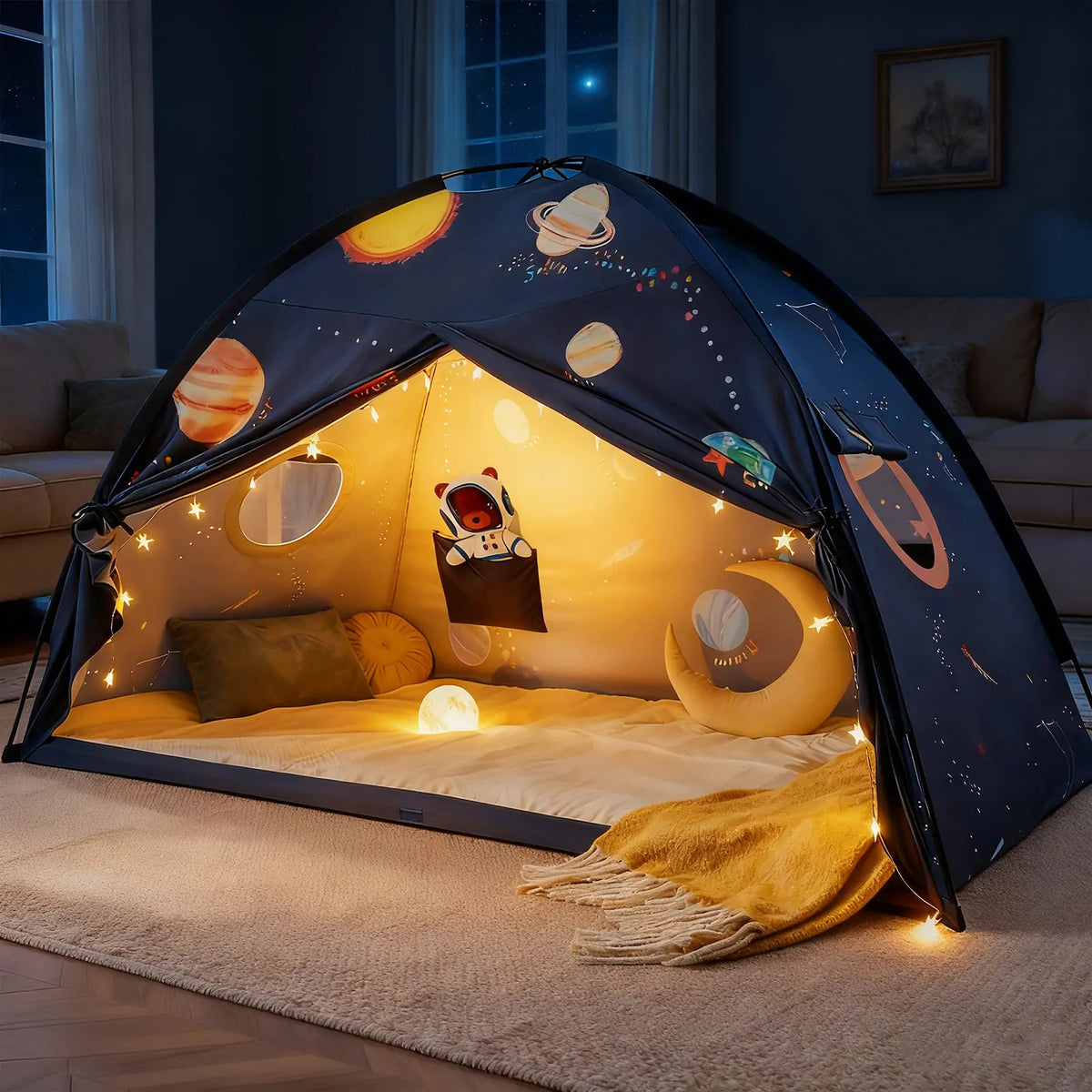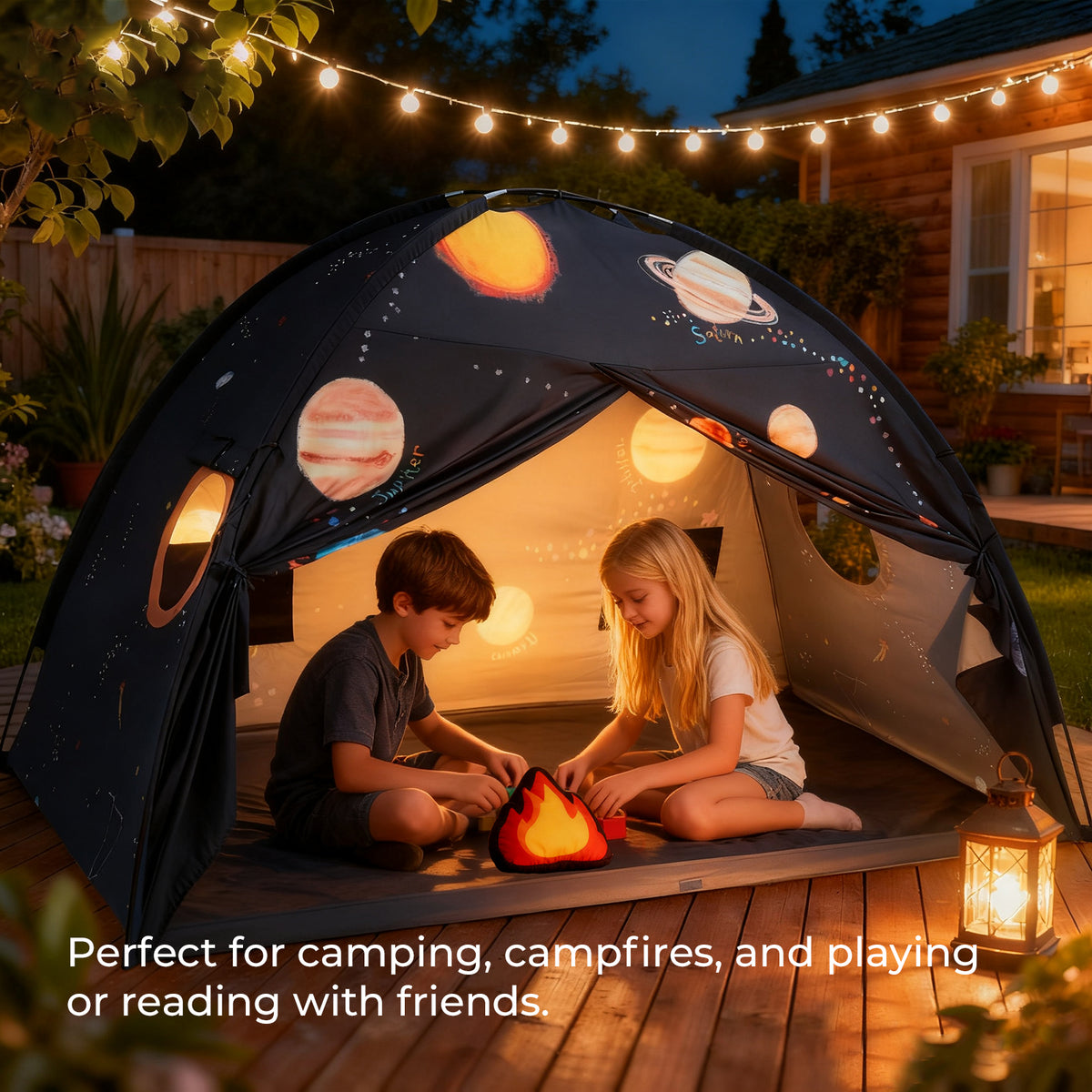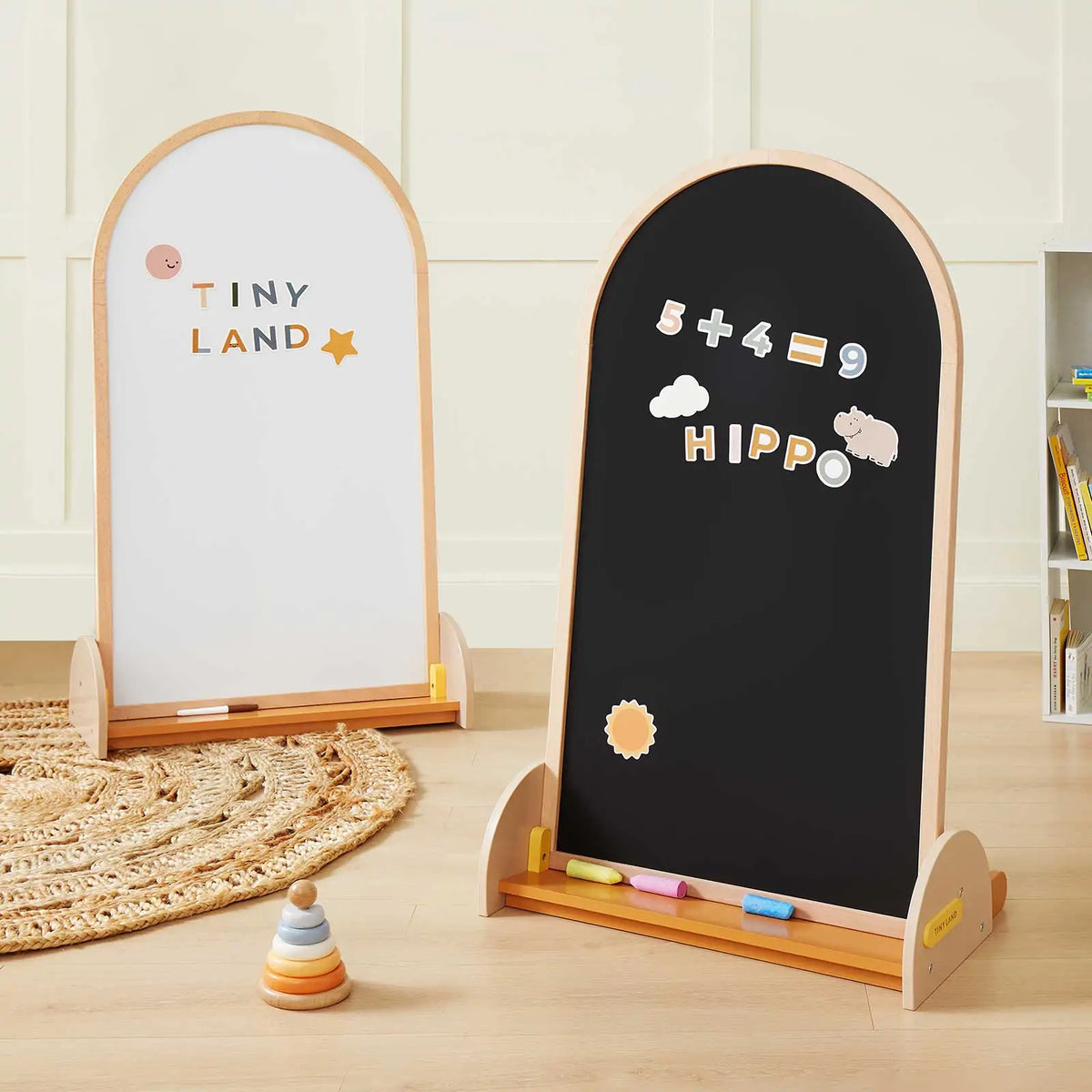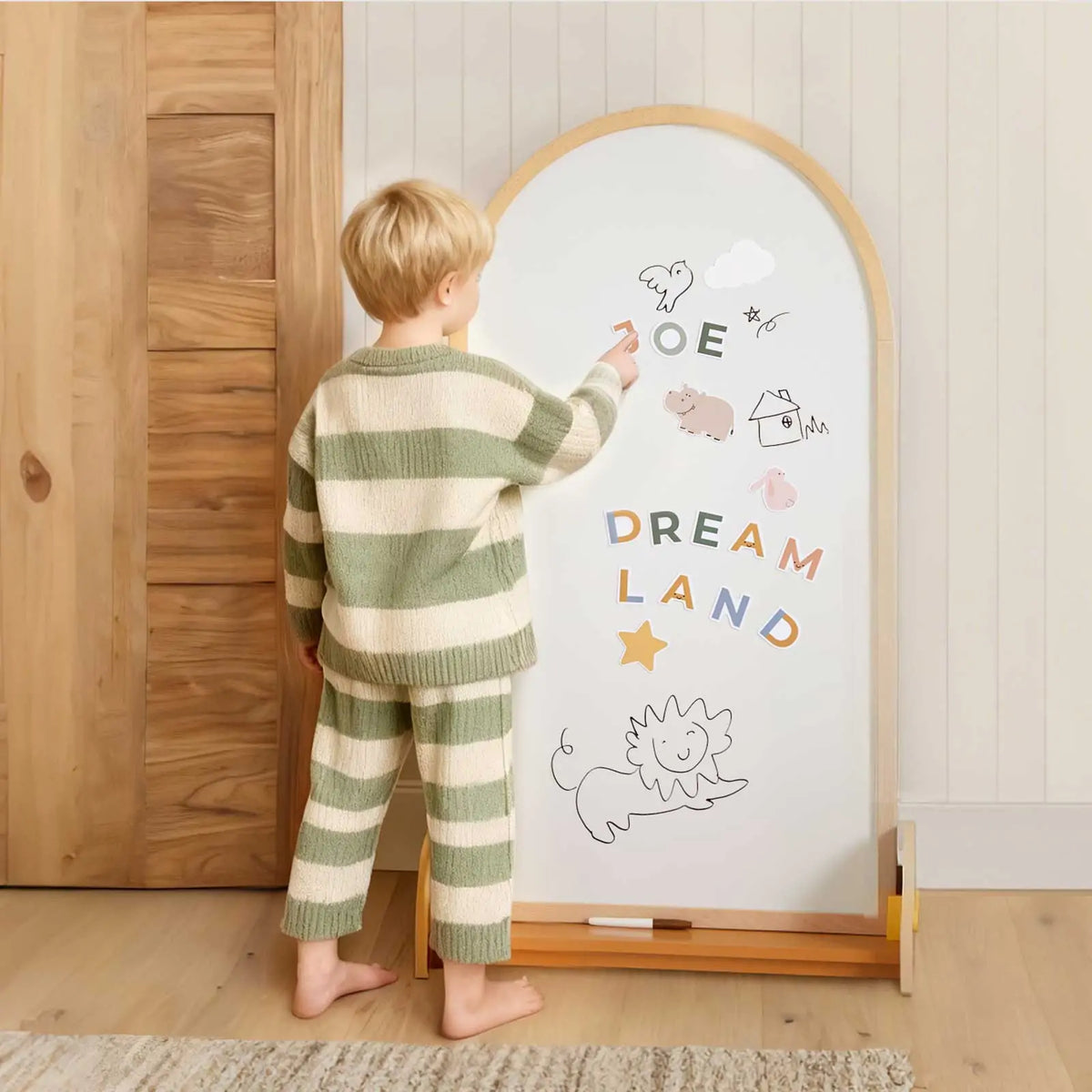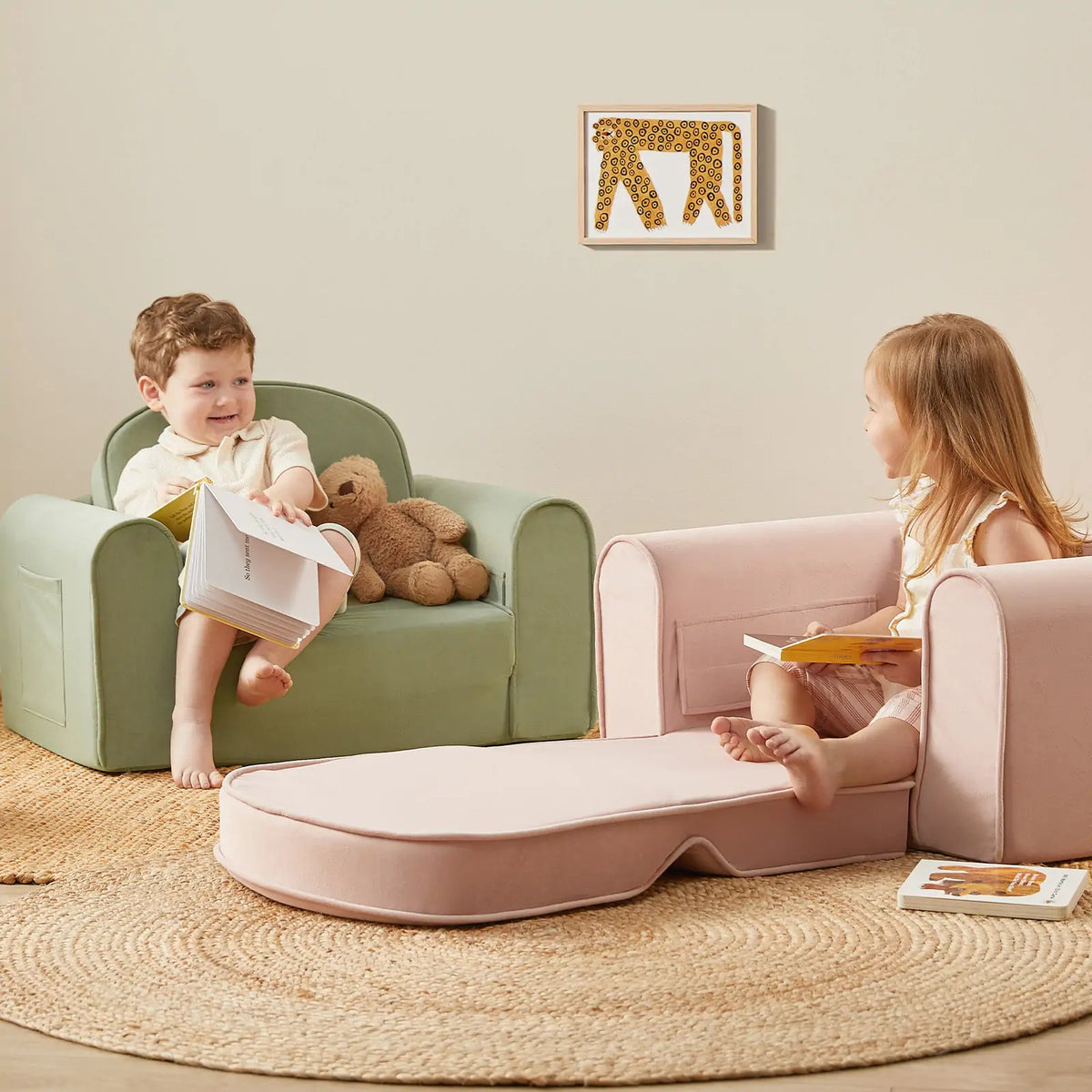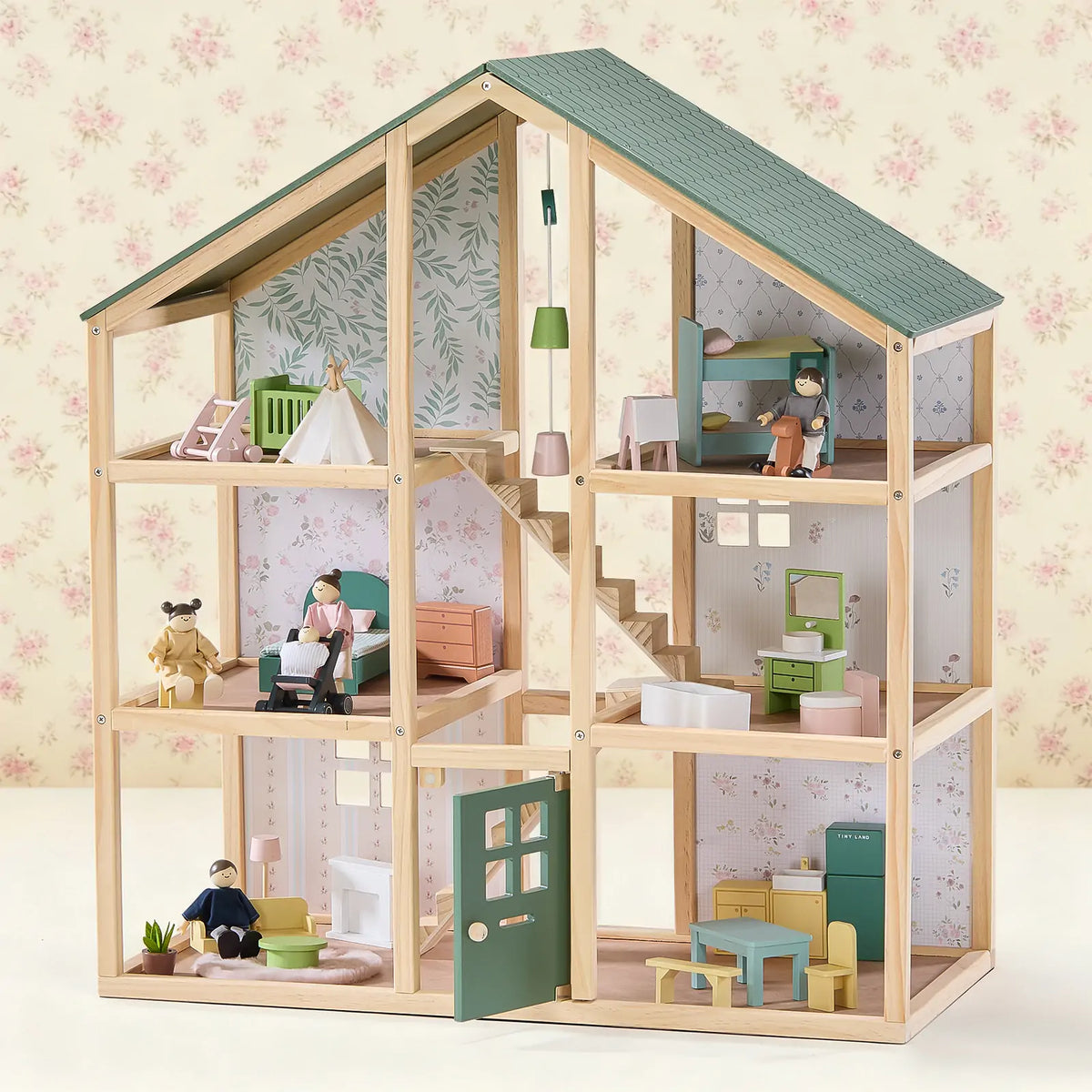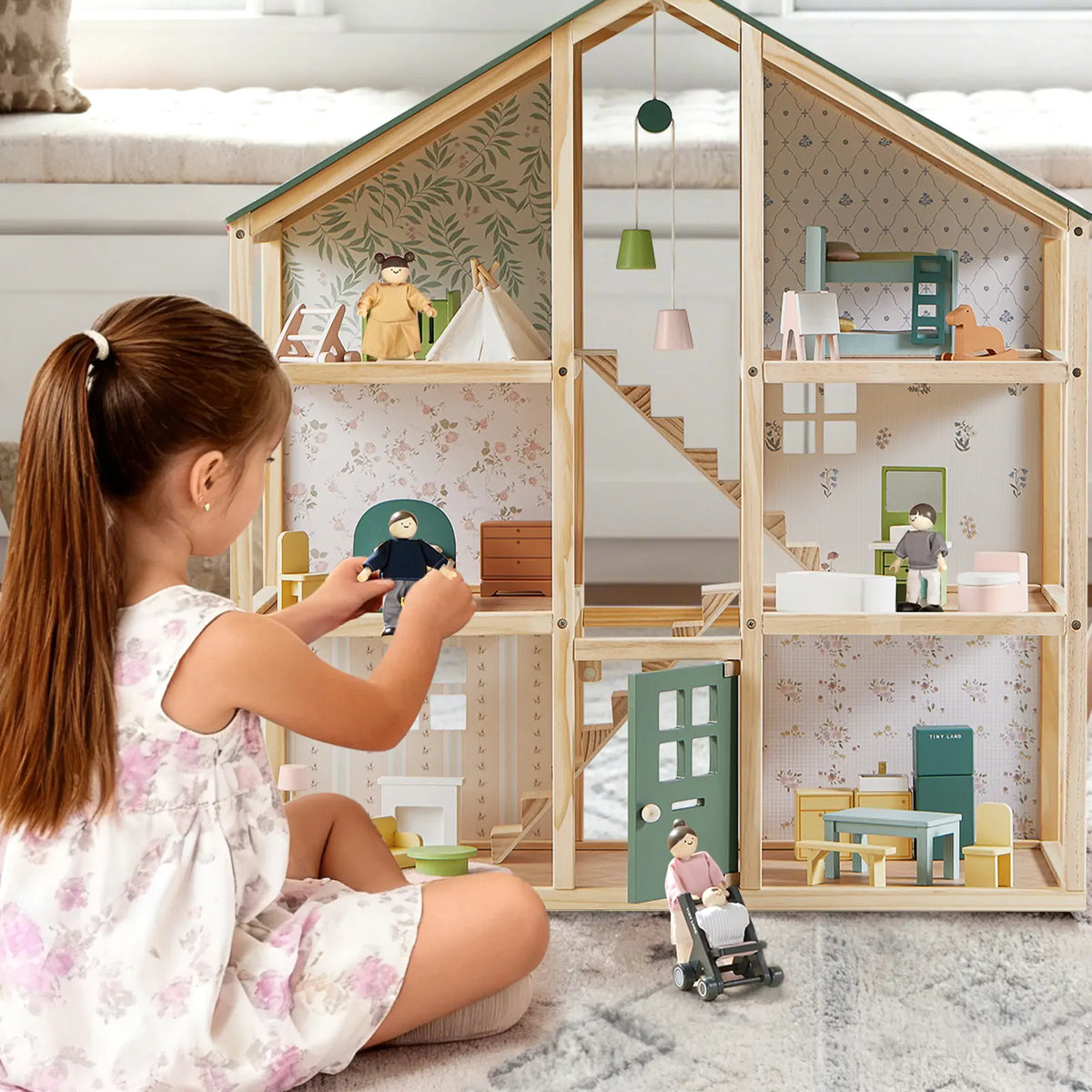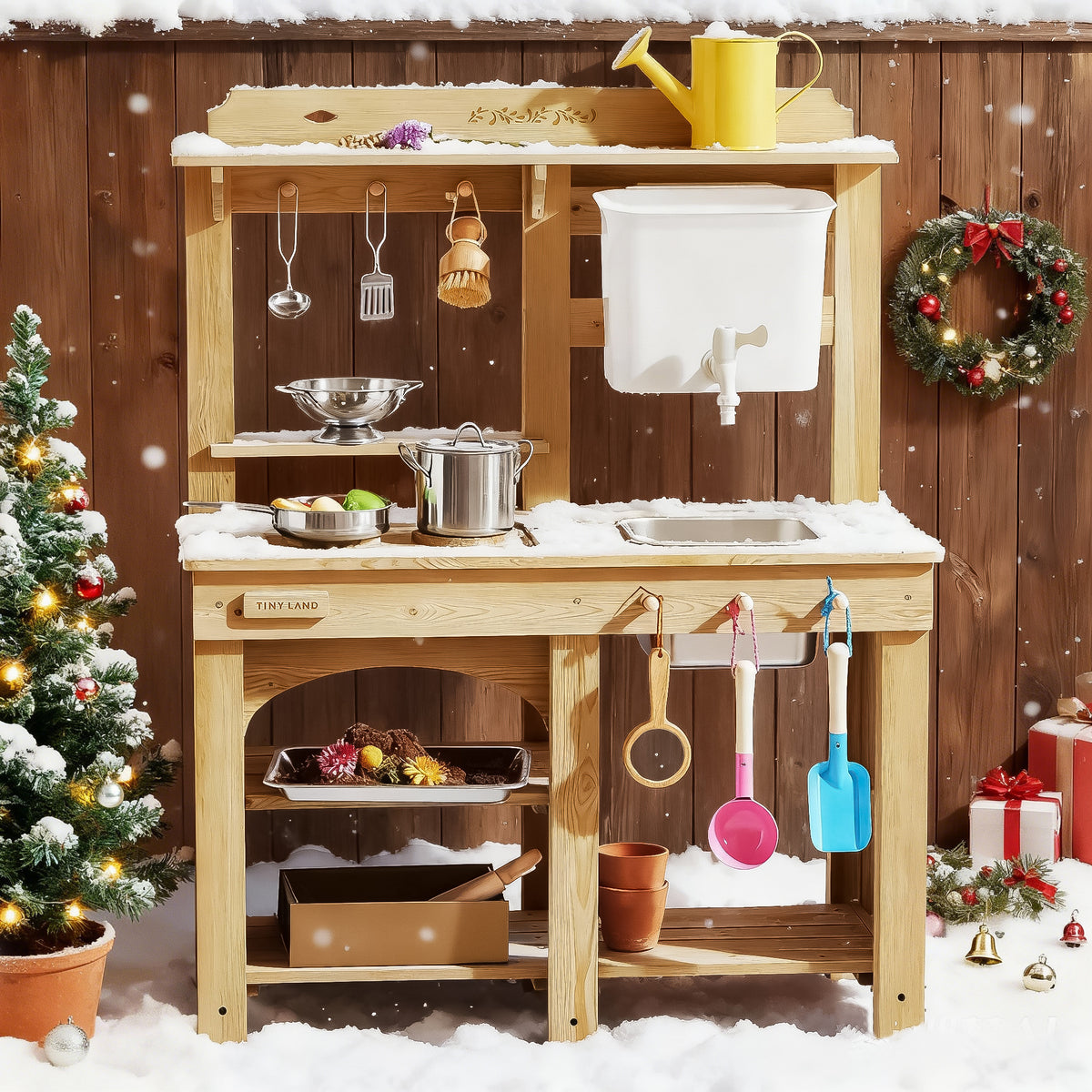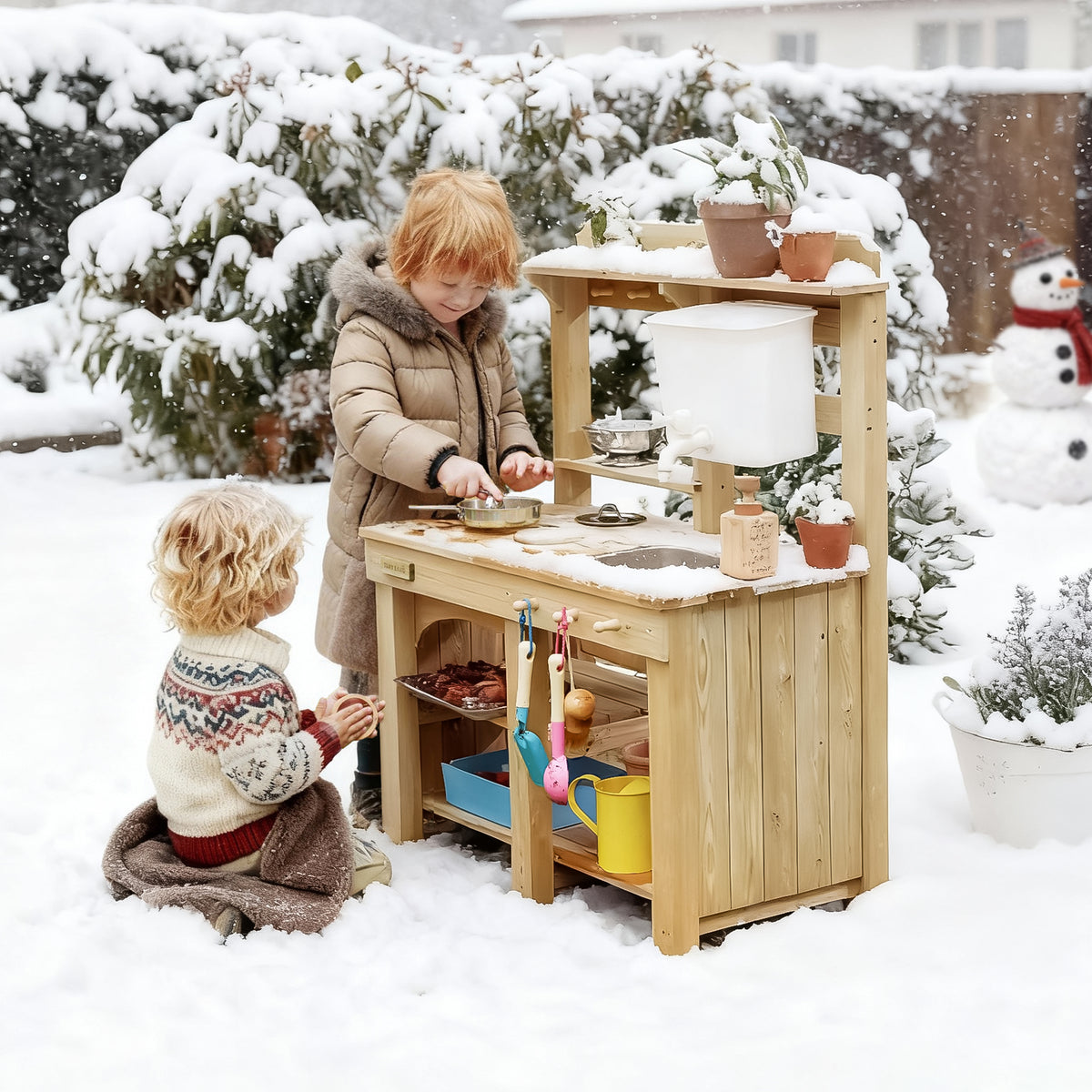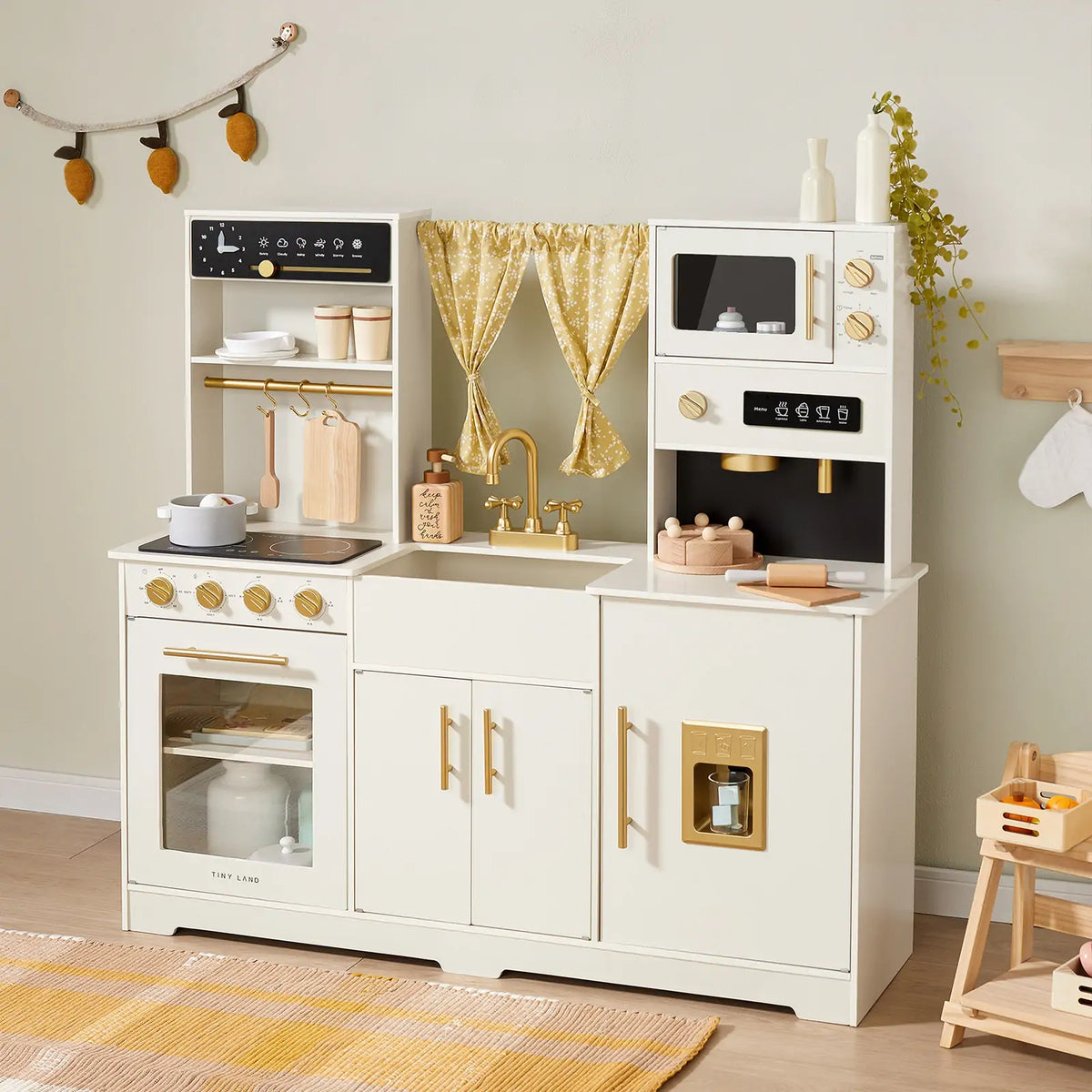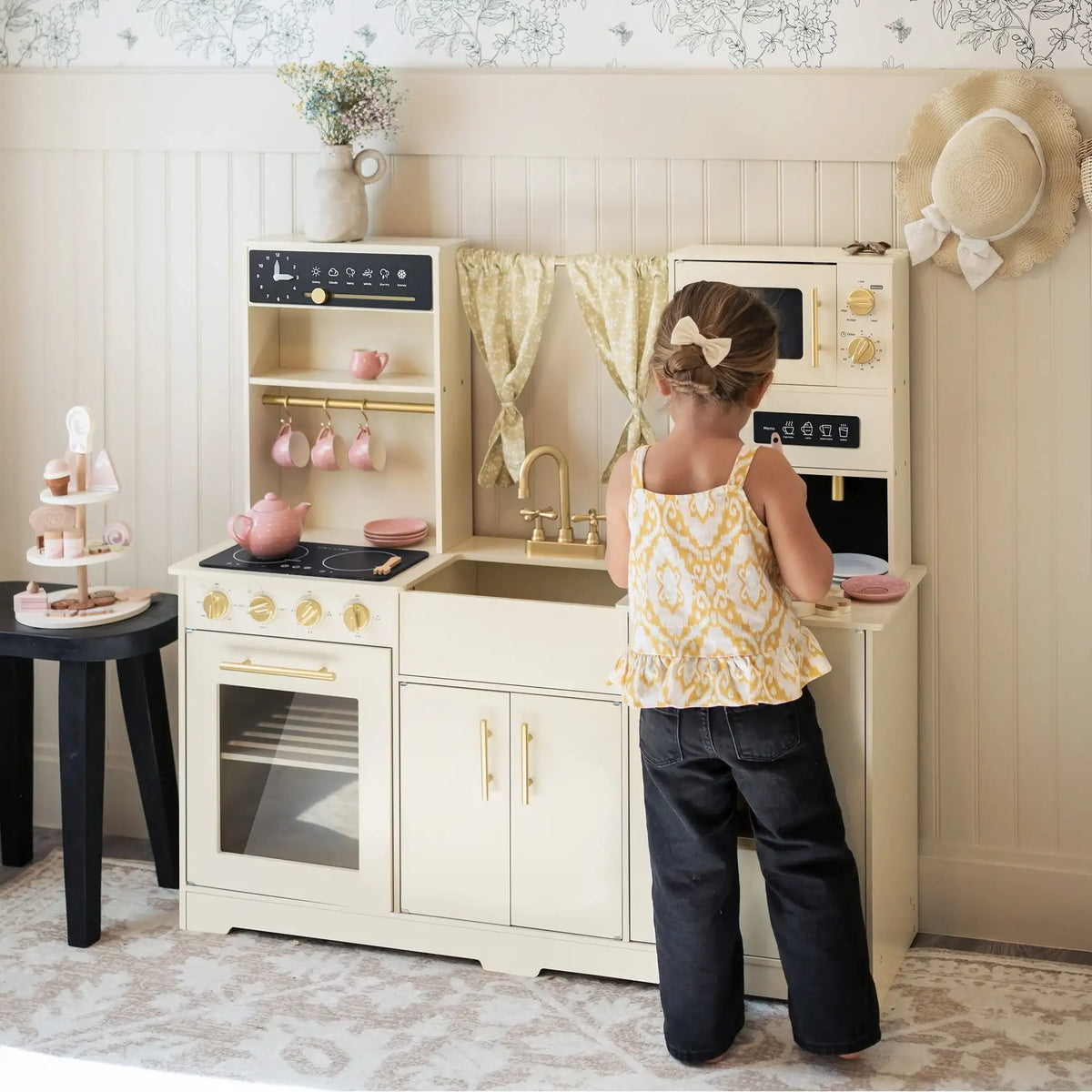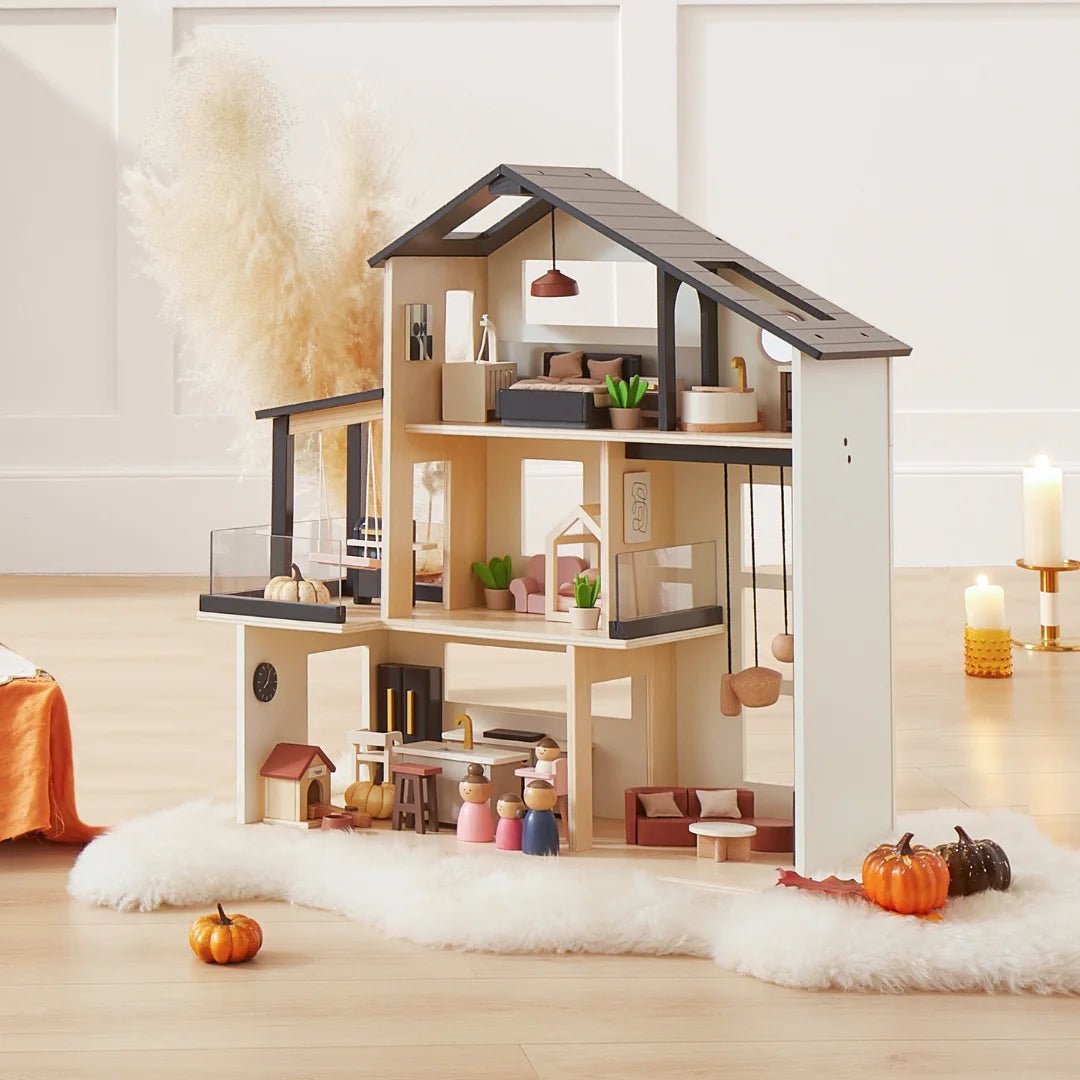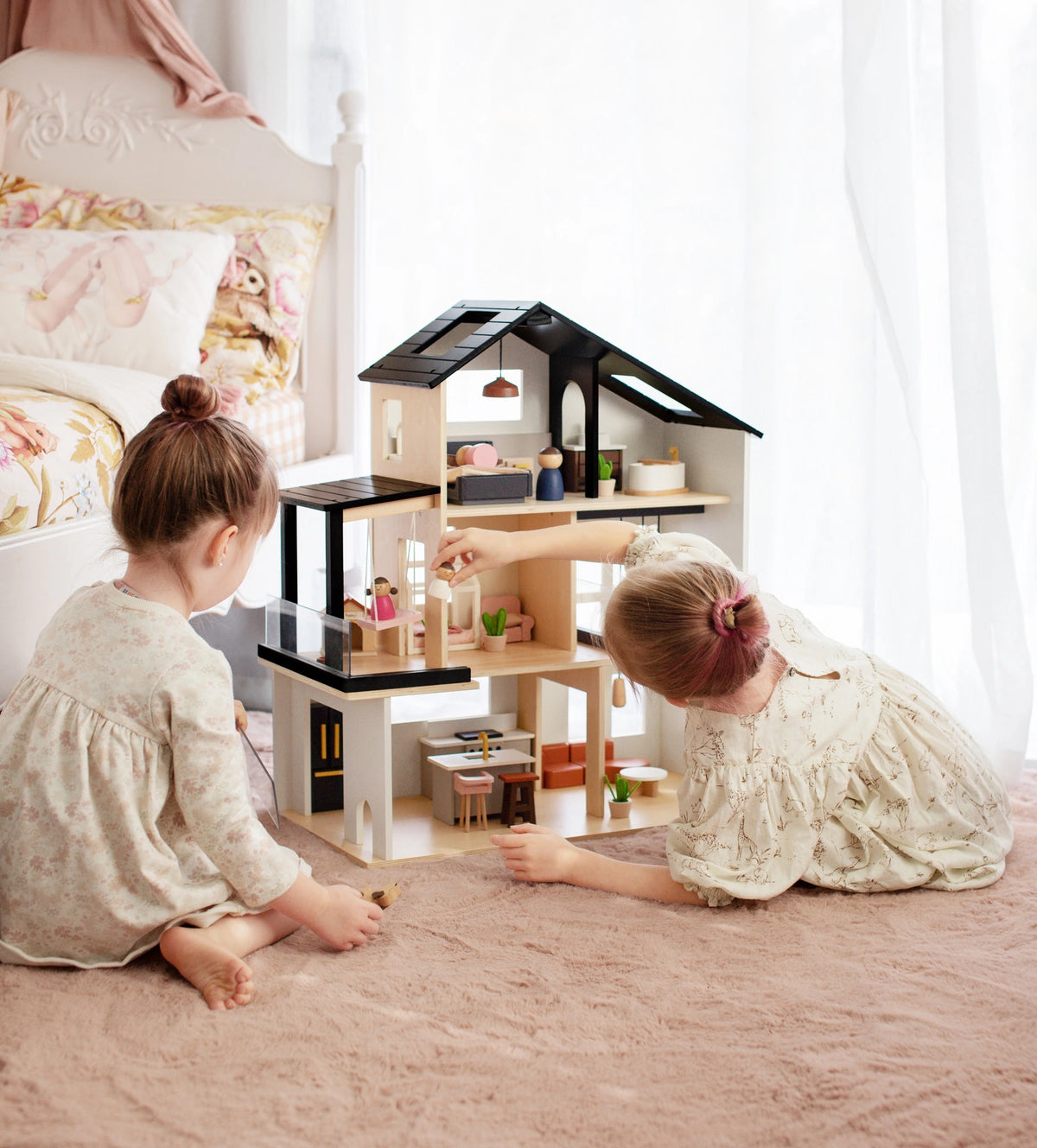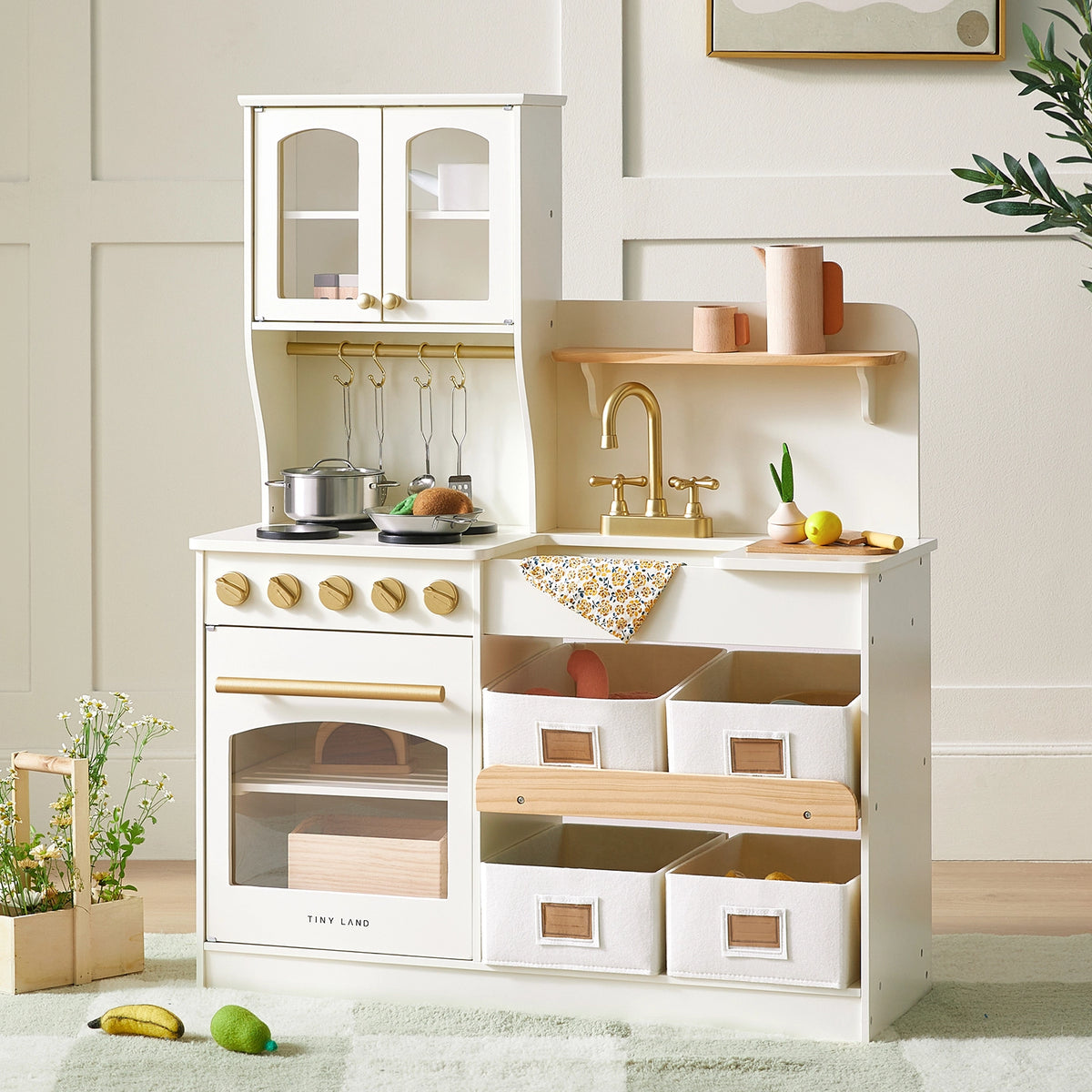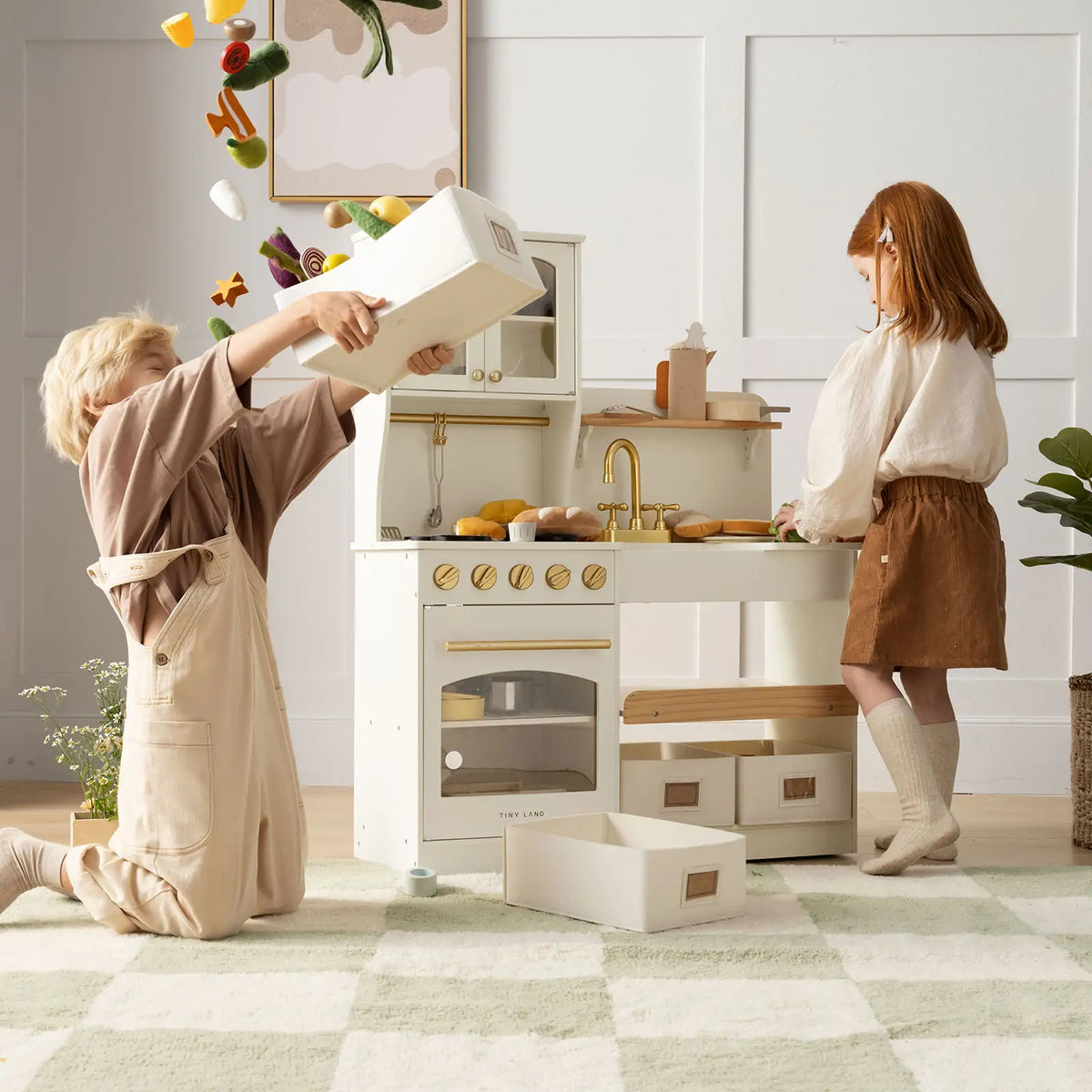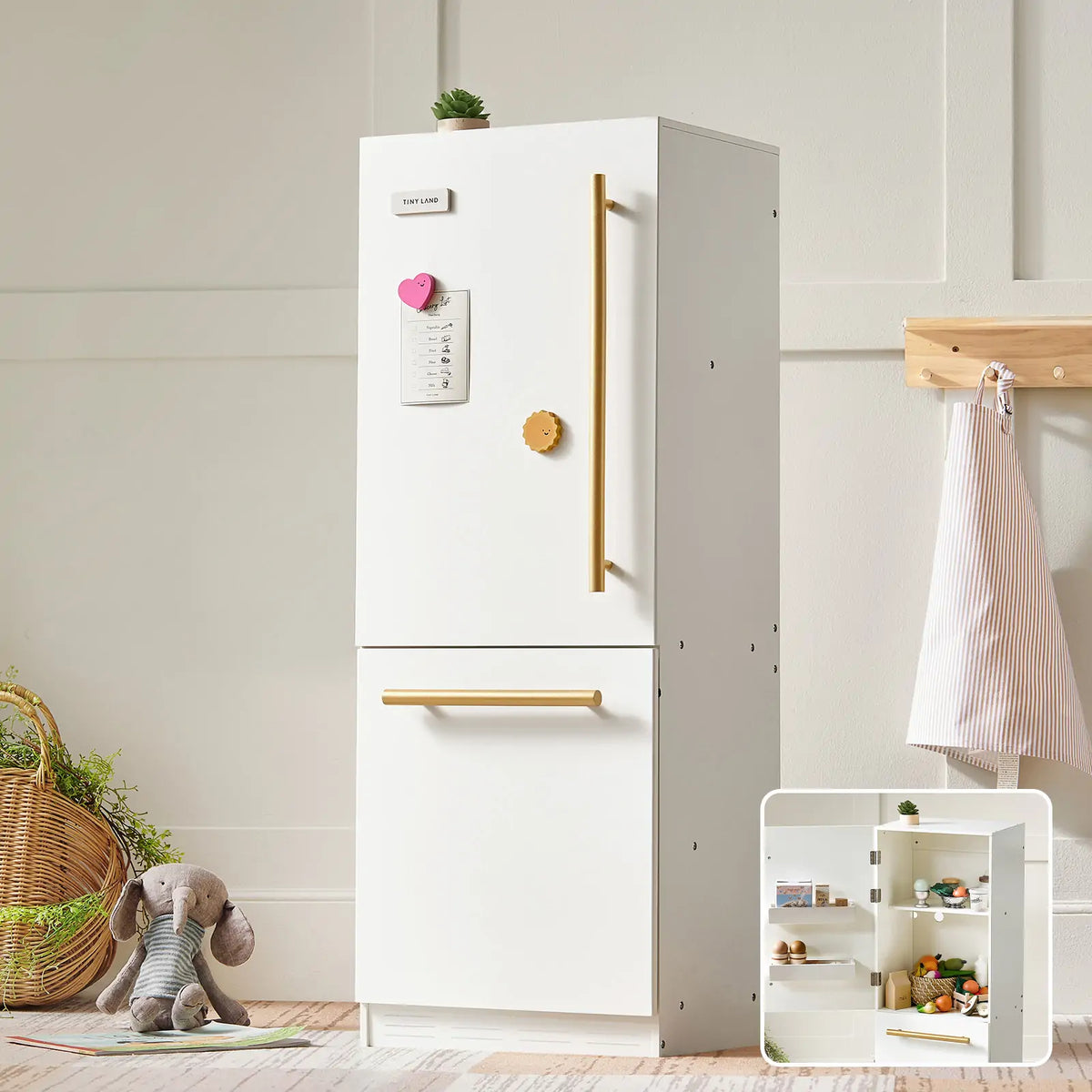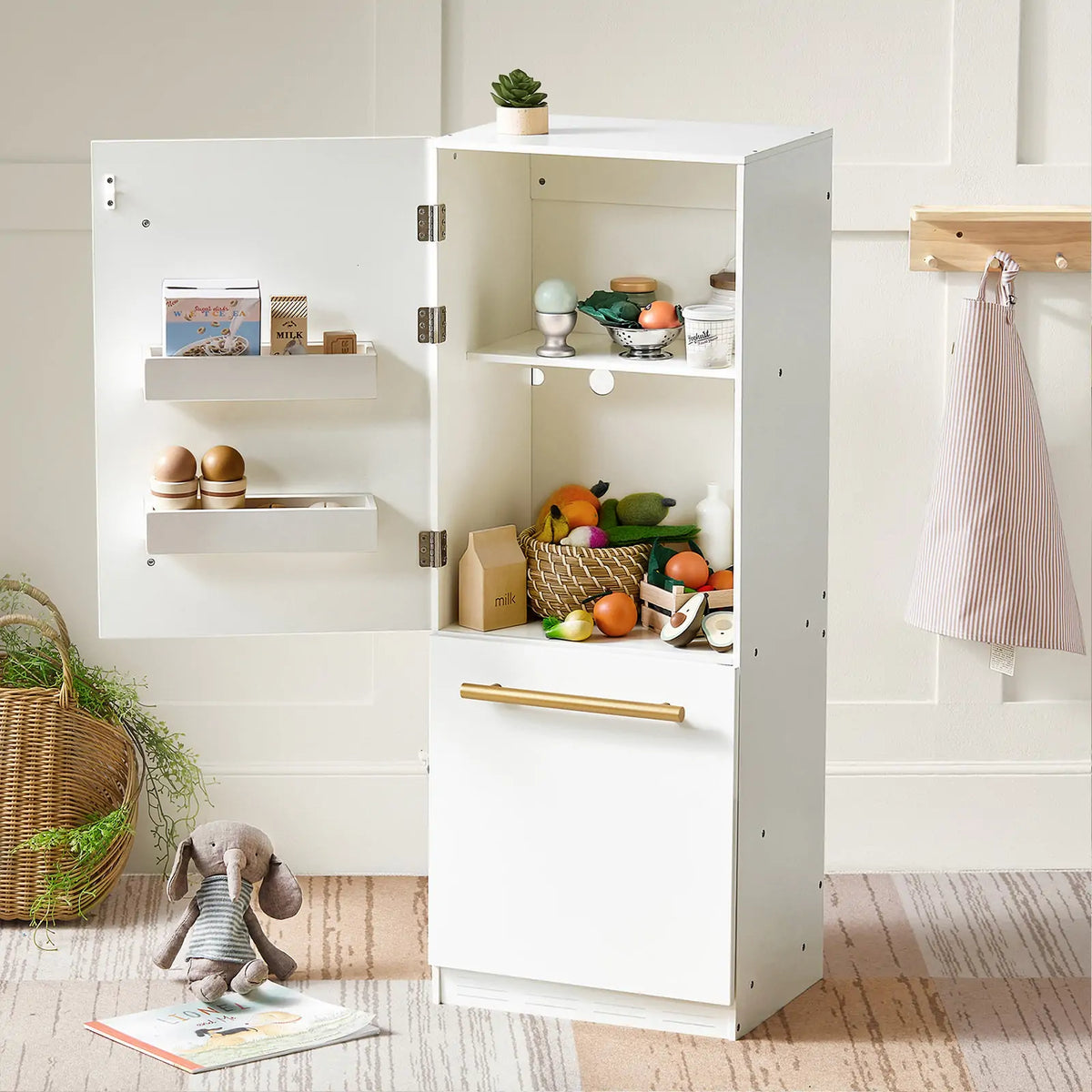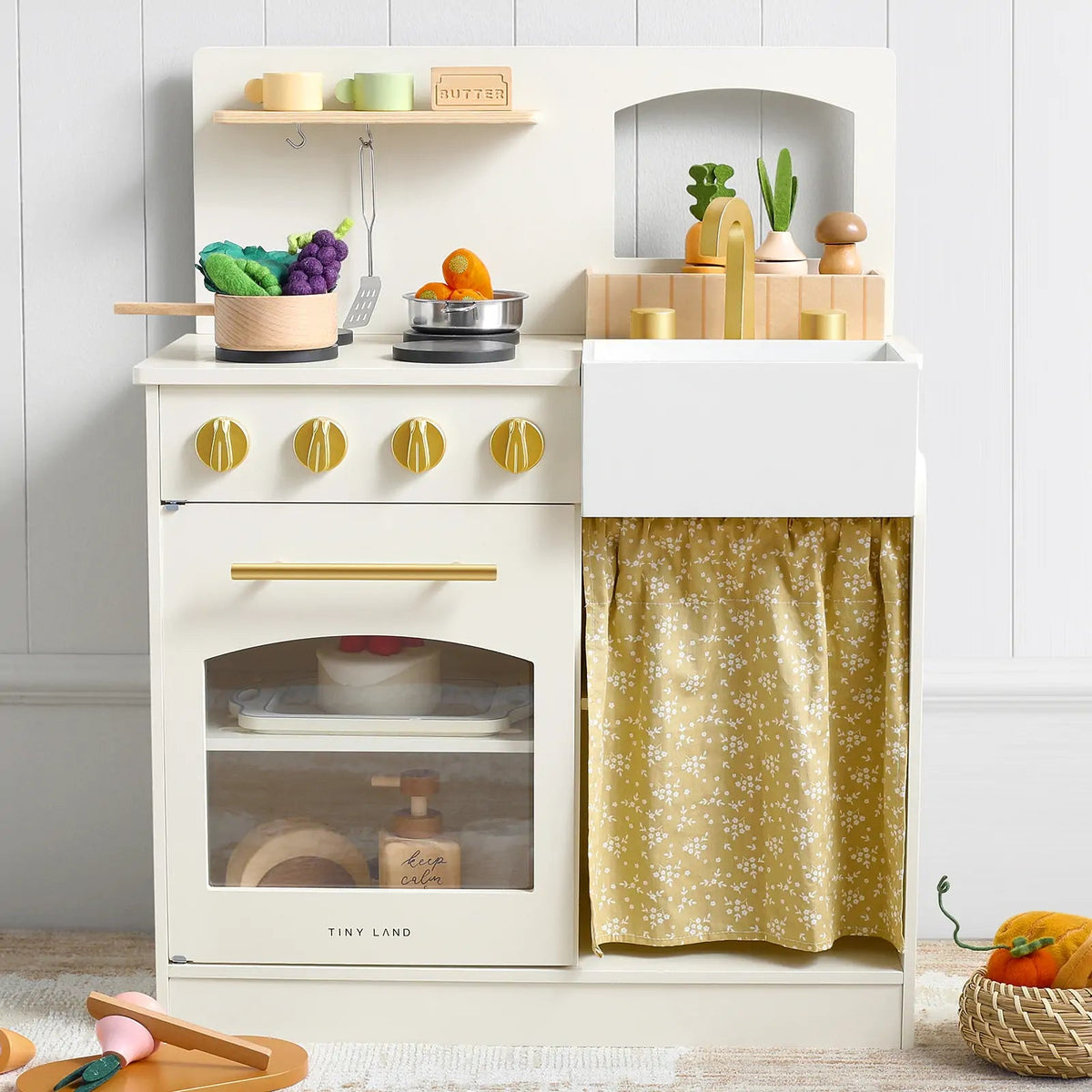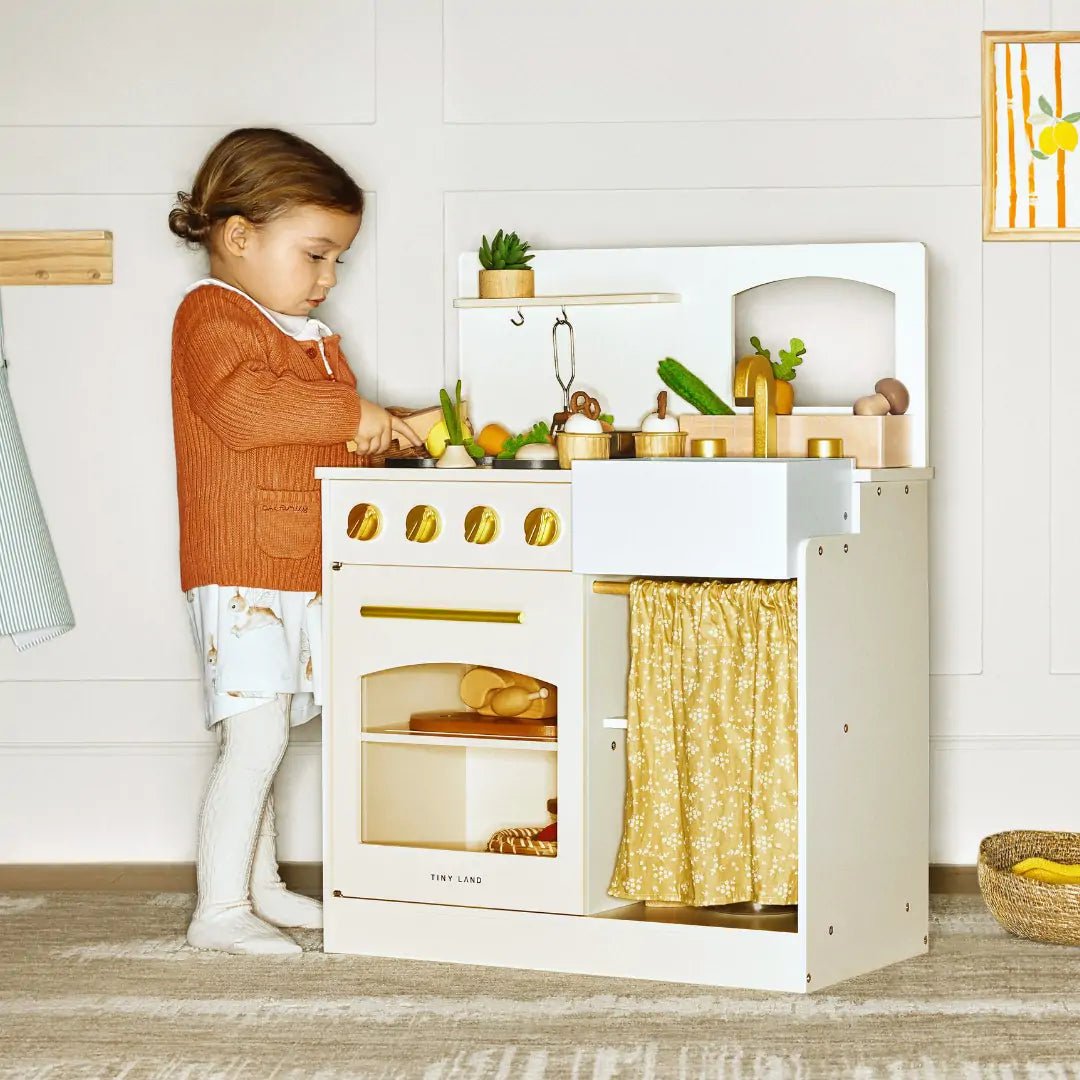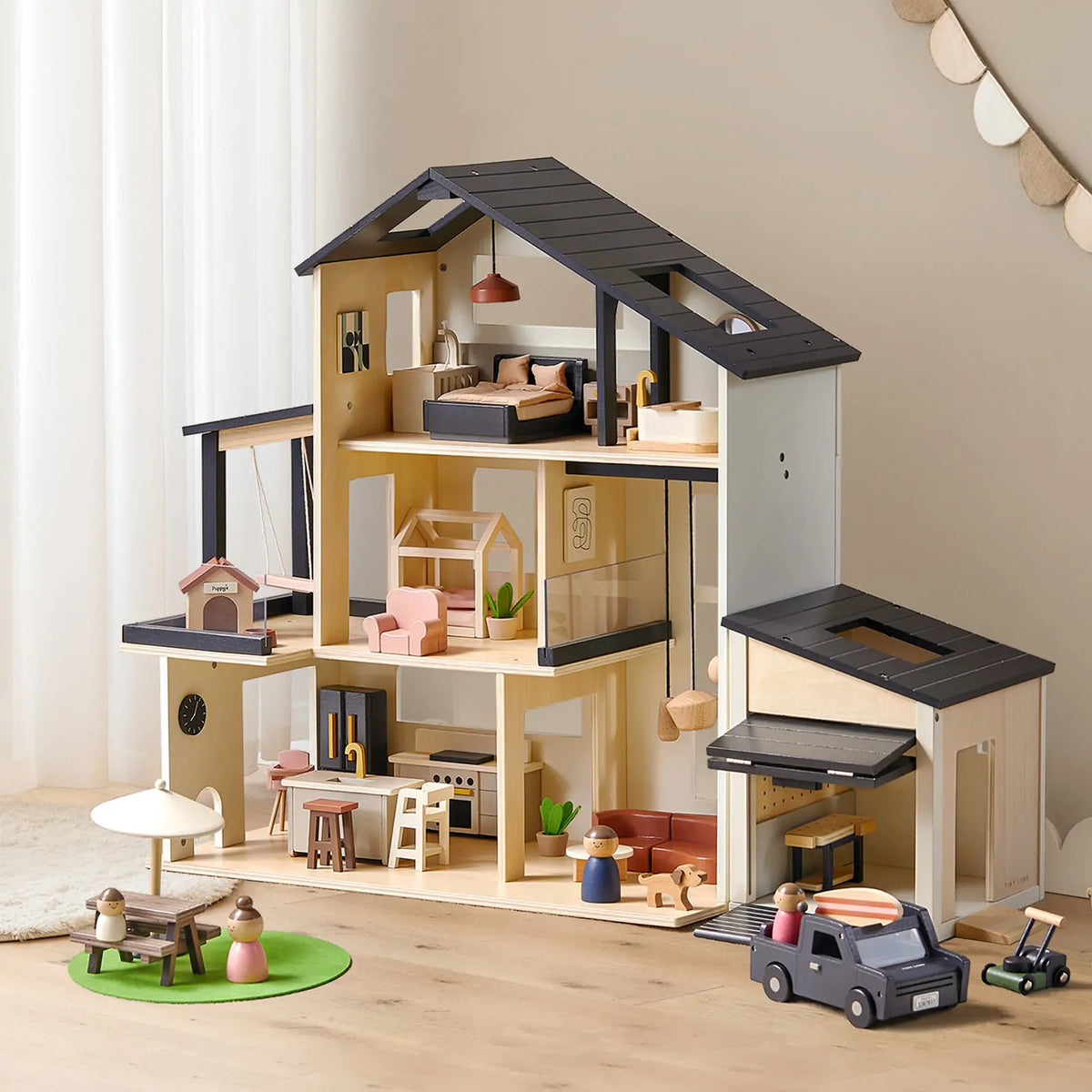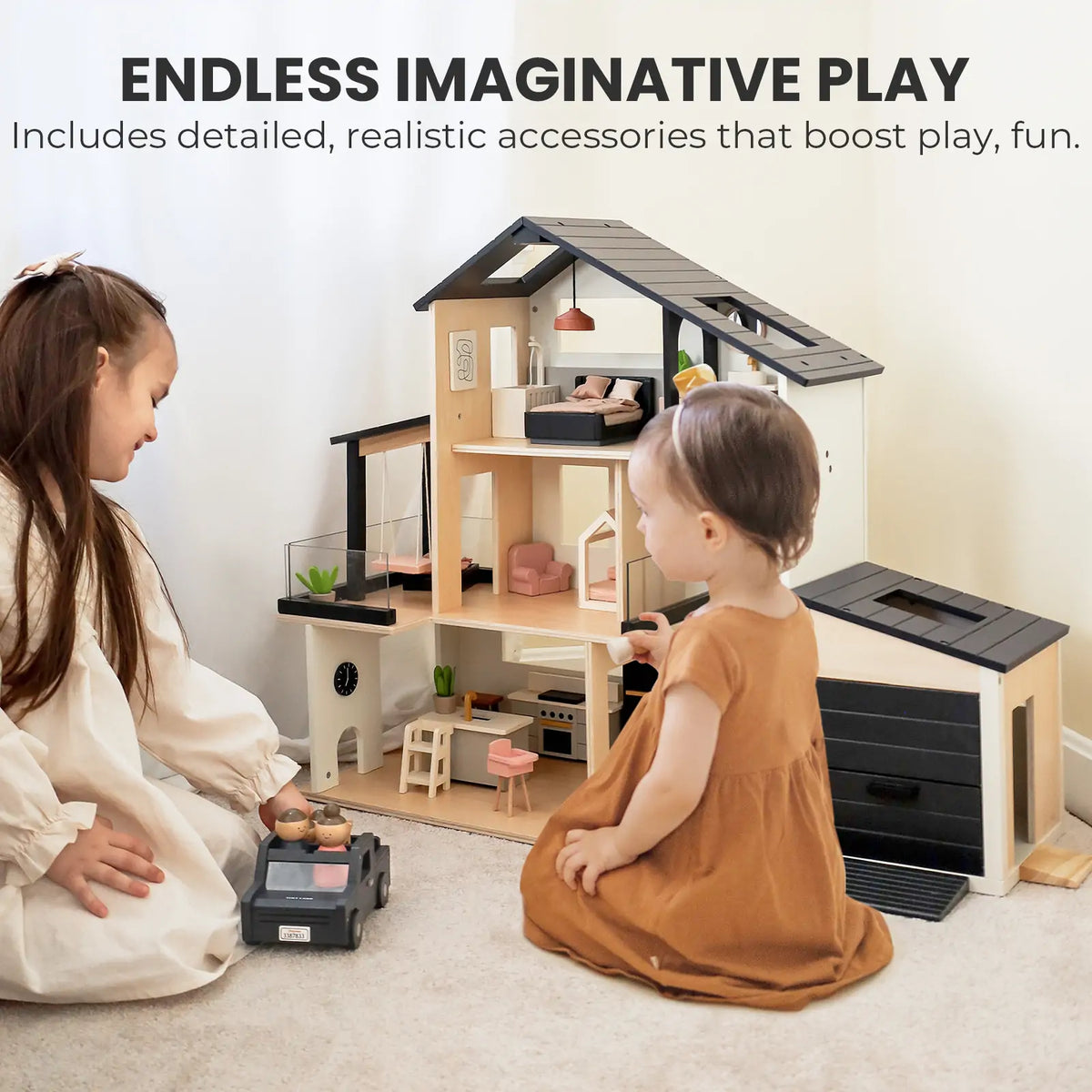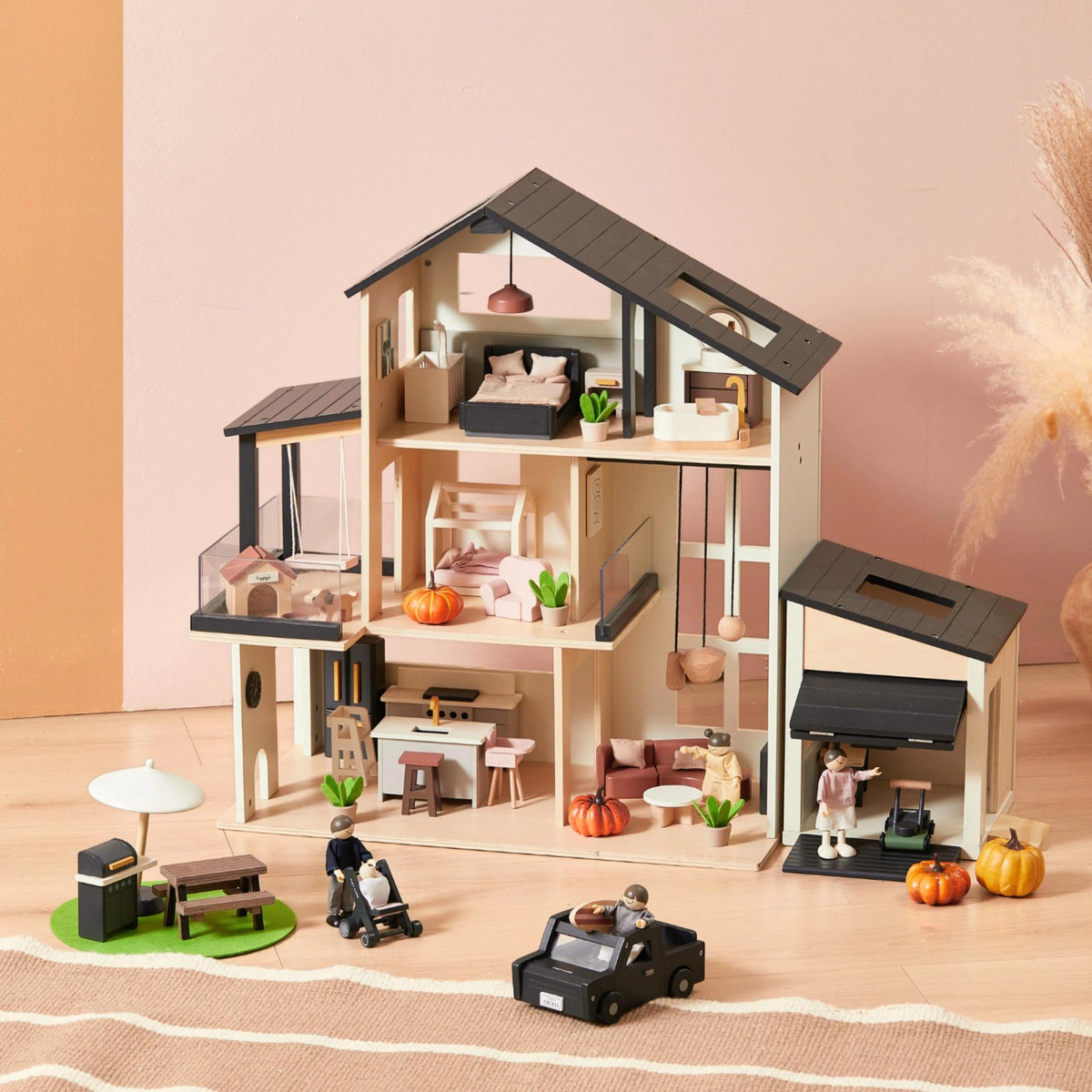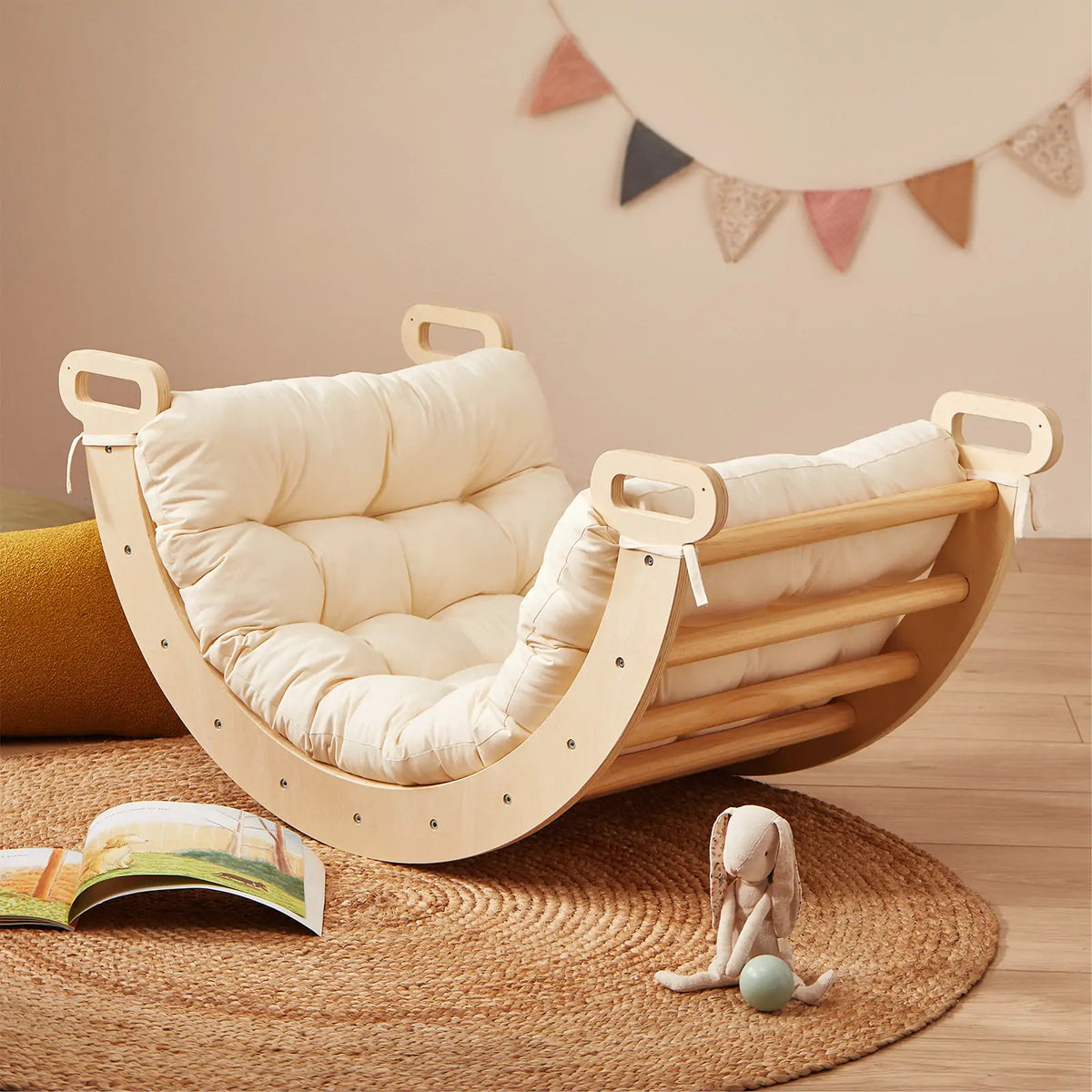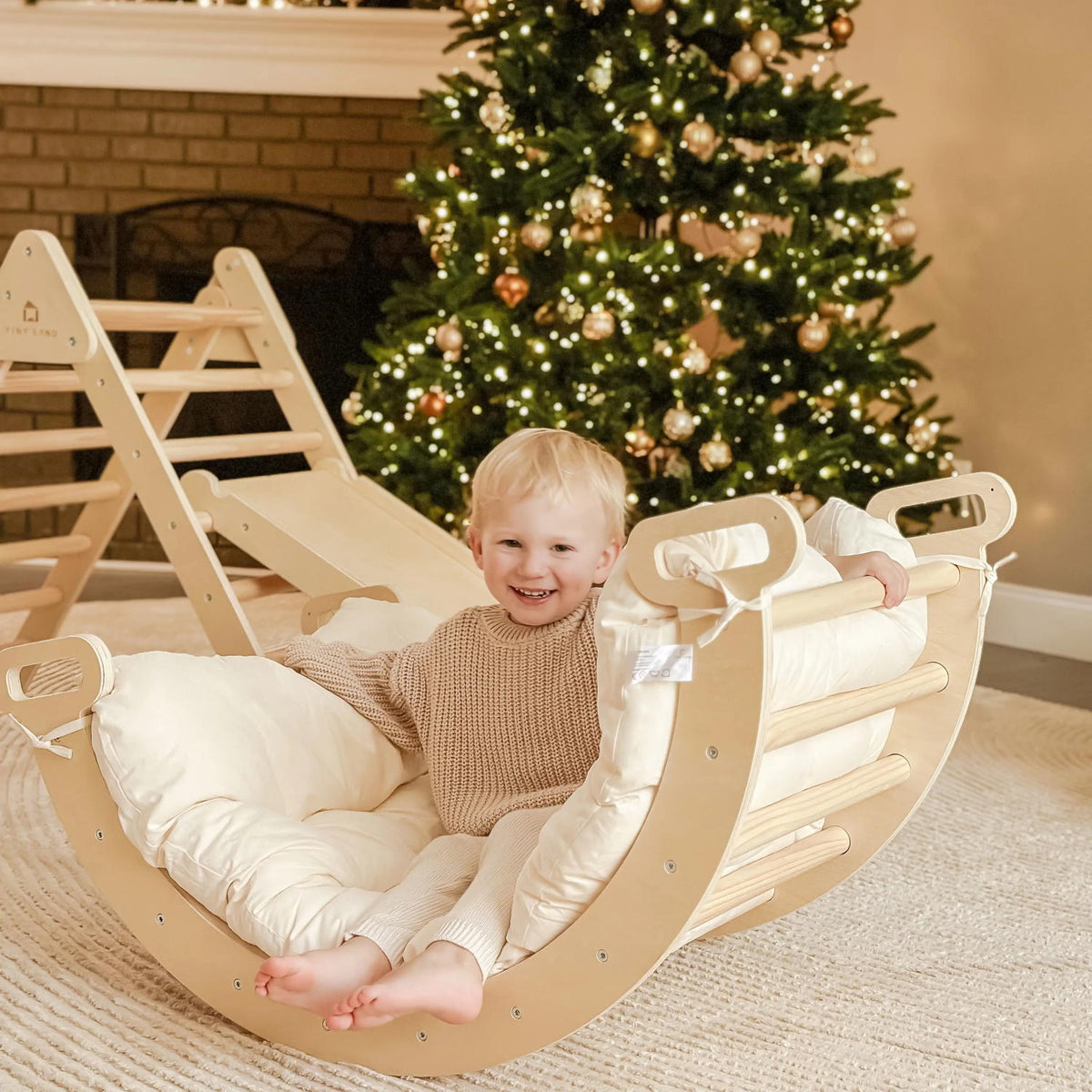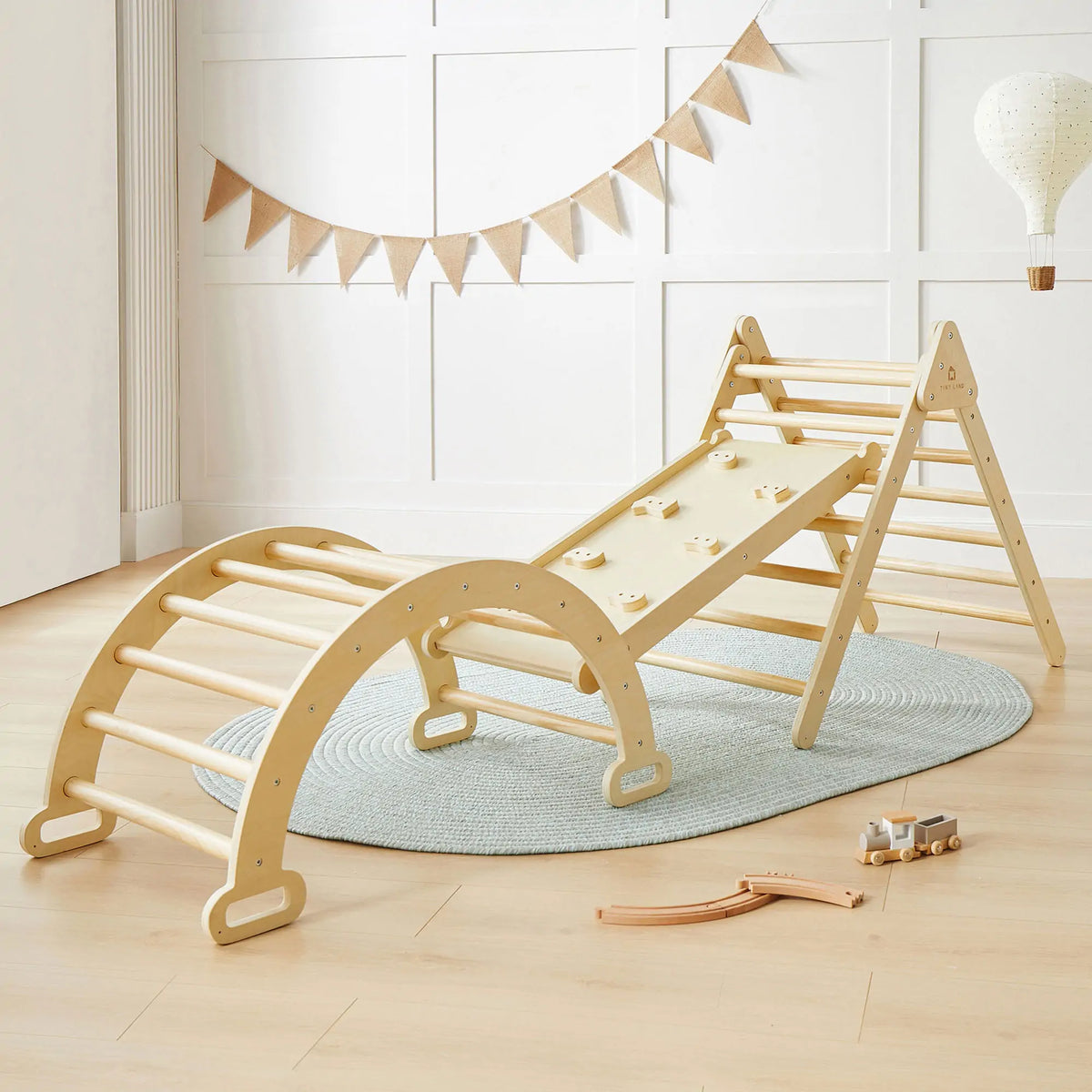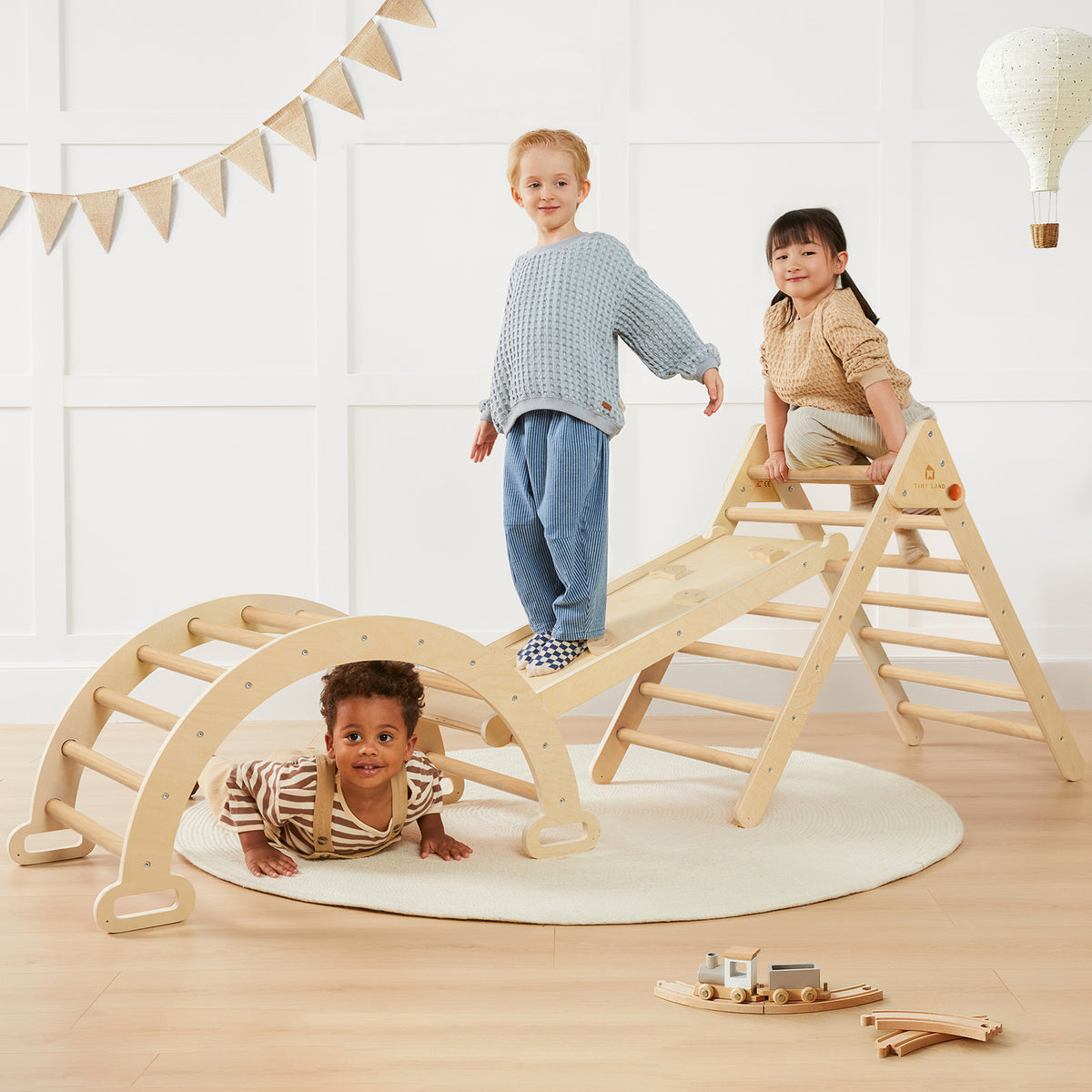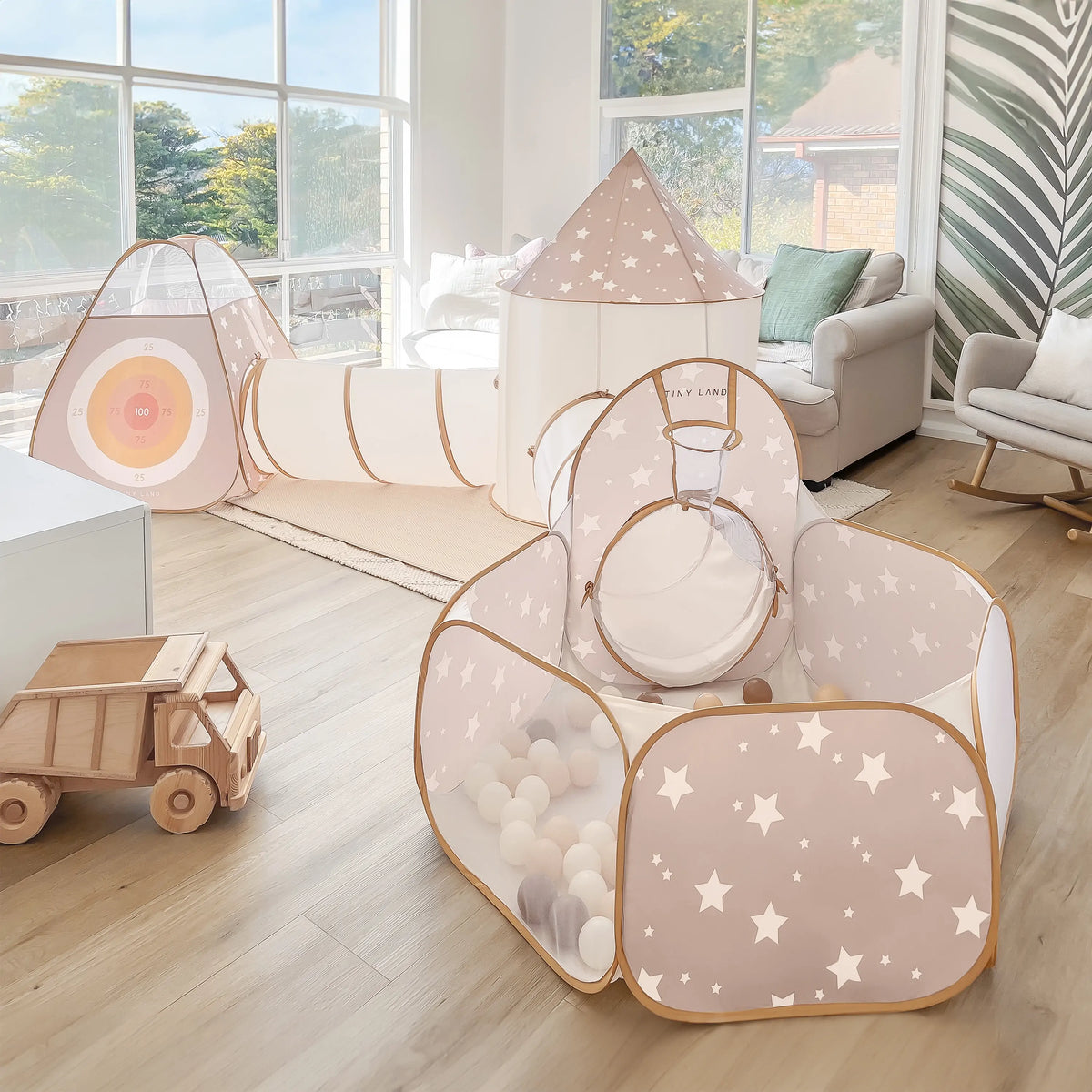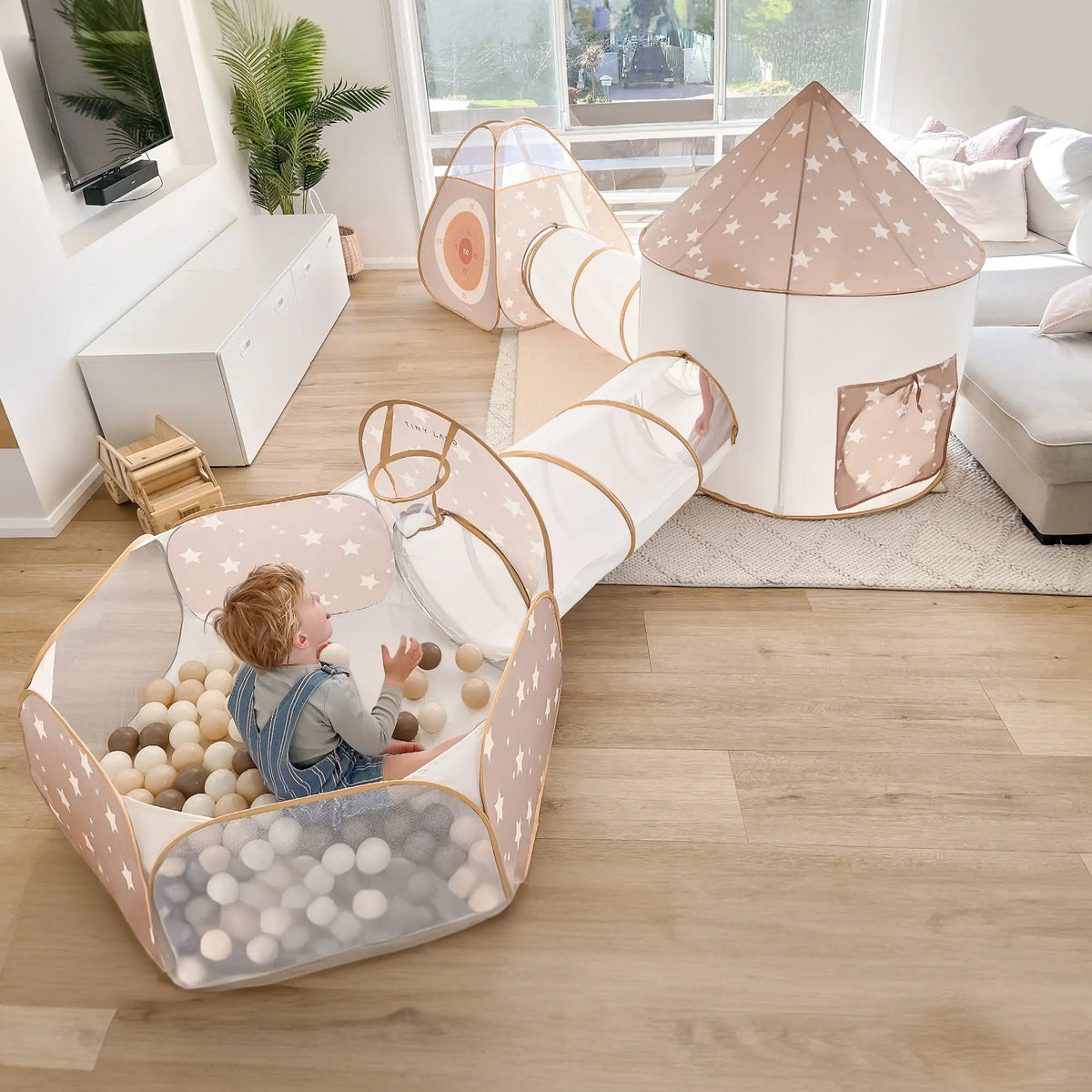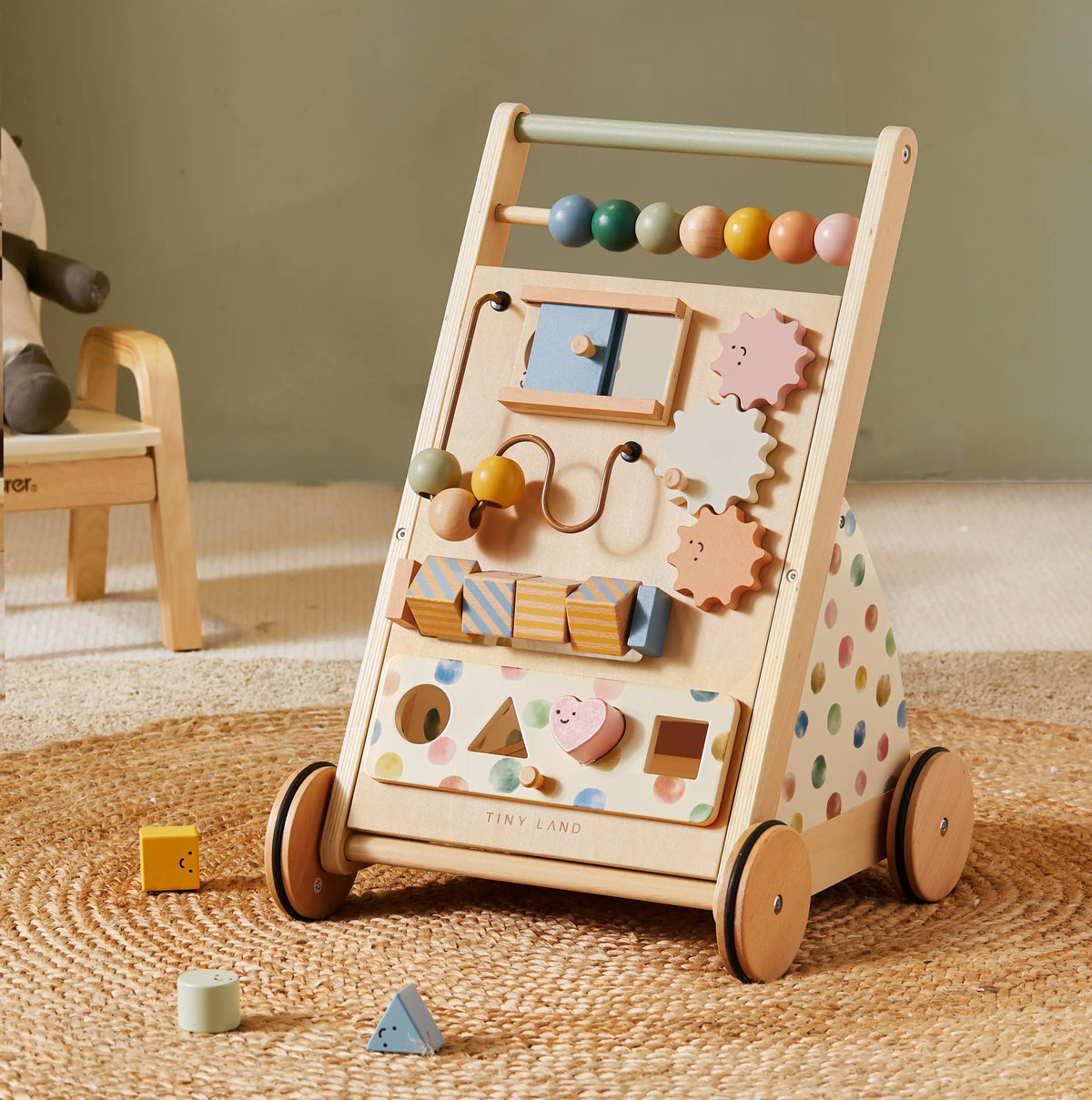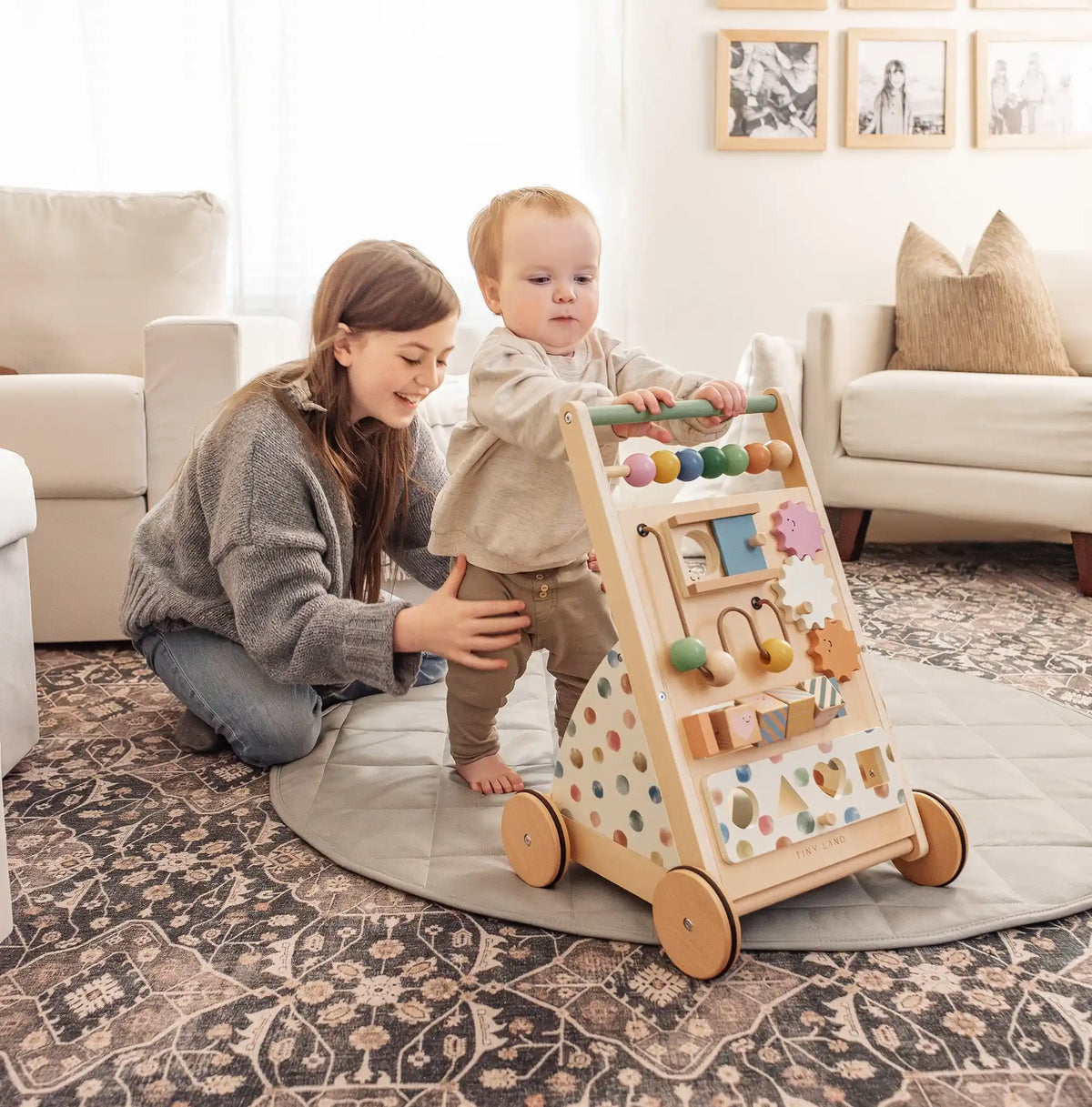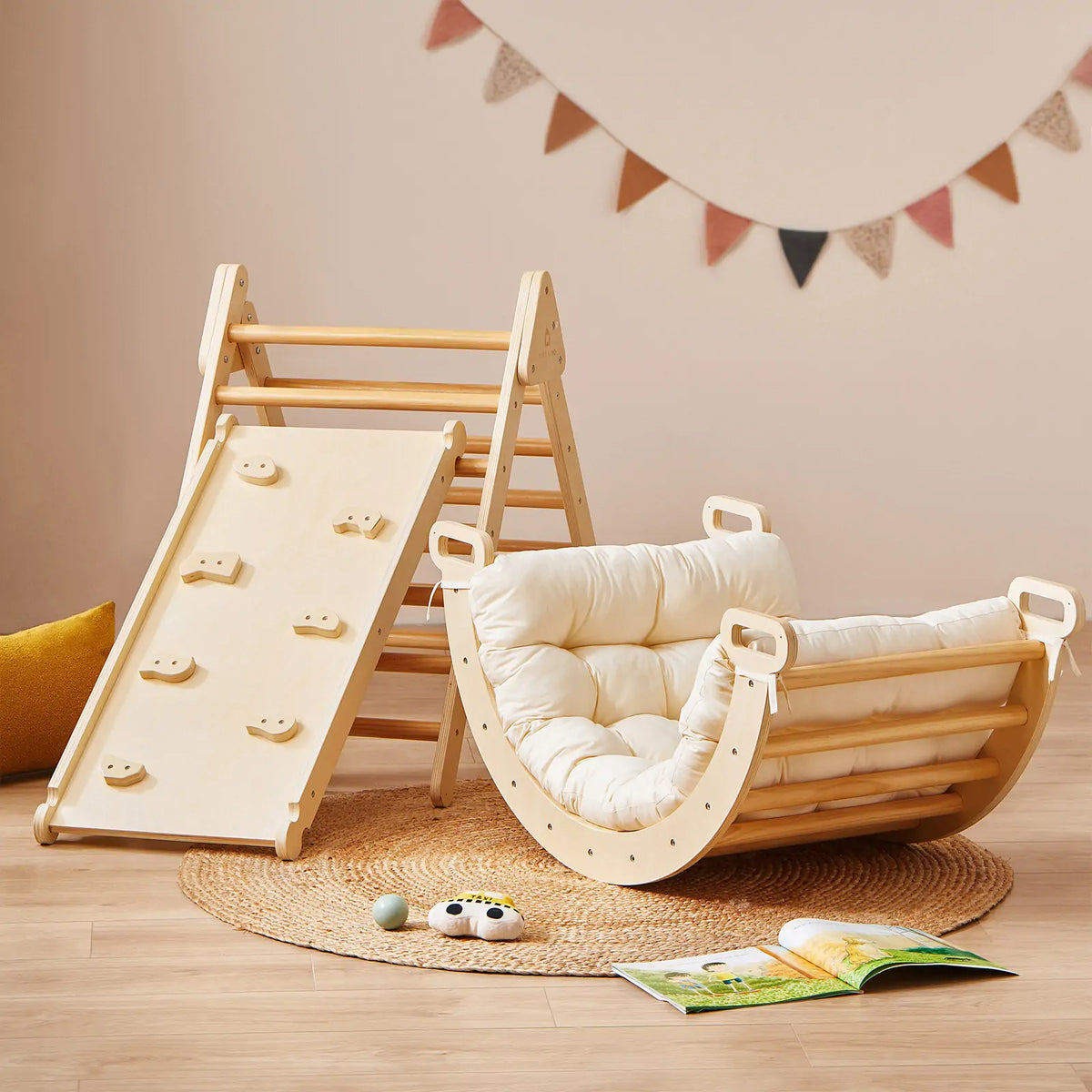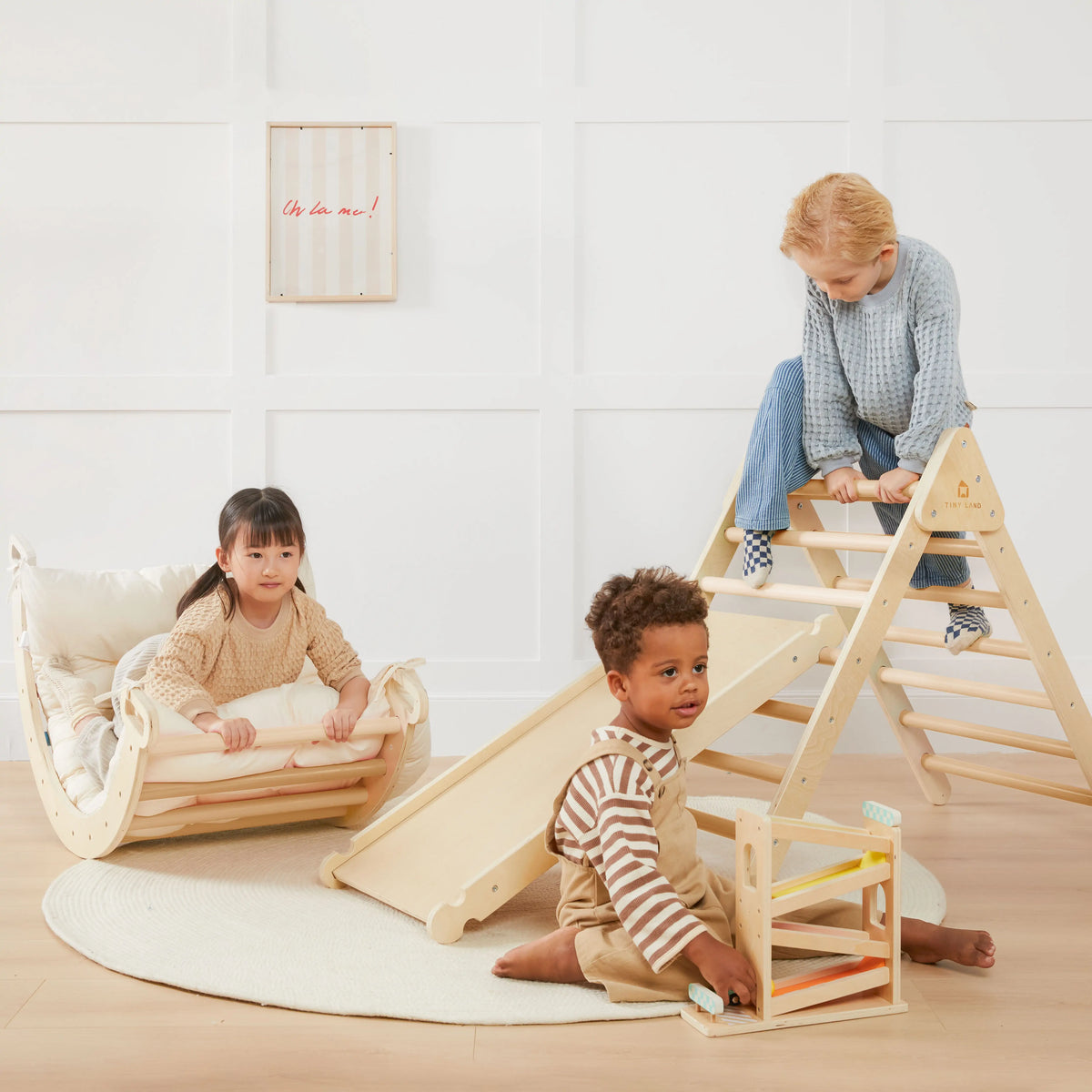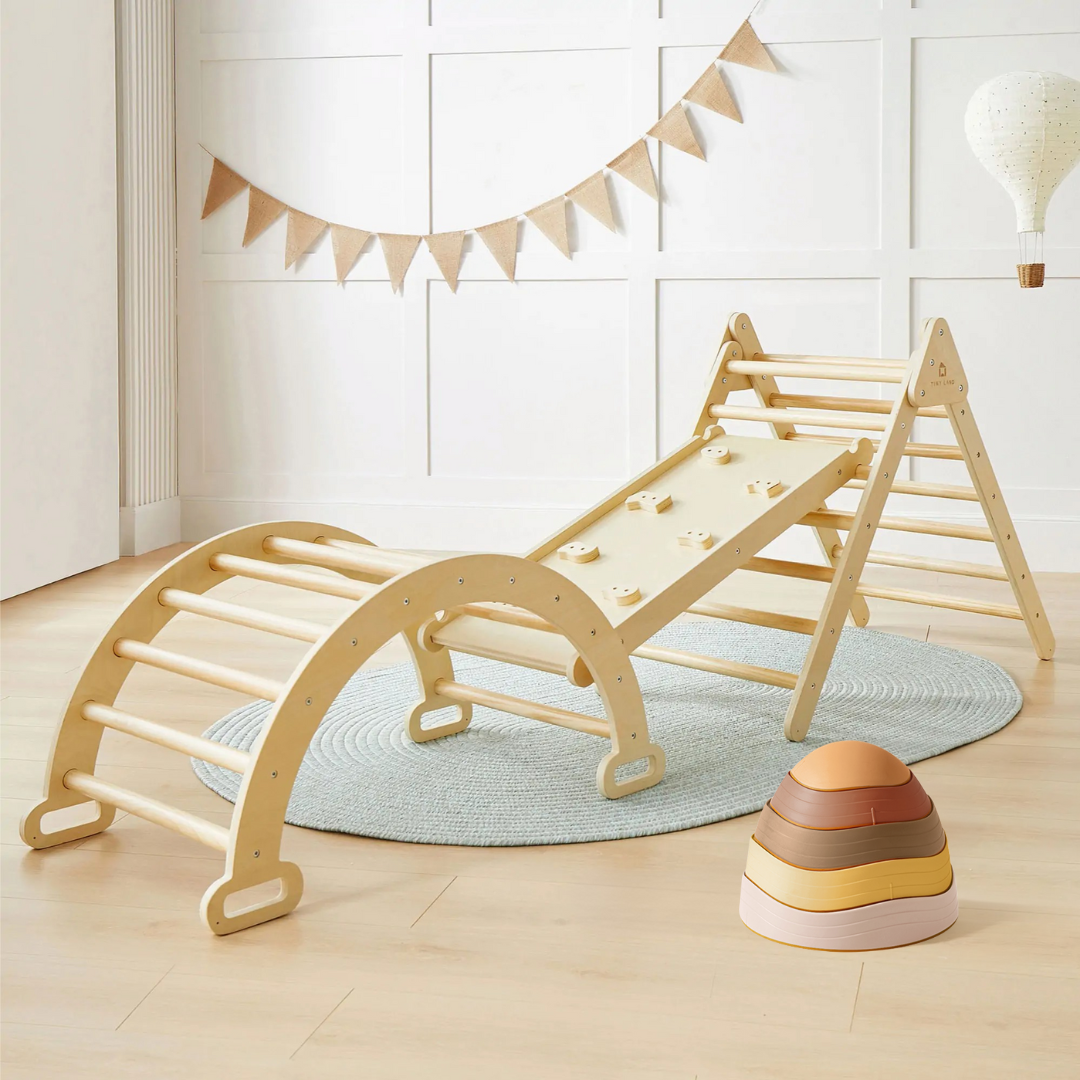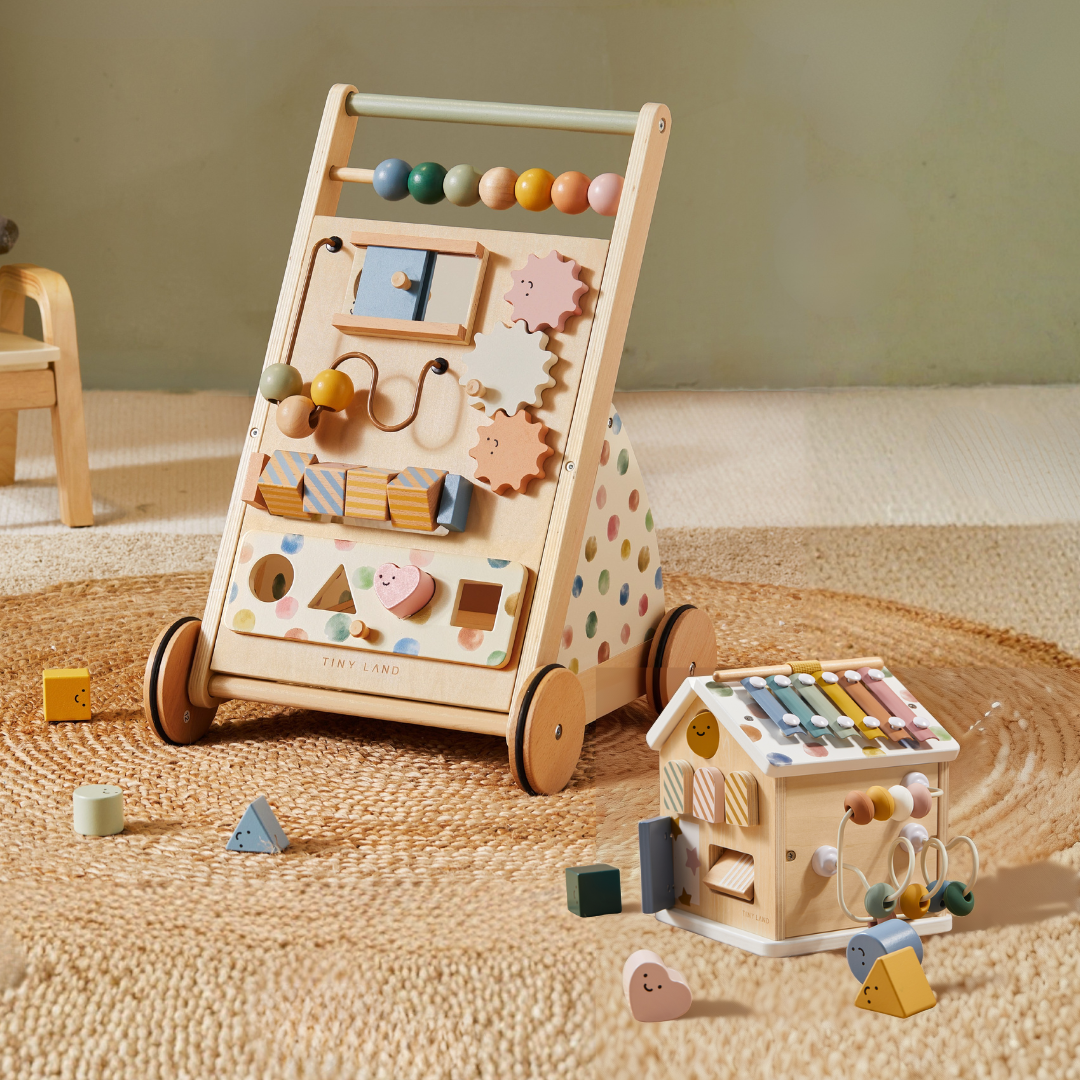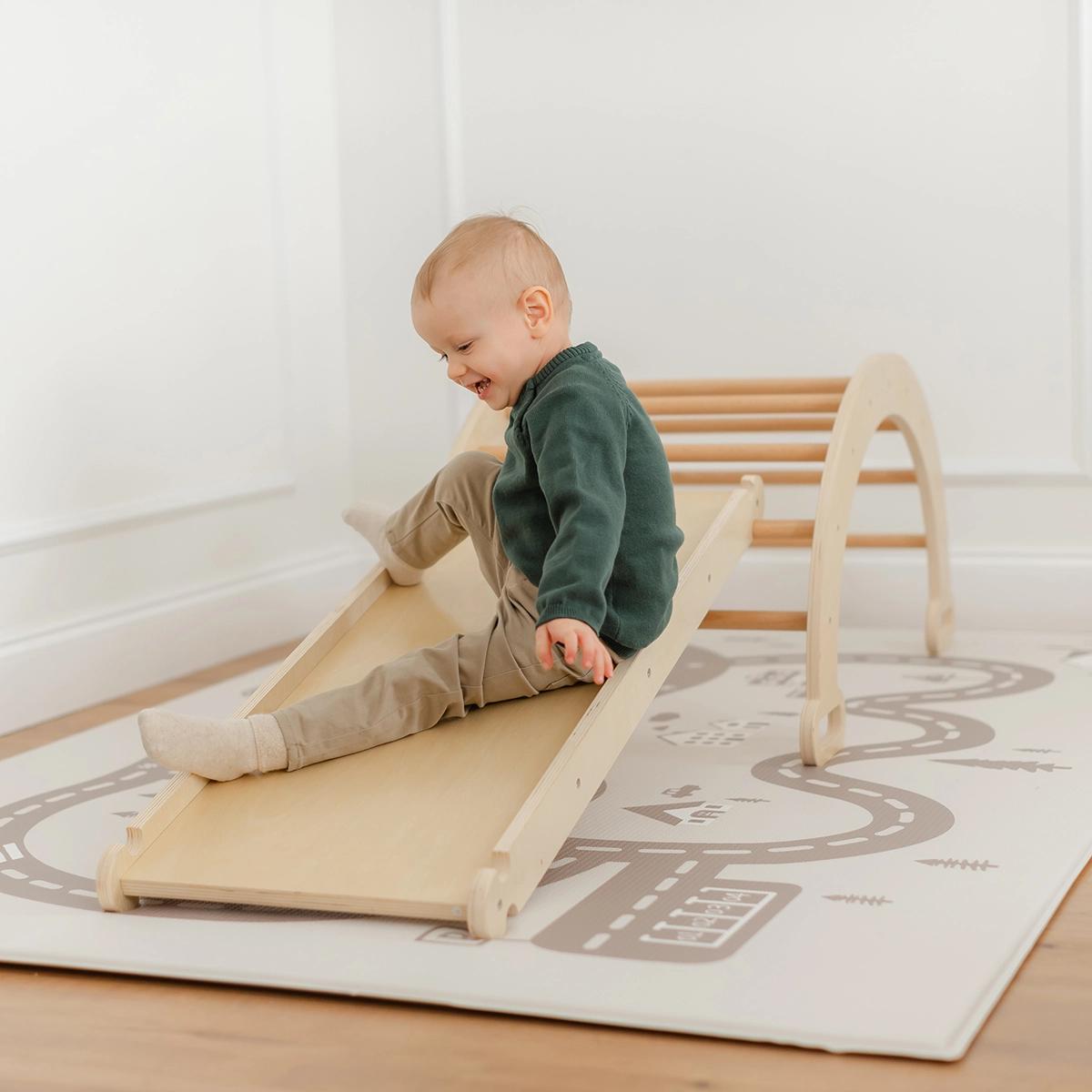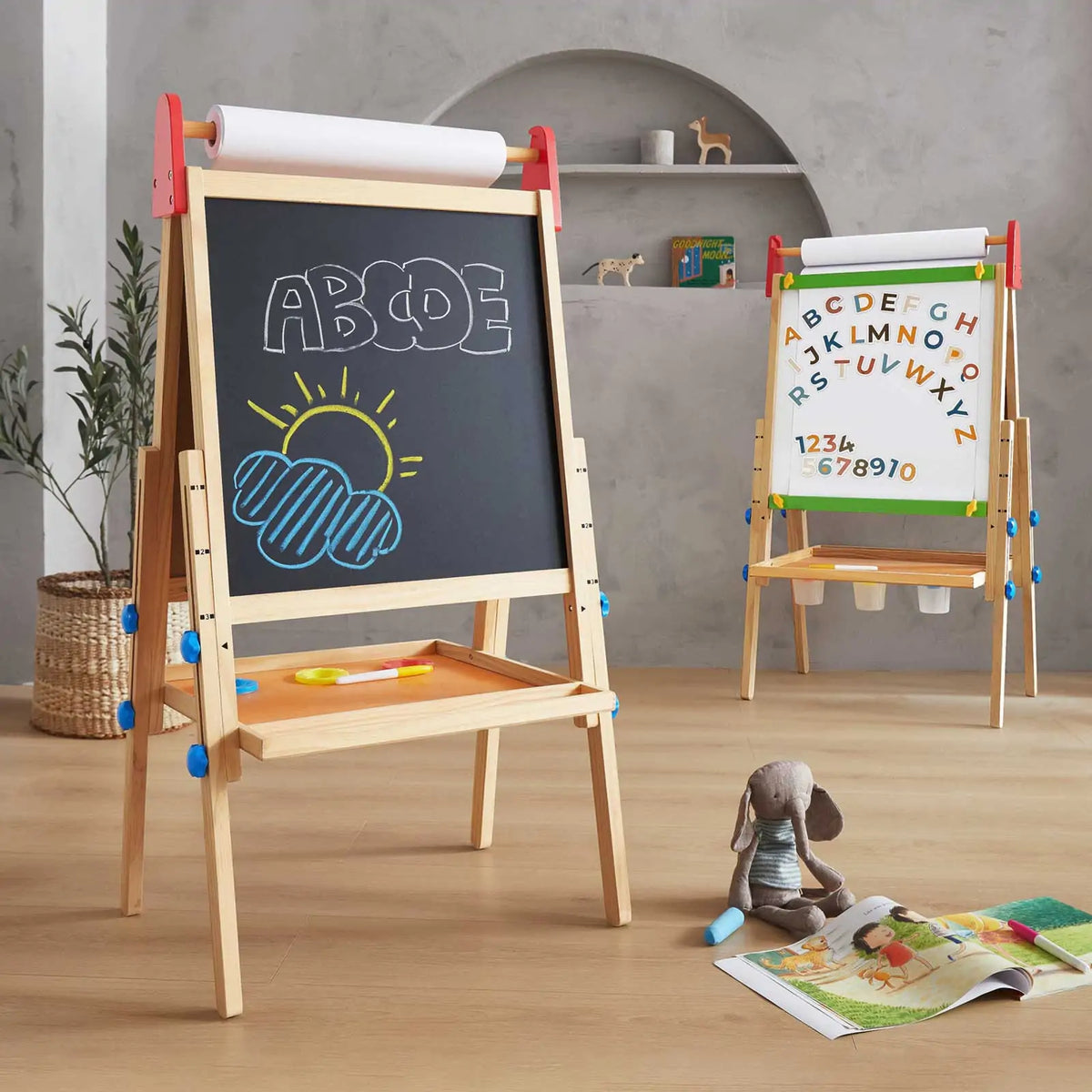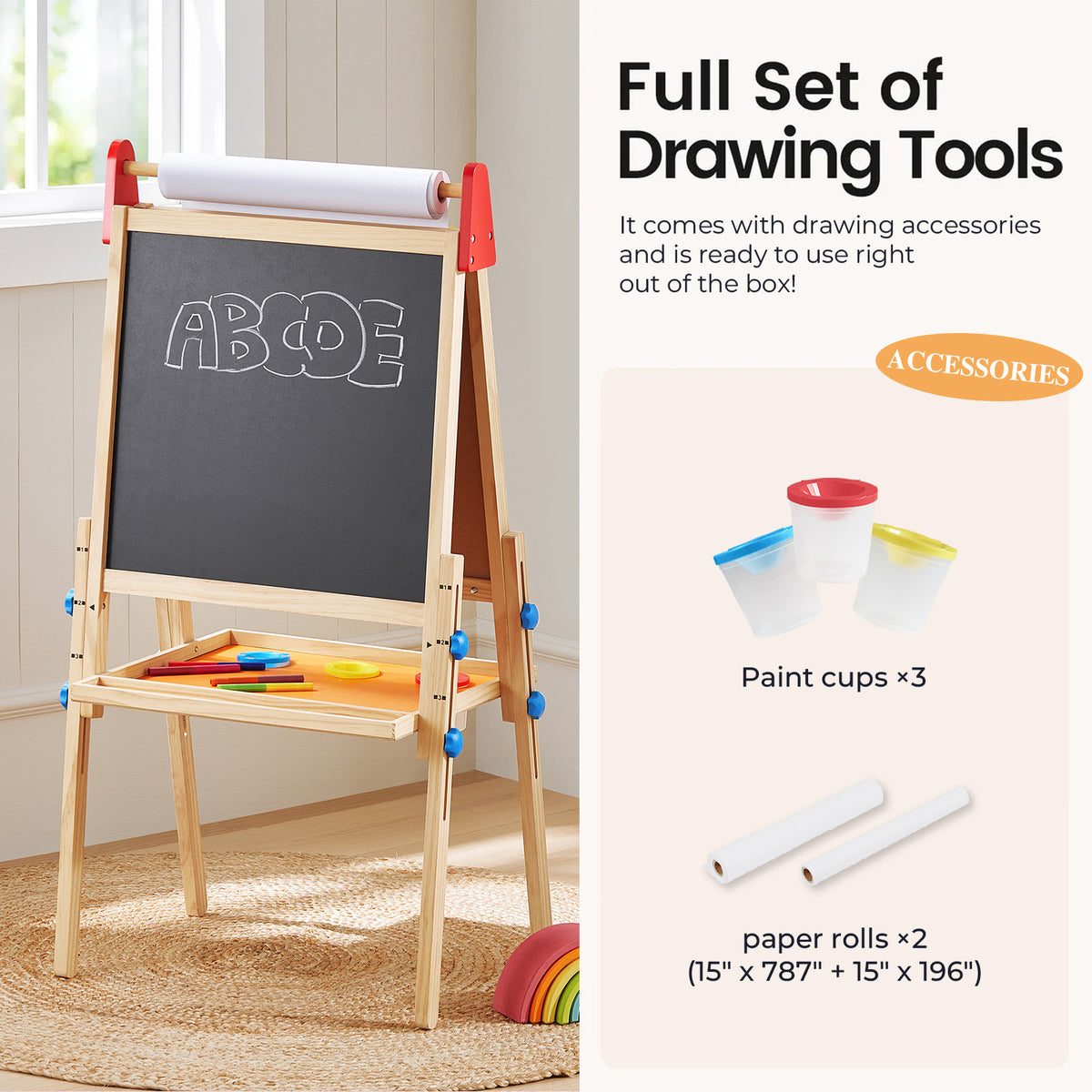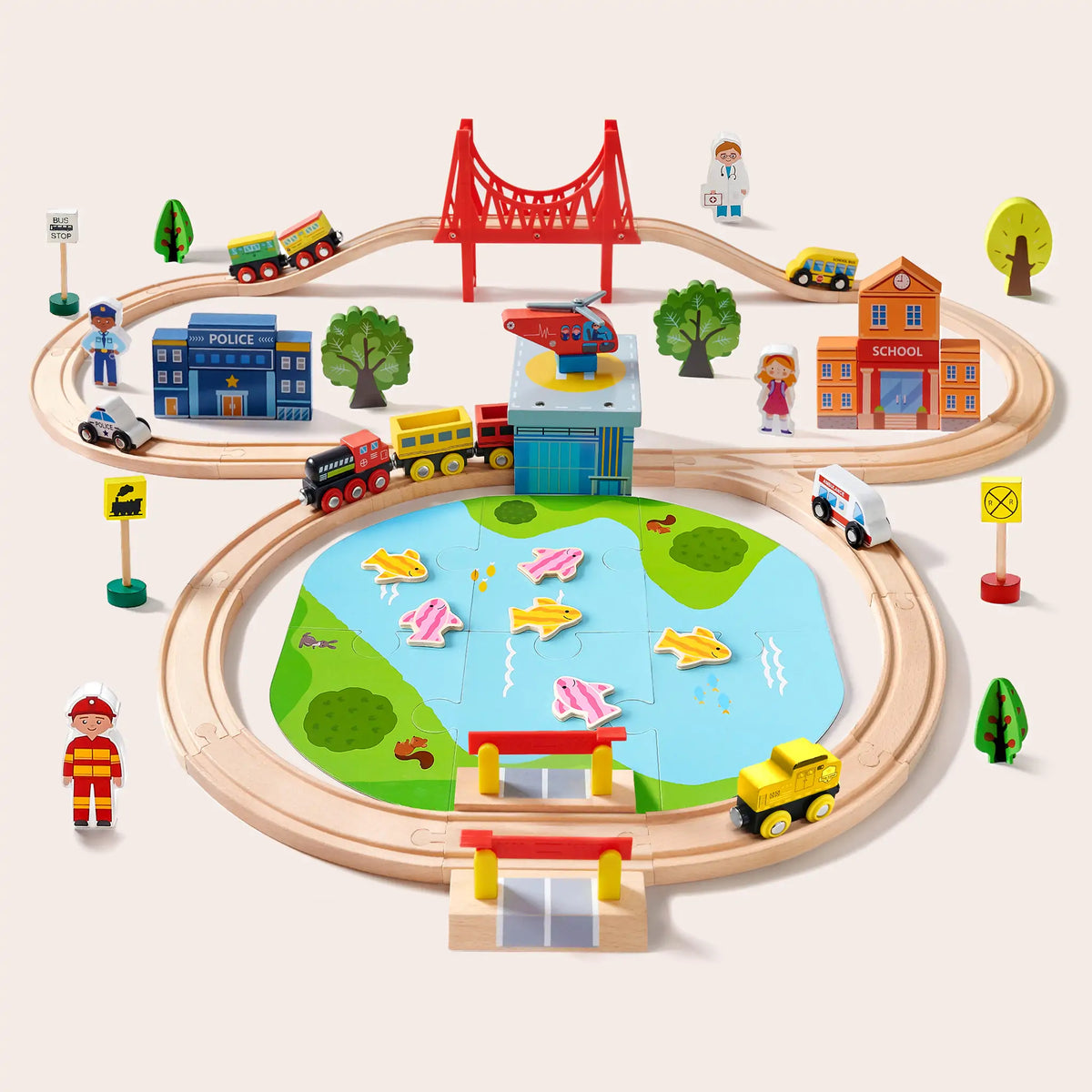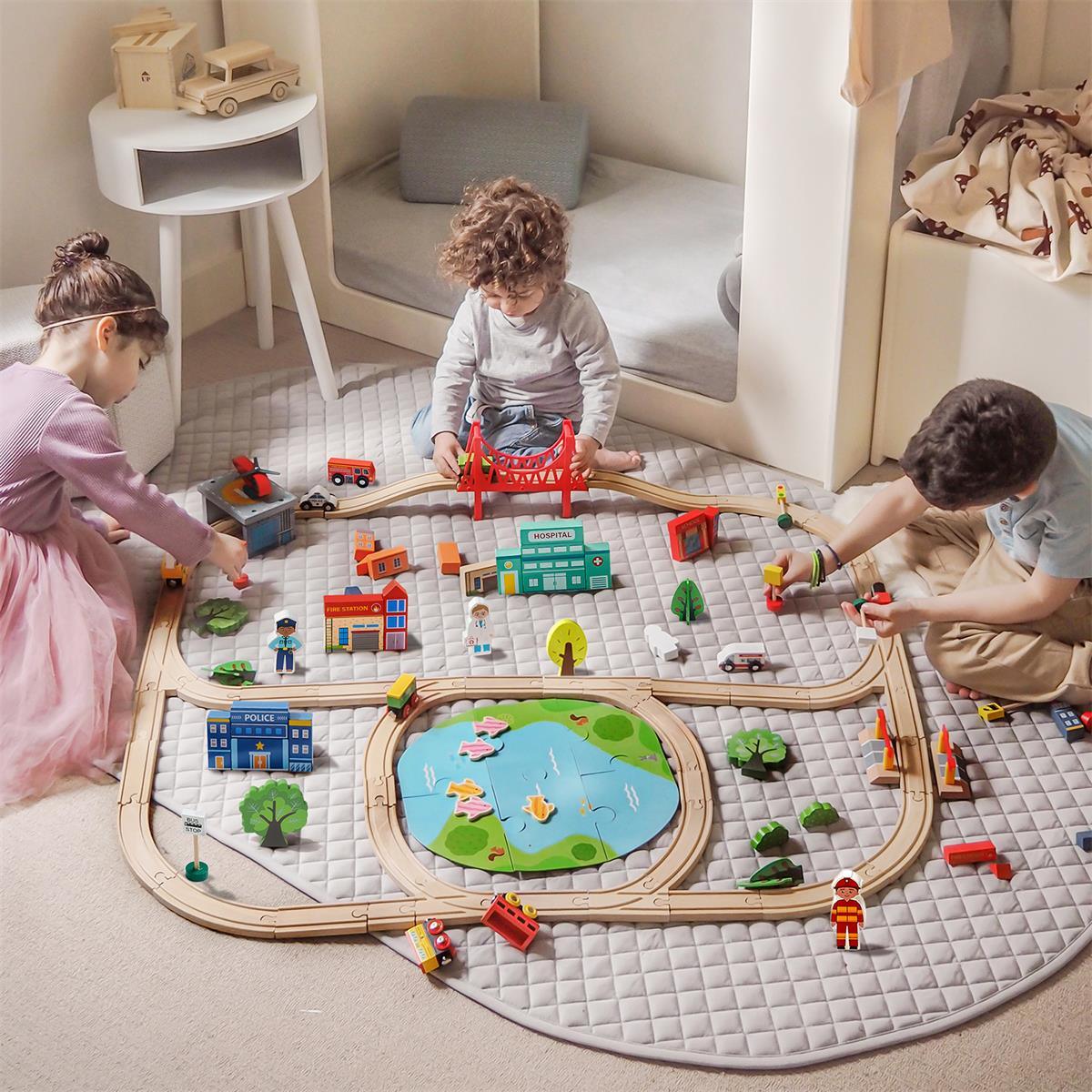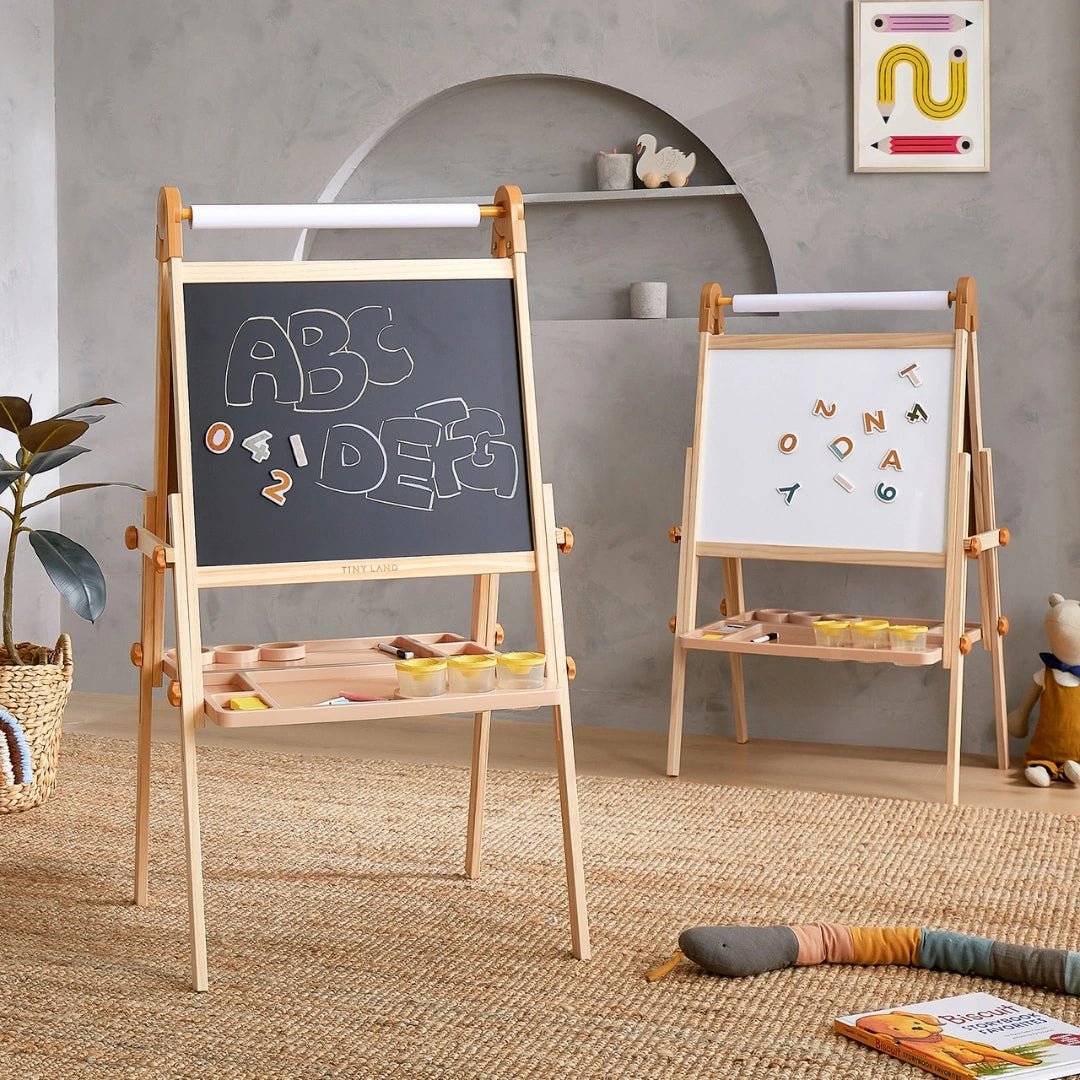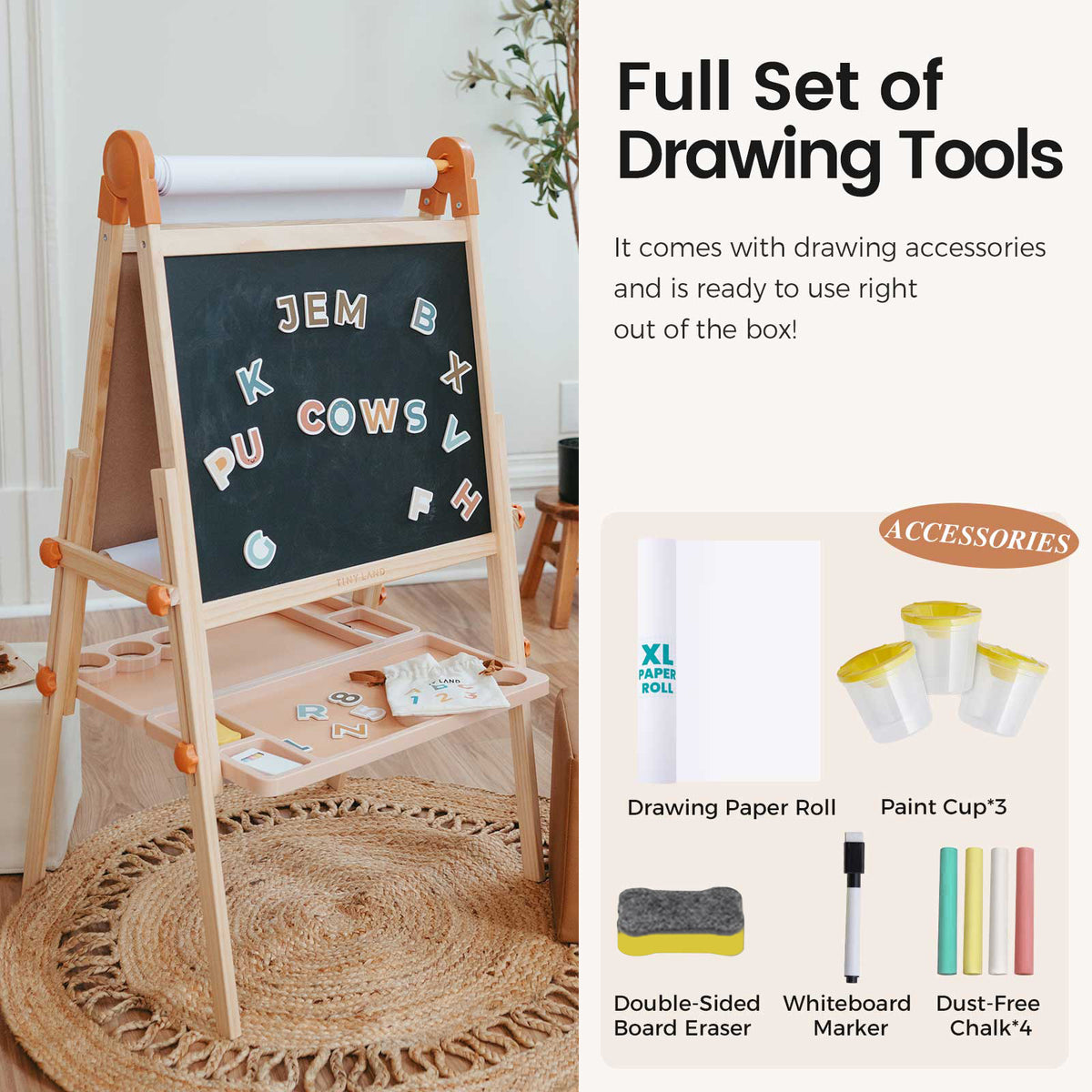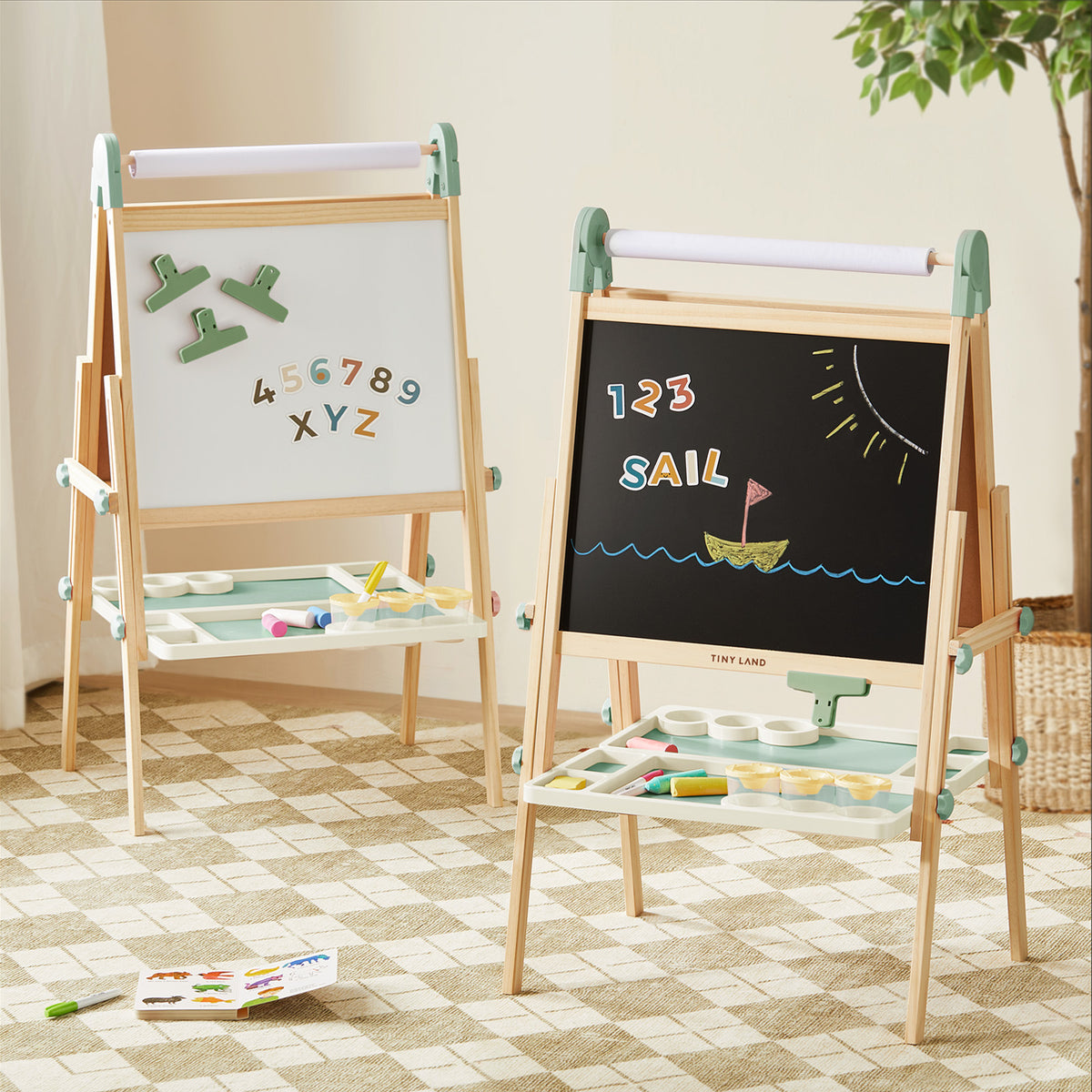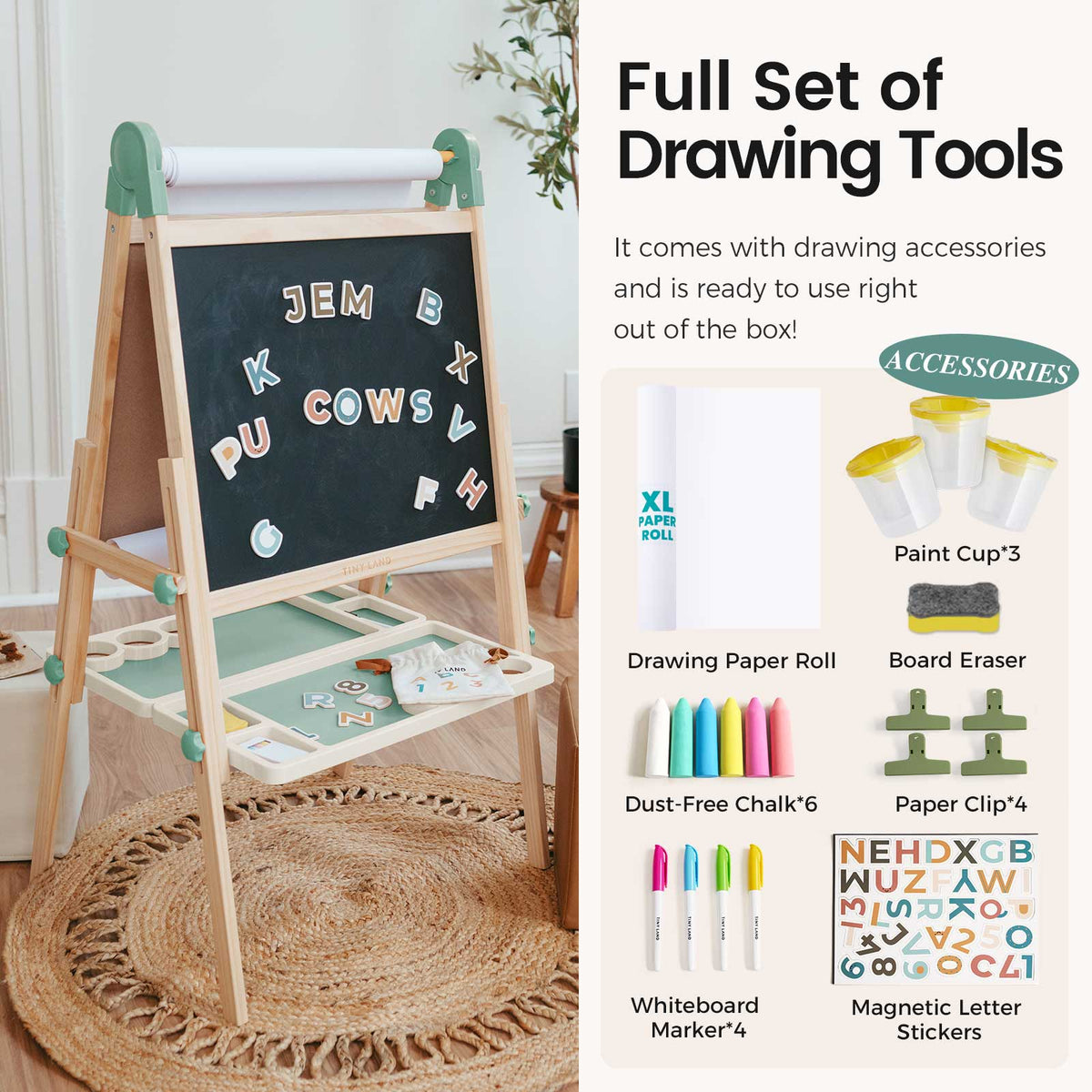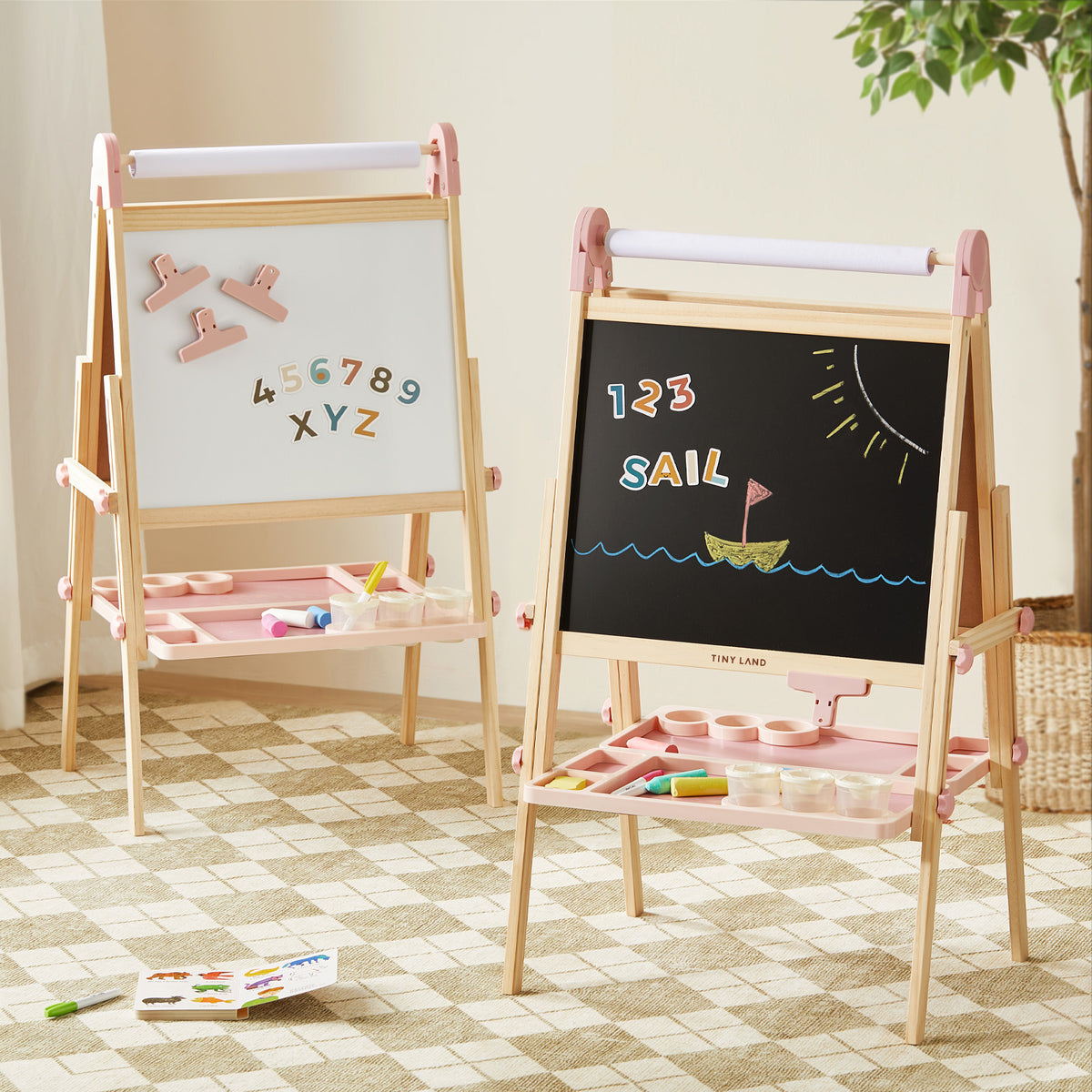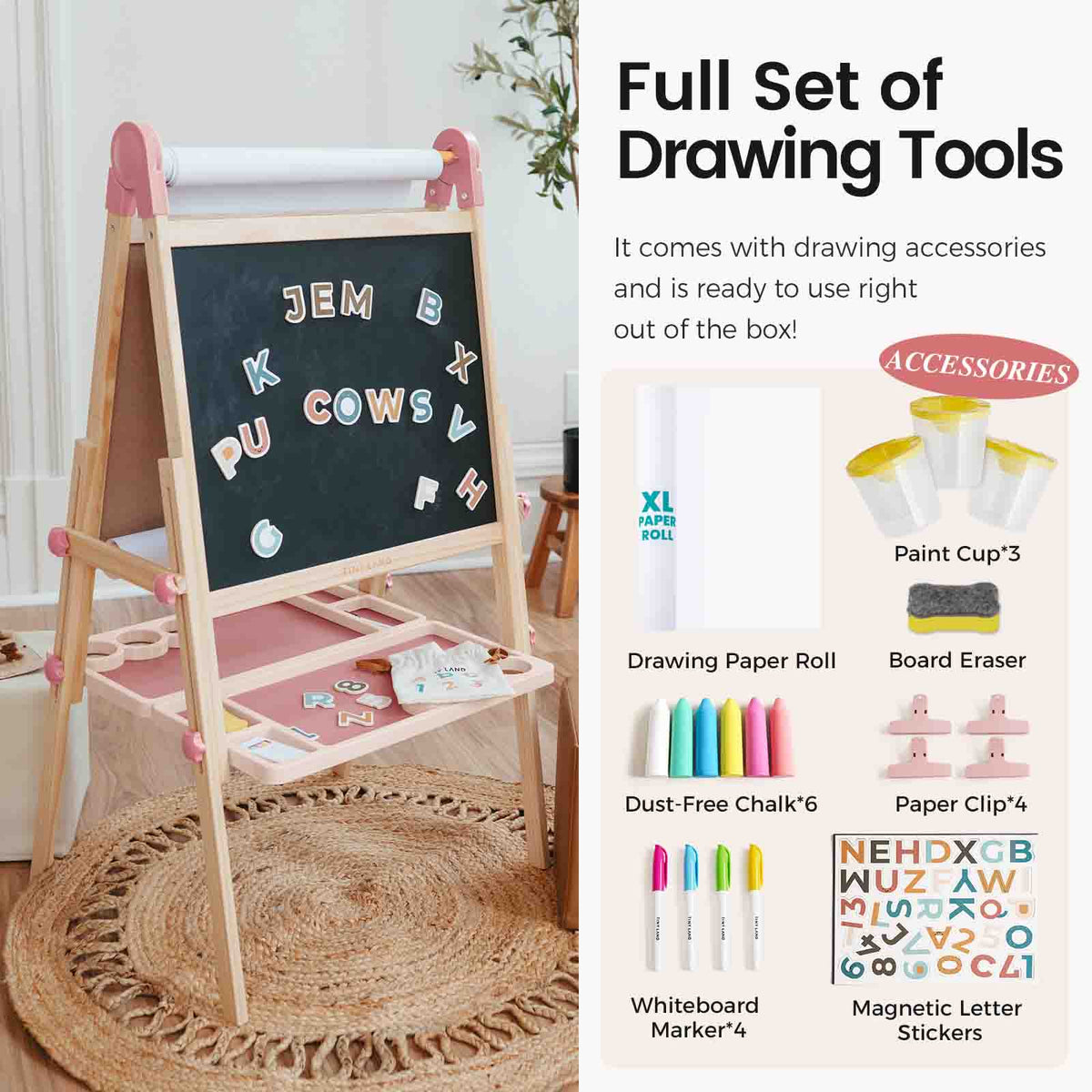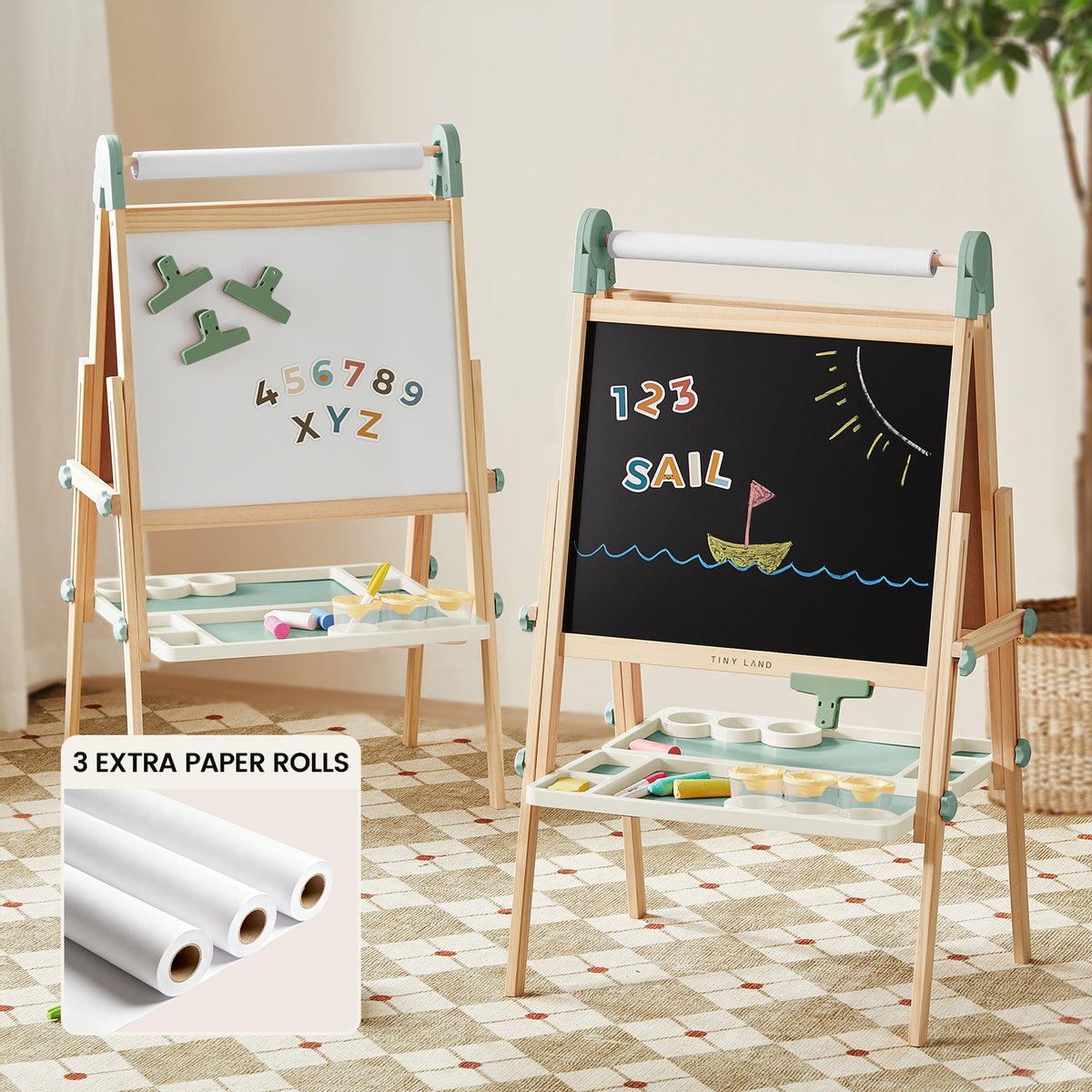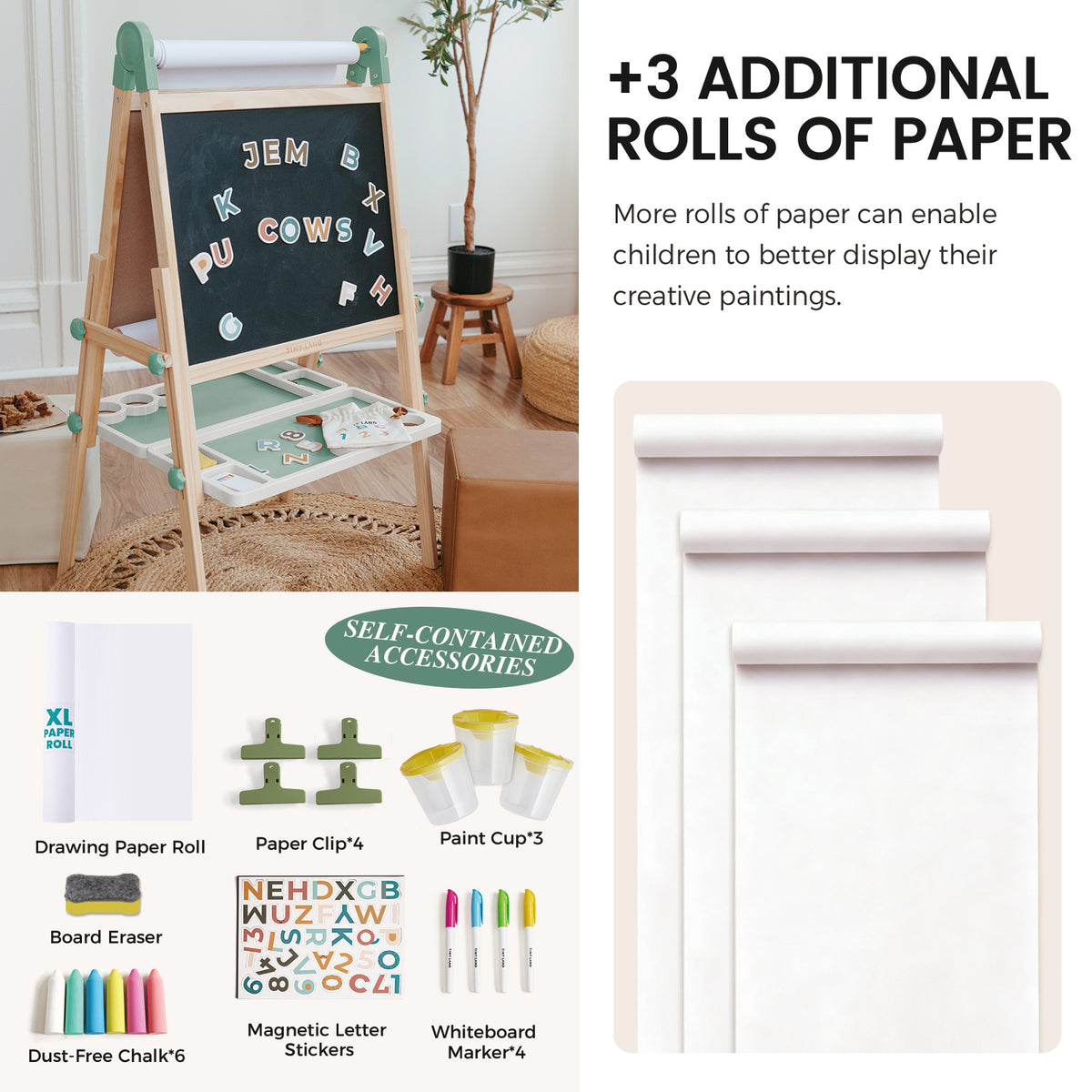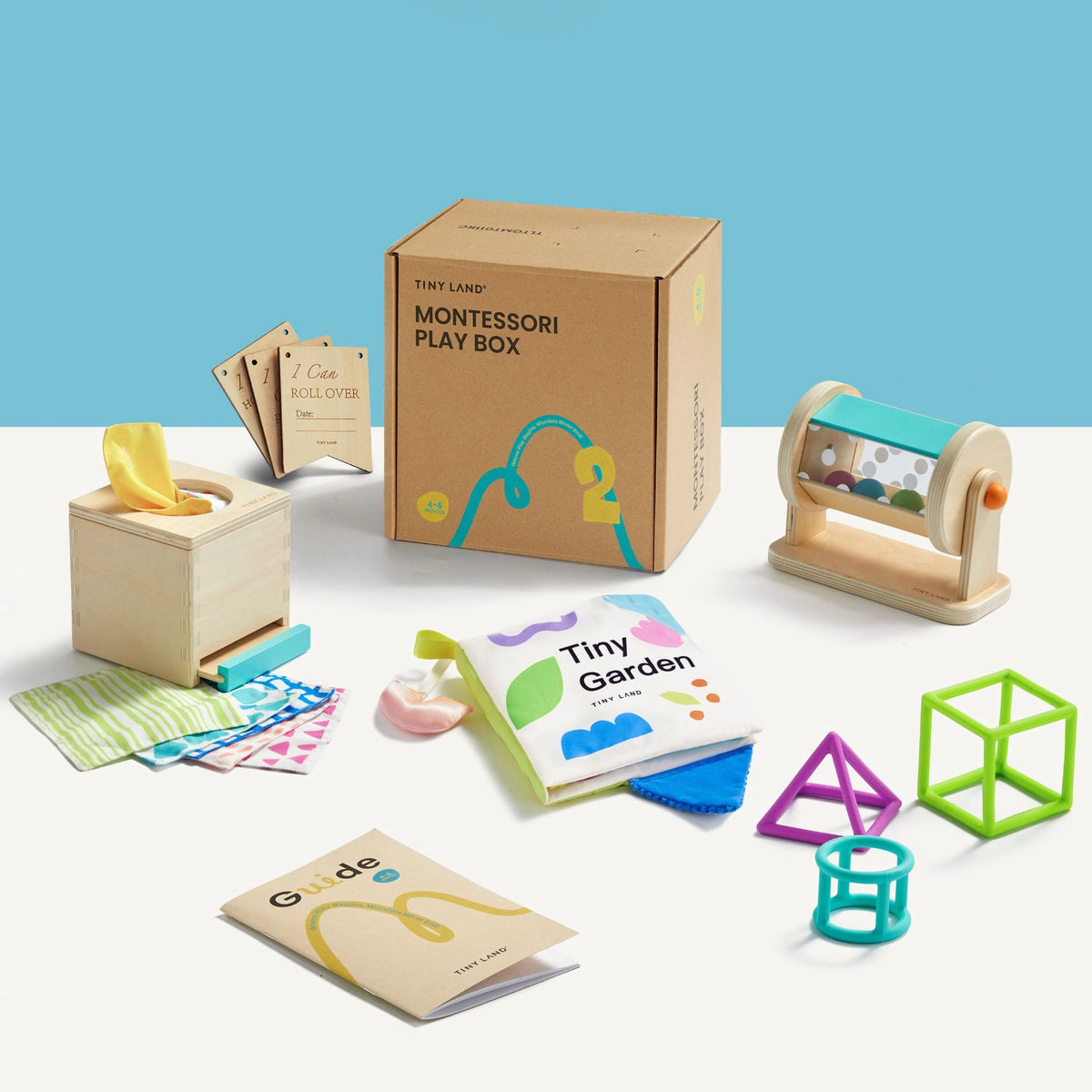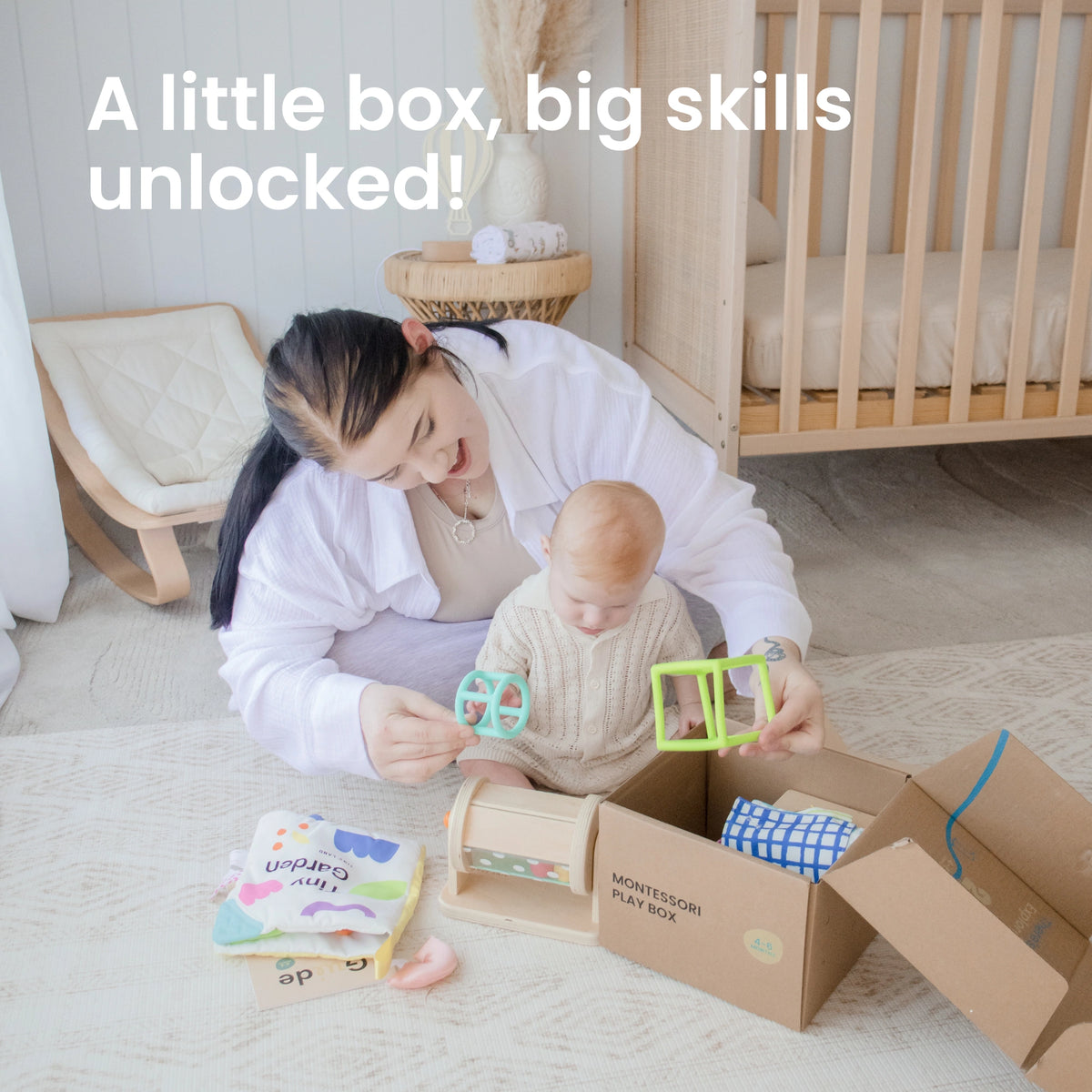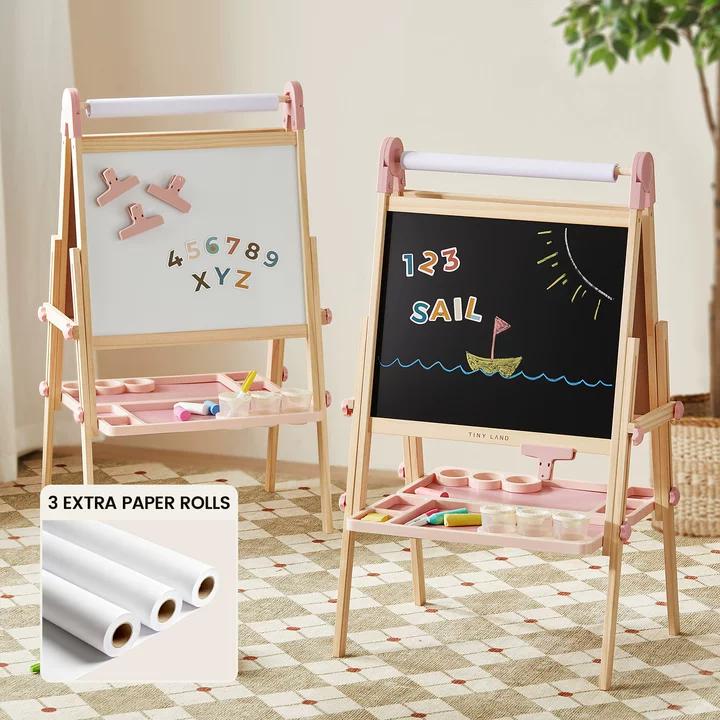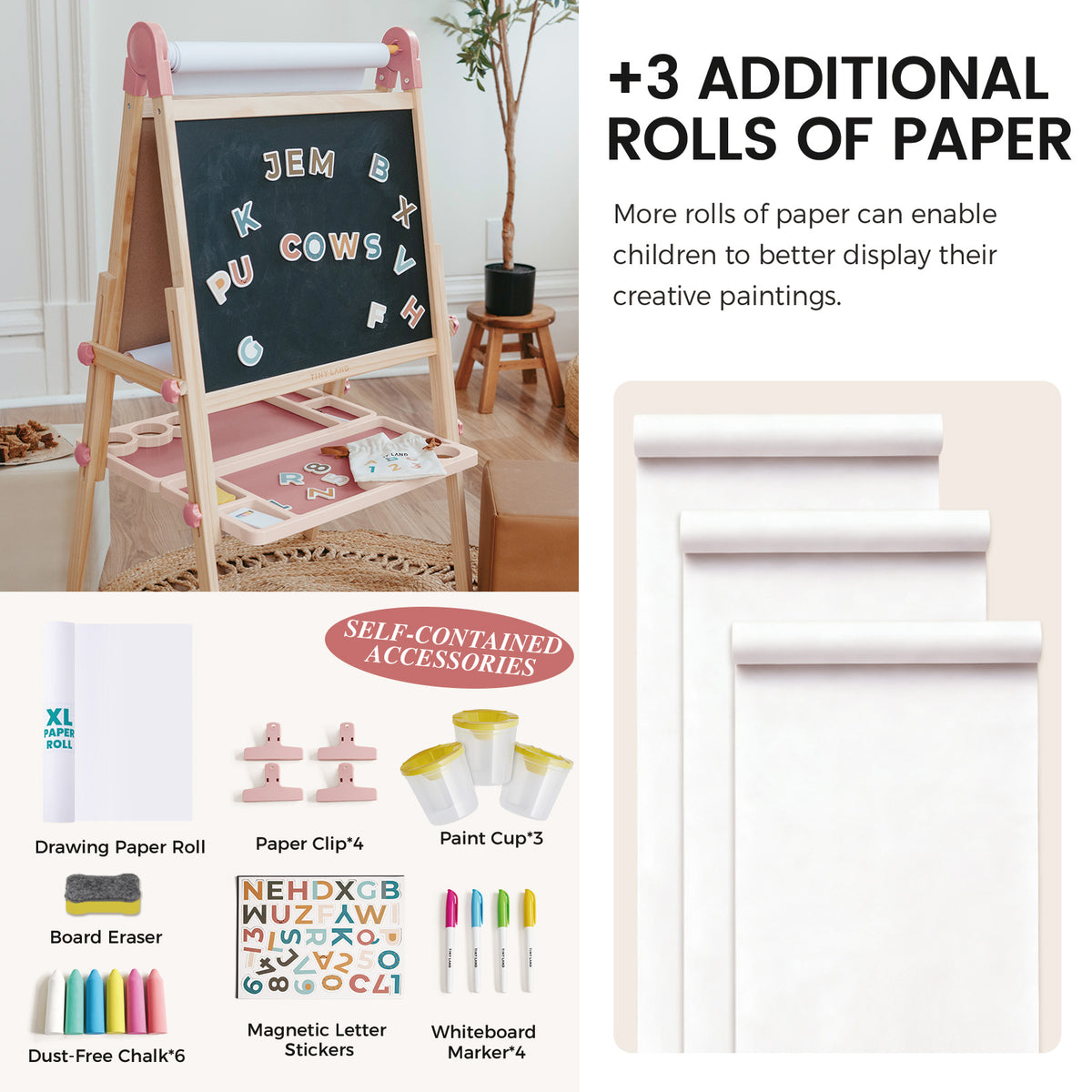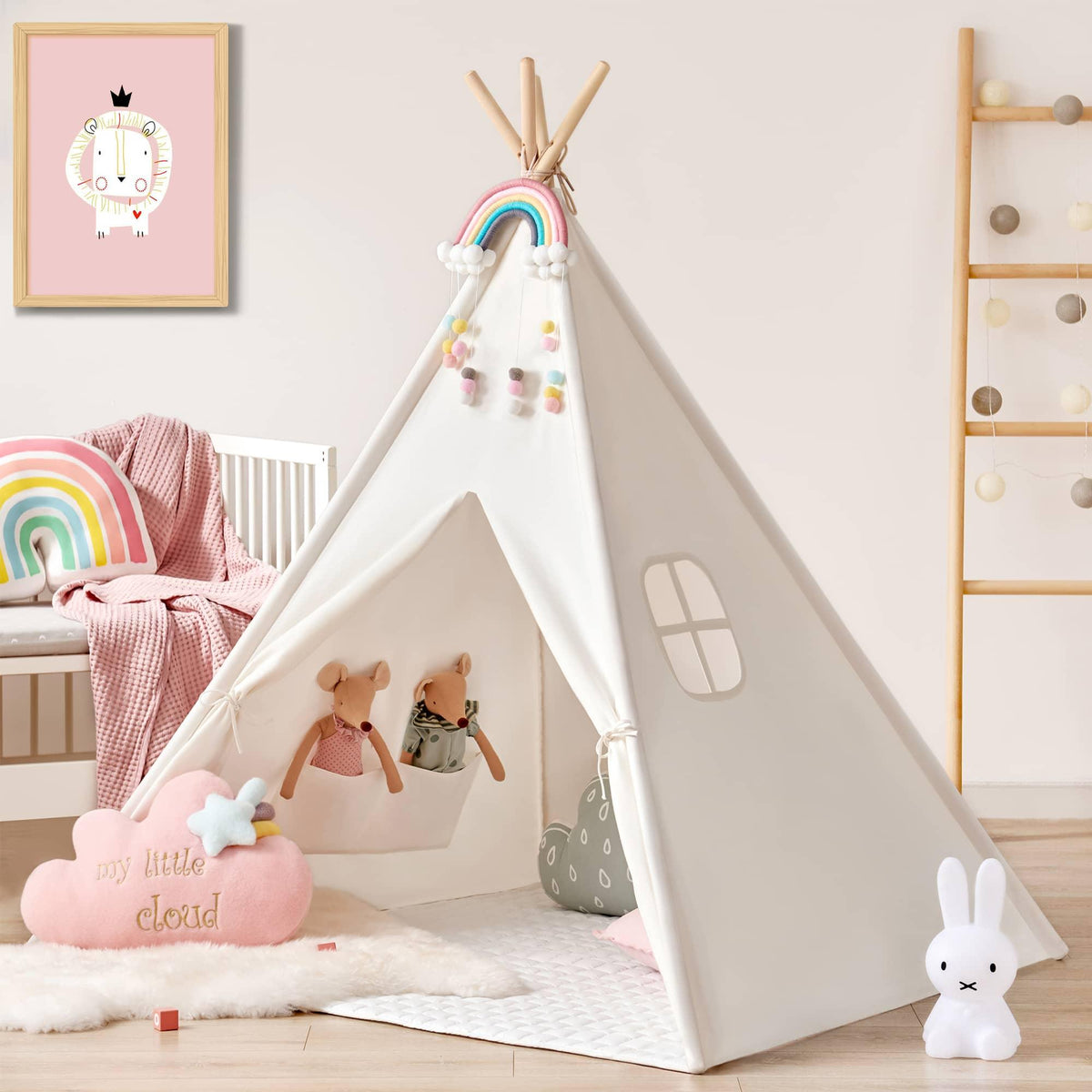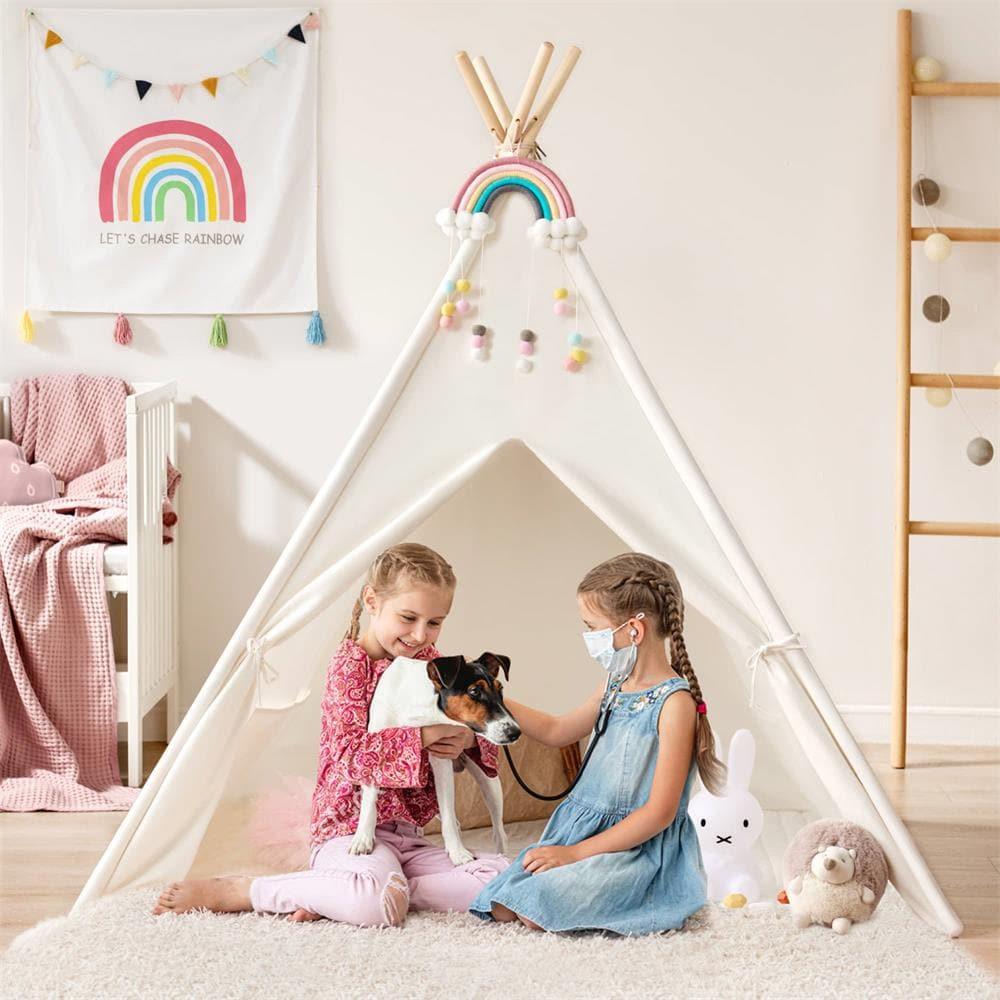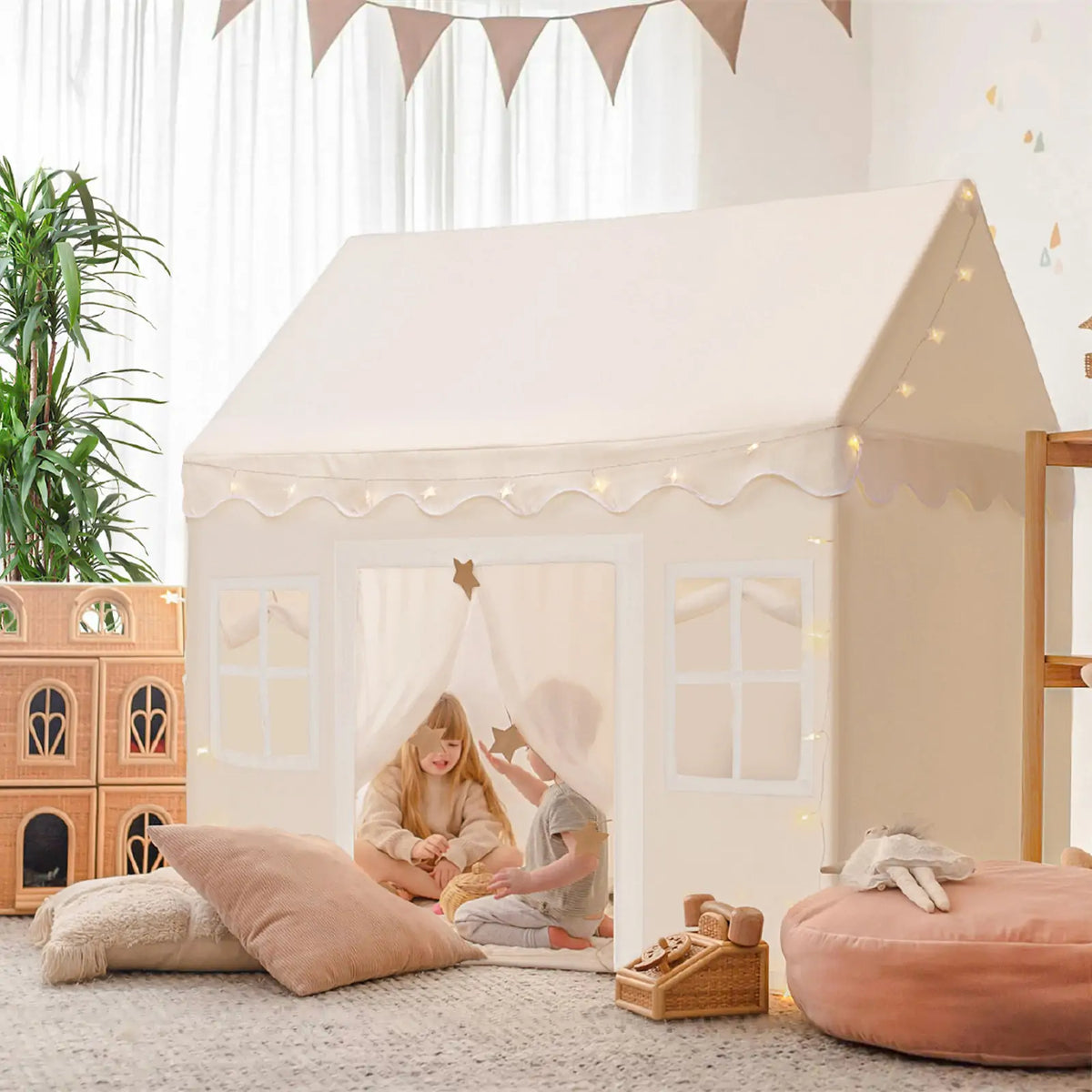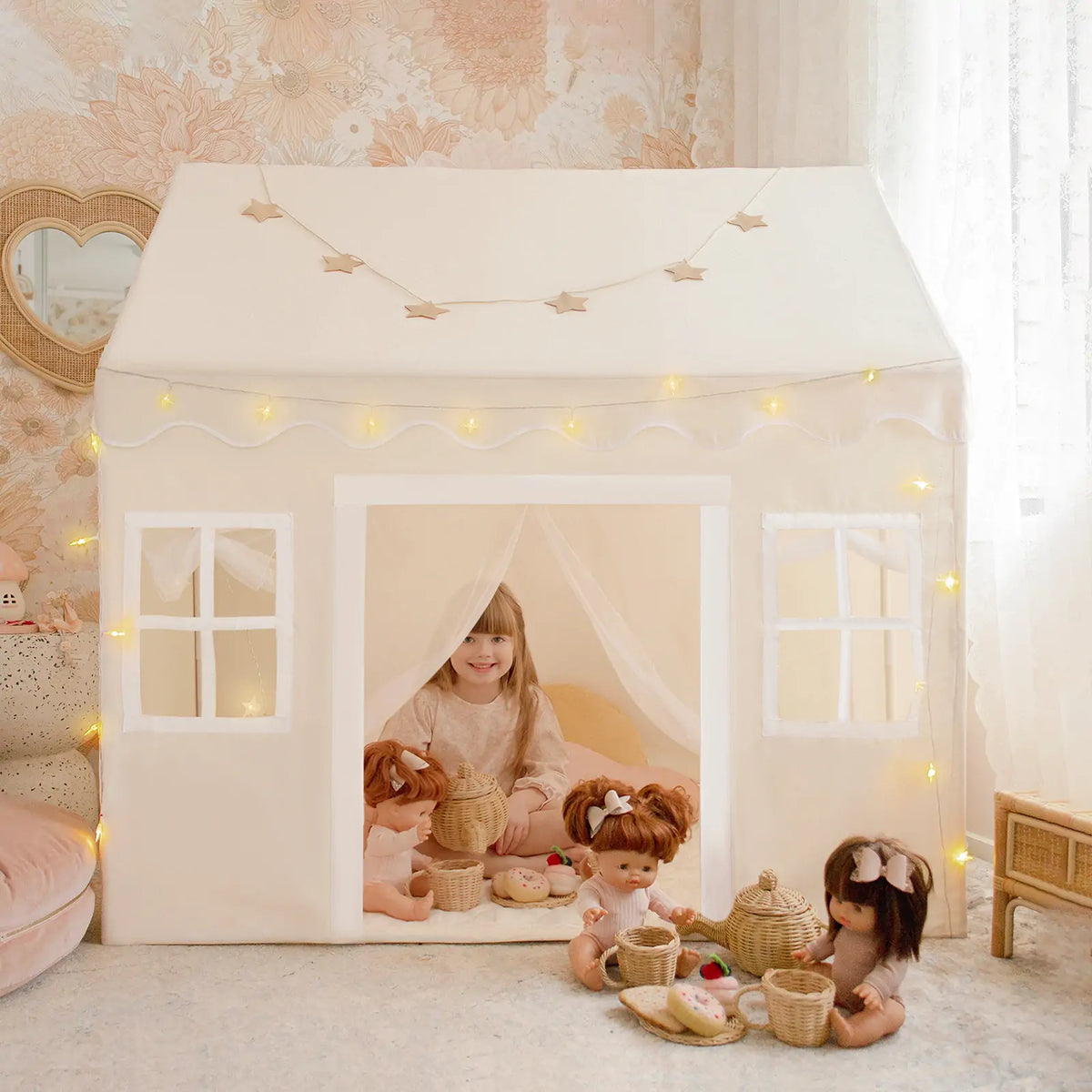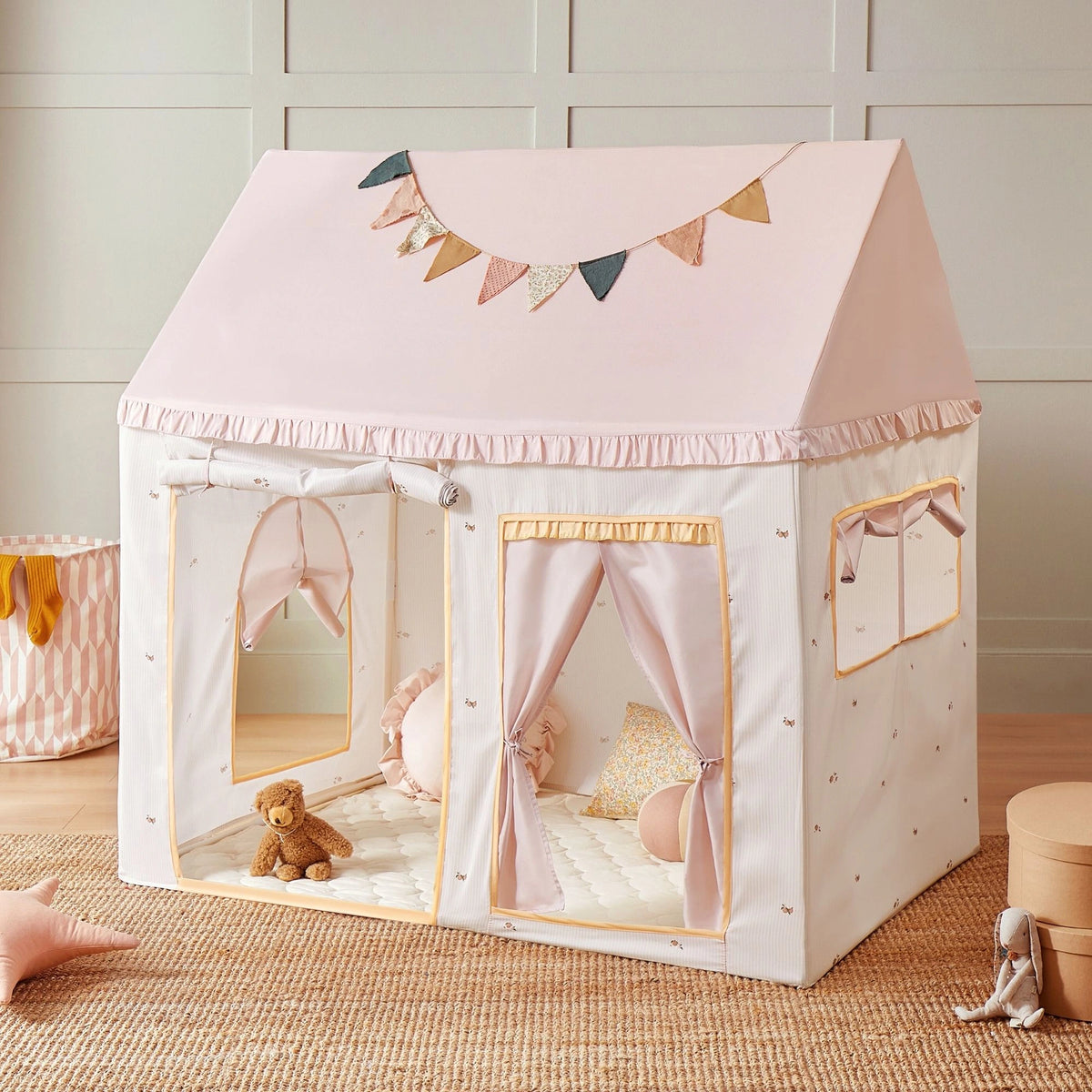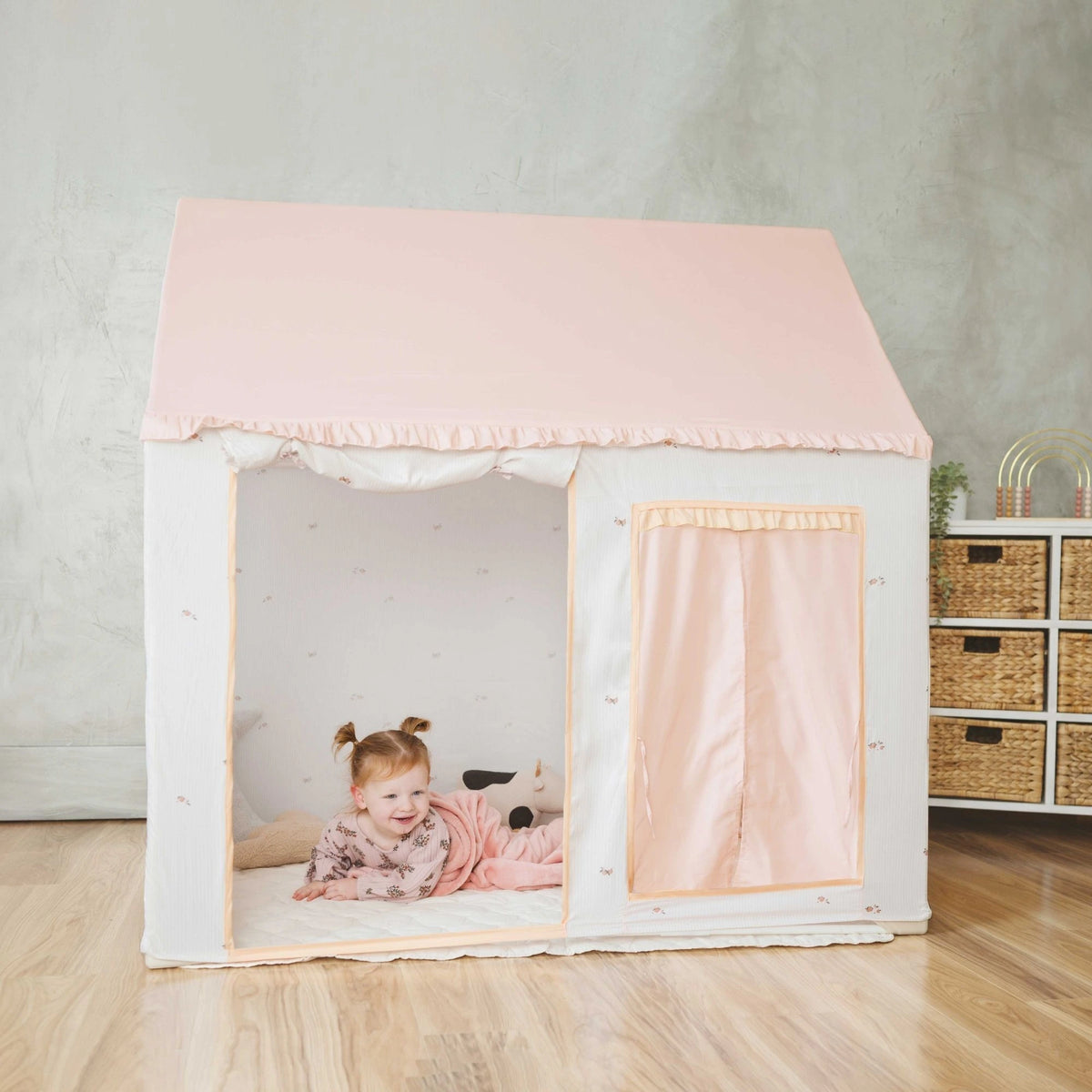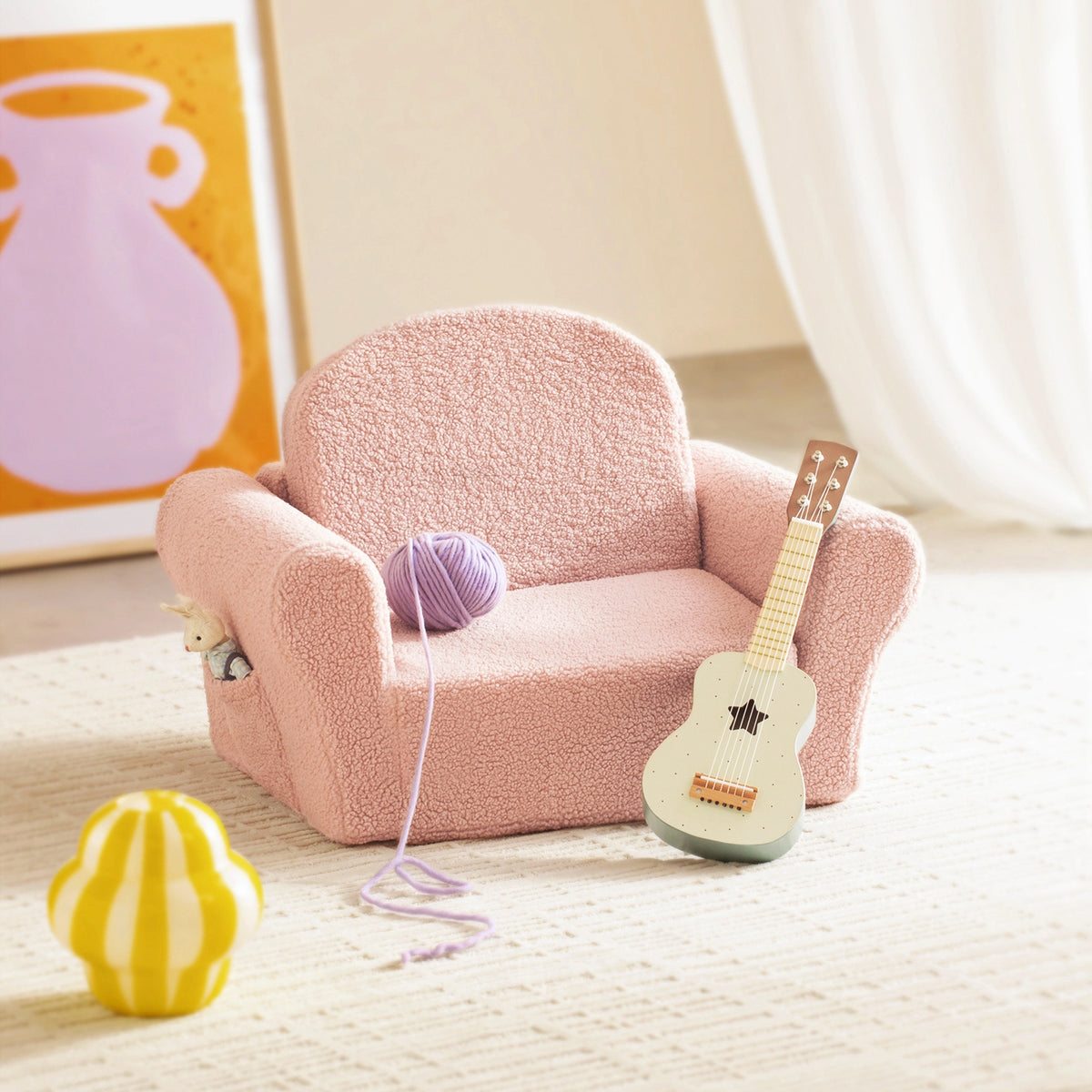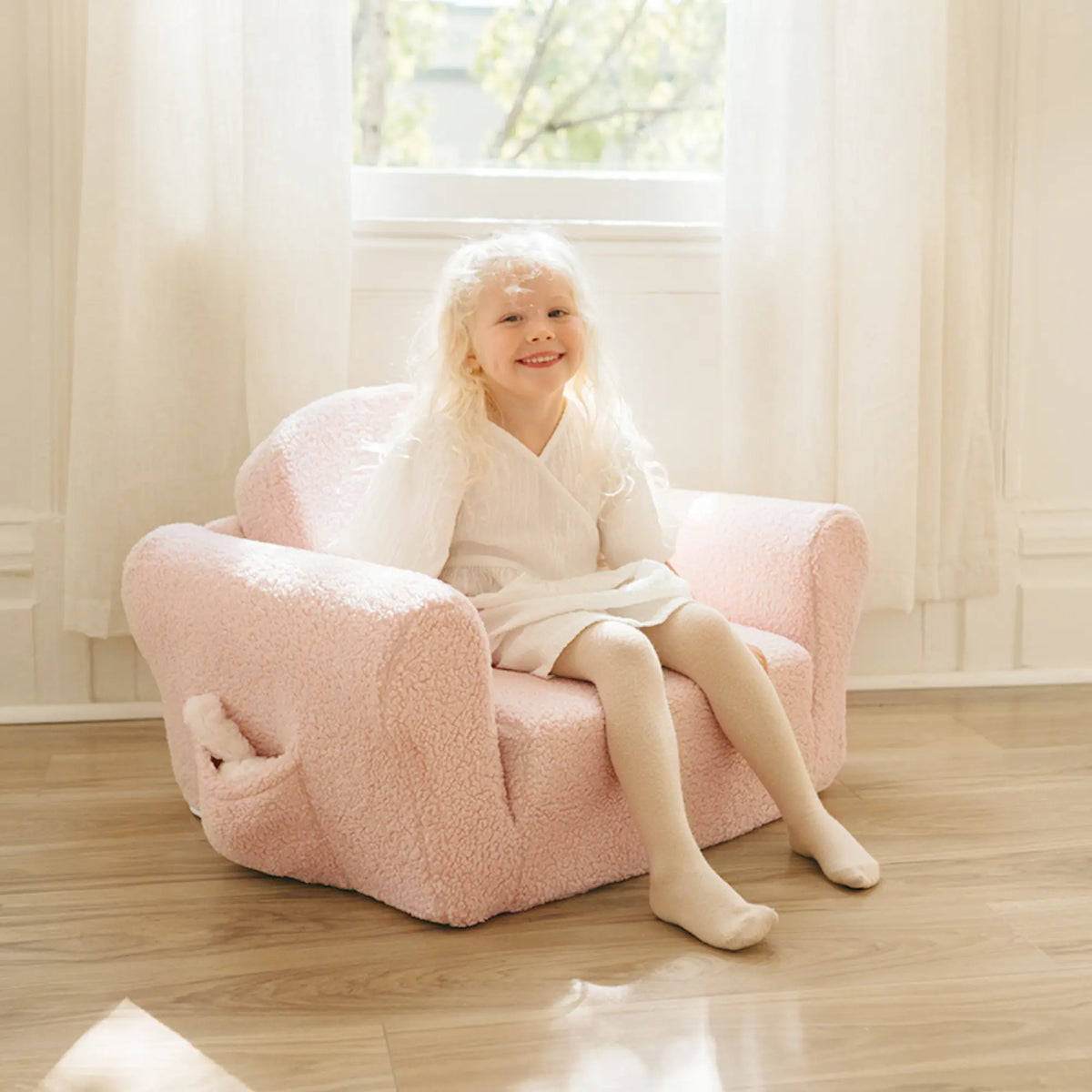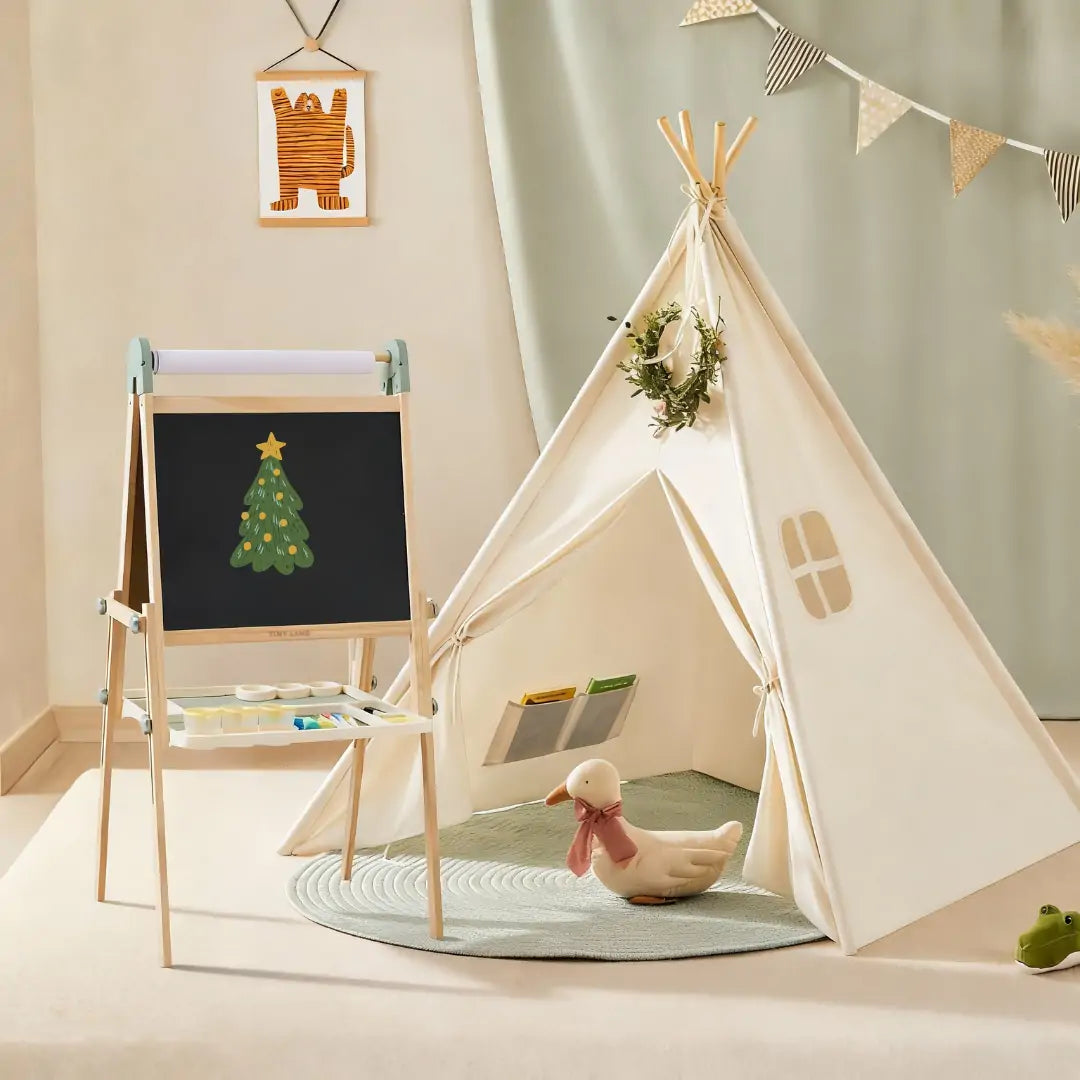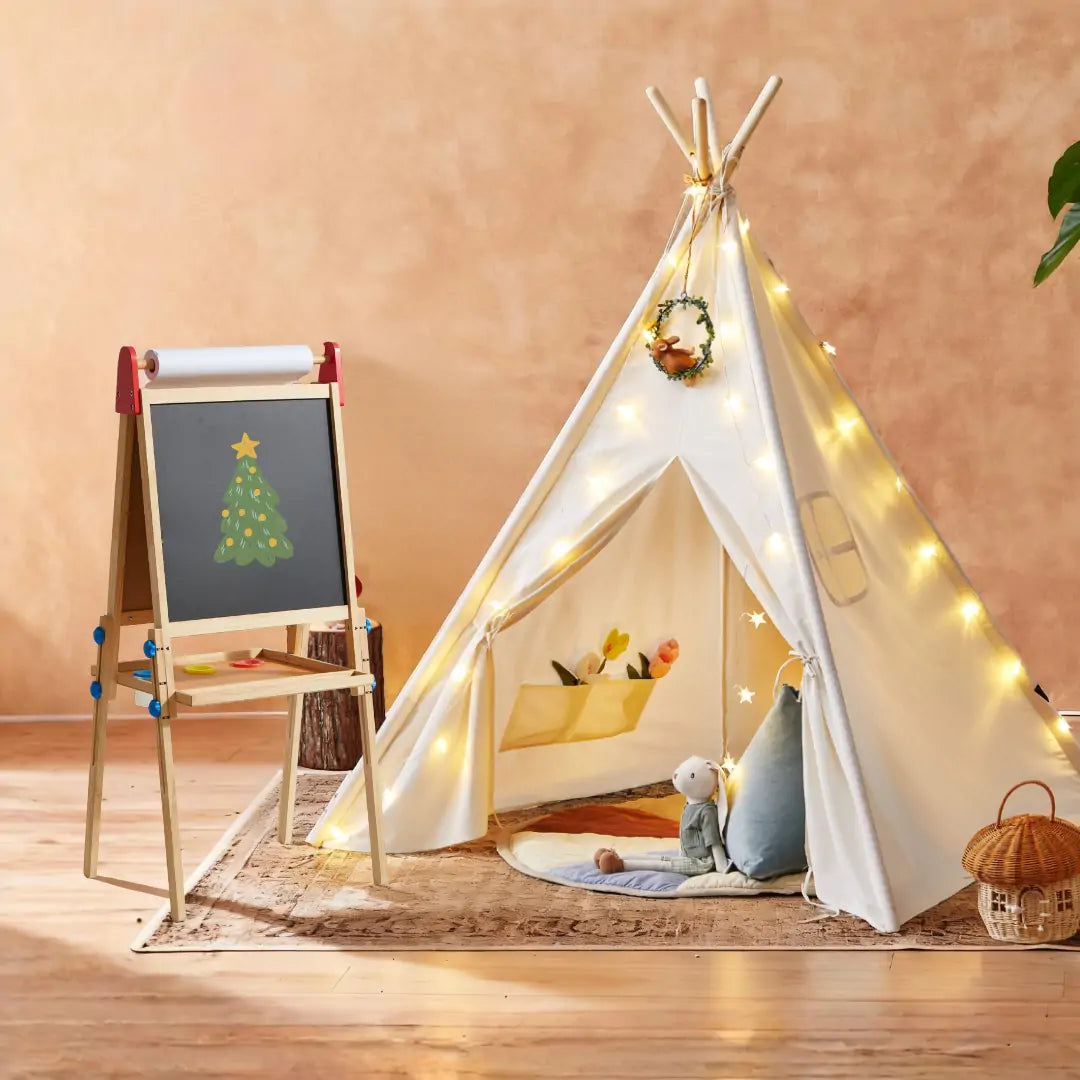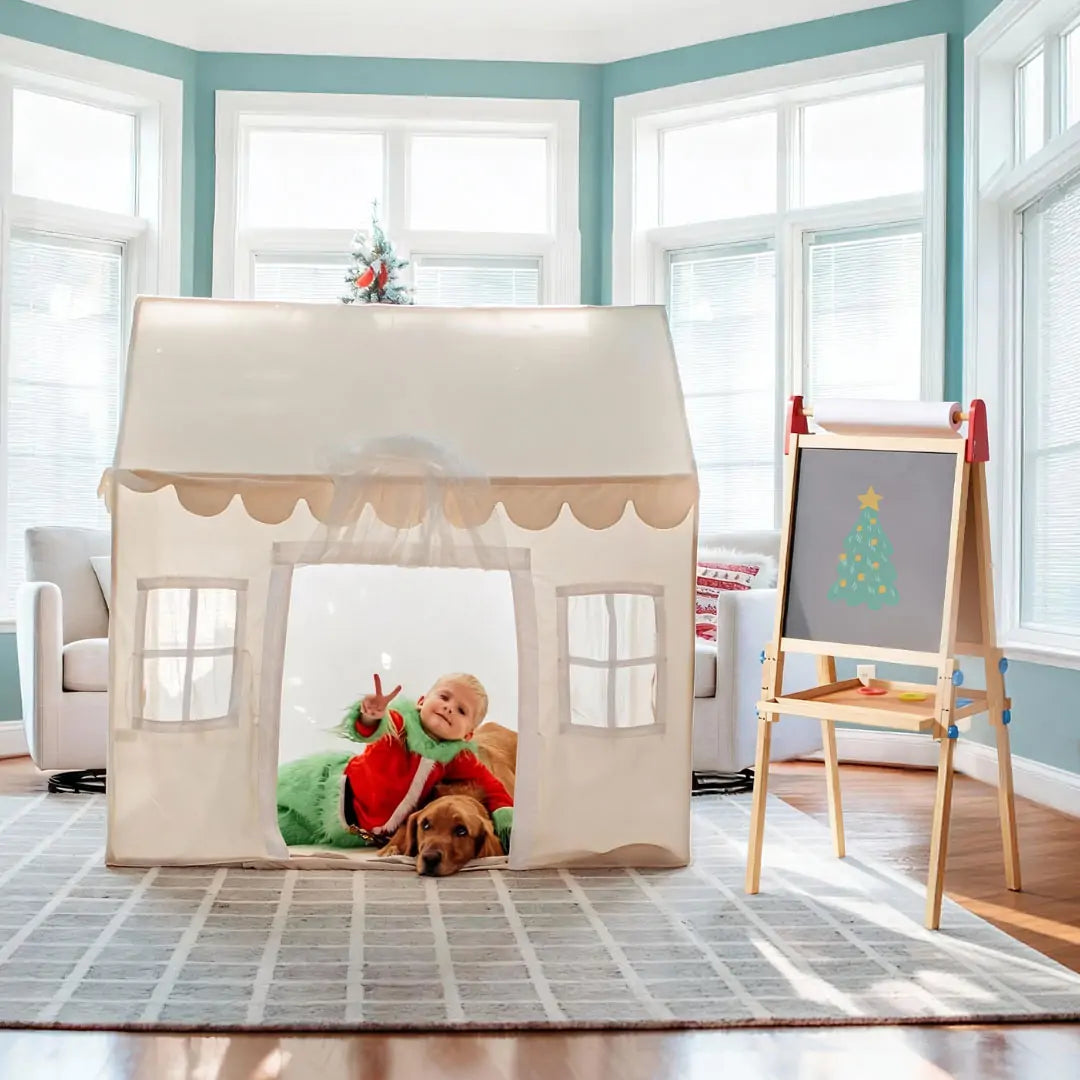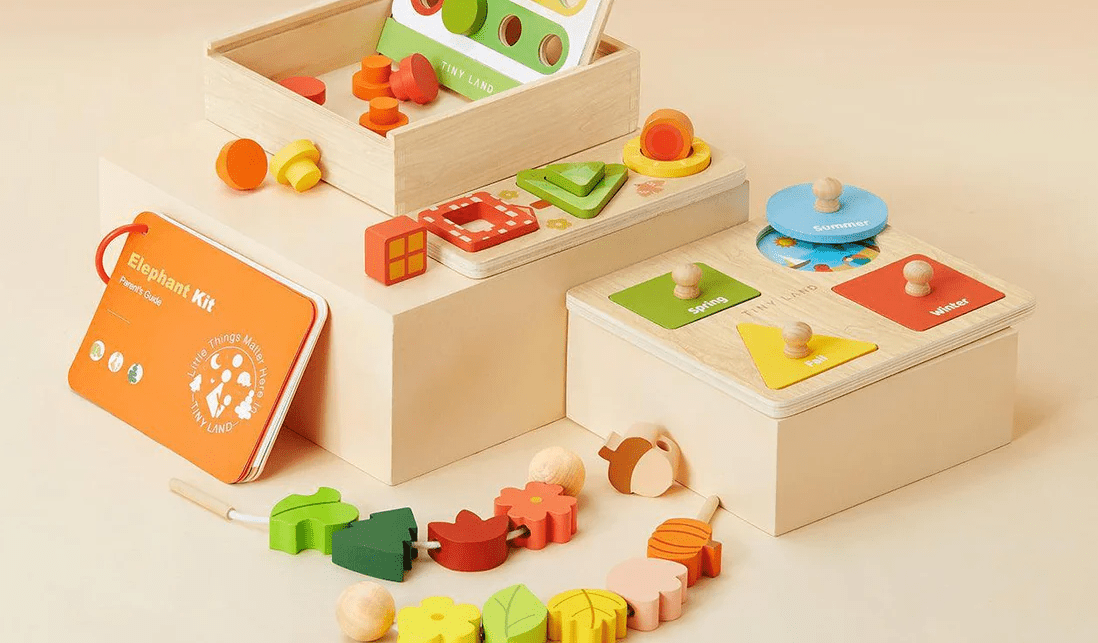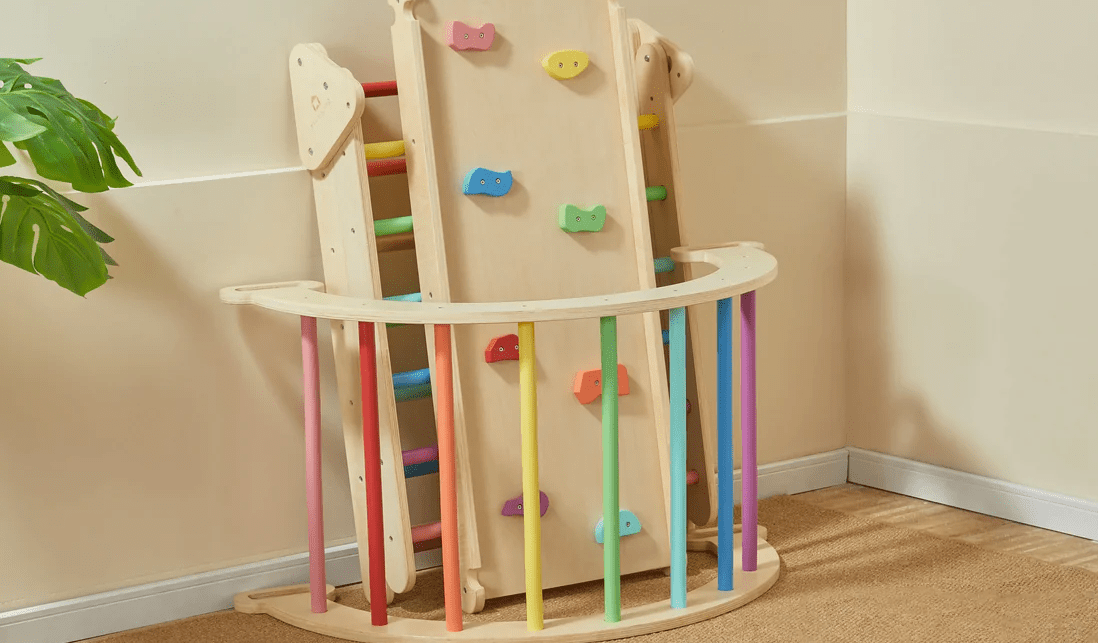Montessori teaching toys for 6 to 12-month-old babies are an exciting step in their early development. During this vital period, infants grow rapidly and explore their world. These Montessori toys aim to stimulate their senses, enhance motor skills, and assist cognitive development. They're made from safe, natural materials, engaging your baby's curiosity and fostering meaningful learning. In this guide, we'll delve into Montessori toys, assisting you in making informed choices to support your baby's growth and joyful exploration.
What Are Montessori toys?
Montessori toys are special toys that help kids learn while they play. These toys follow the Montessori method, an approach to teaching that promotes independence and exploration.
Montessori toys use natural materials like wood and feature simple designs. They don't have lights, sounds, or flashy colors.
One popular Montessori toy is the Montessori stacking rings. It helps kids develop hand-eye coordination and problem-solving skills as they stack the rings in the right order.
Another example is the Montessori sensorial materials like the pink tower. It helps kids understand size and dimensions by stacking wooden cubes from biggest to smallest.
Montessori toys also focus on real-life skills. For instance, a toy kitchen set can teach kids about cooking and cleaning in a fun way.
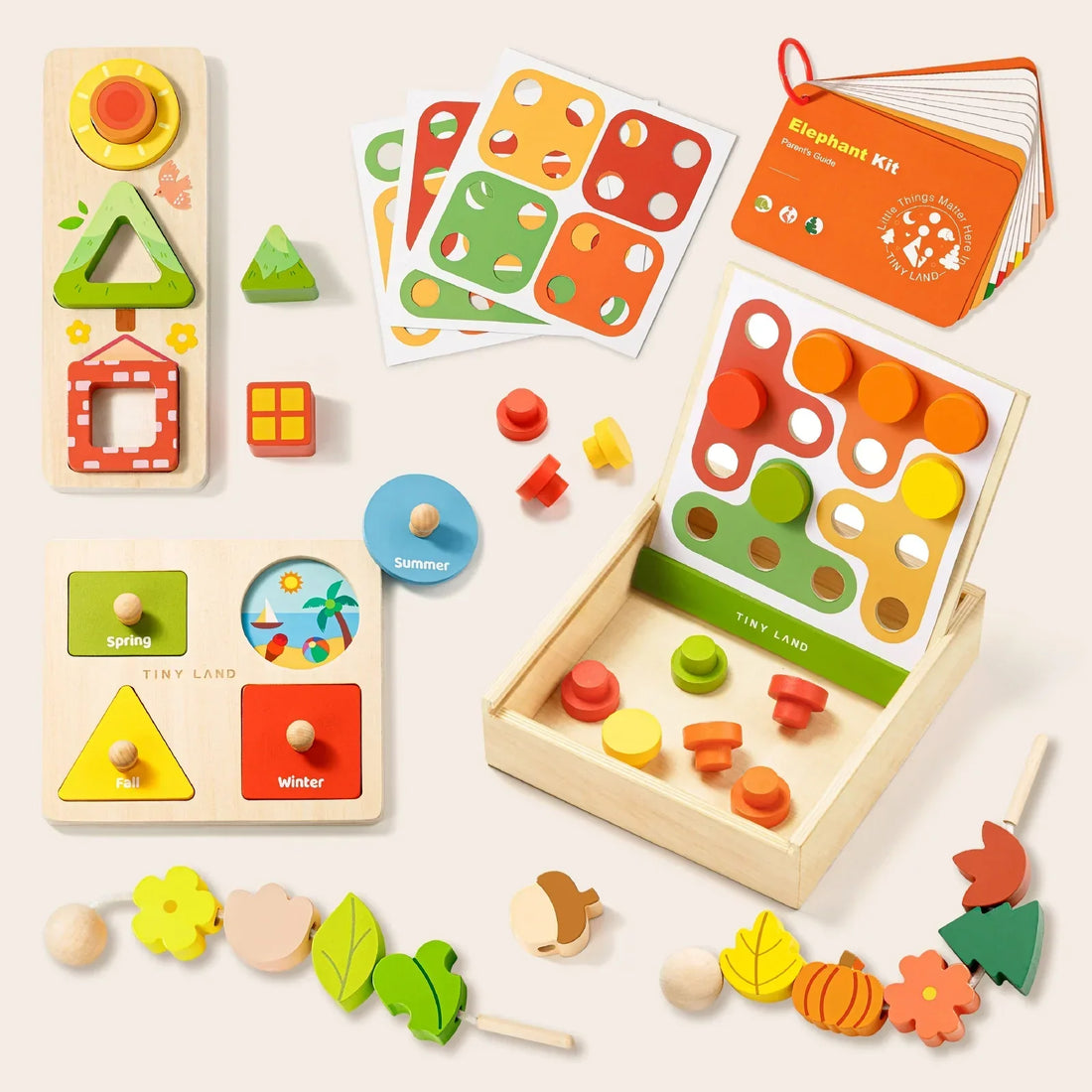
What are the benefits of Montessori toys for your kids?
Montessori toys offer a host of benefits for your kids, making them an excellent choice for playtime and early learning. These toys align with the Montessori educational approach, which emphasizes hands-on learning, independence, and individualized learning experiences.
Enhanced Learning: Montessori toys are carefully crafted to stimulate your child's cognitive and sensory development. They encourage active exploration, problem-solving, and critical thinking.
Developing Independence: These toys allow children to explore and discover on their own, fostering a sense of independence and self-confidence as they manipulate the toys and figure out how they work.
Sensory Stimulation: Many Montessori toys incorporate various textures, shapes, and materials, providing valuable sensory experiences that help with sensory perception and fine motor skills.
Focus and Concentration: Montessori toys often require focused attention and concentration, helping children improve their ability to stay engaged and complete tasks.
Practical Life Skills: Some Montessori toys mimic real-life activities, such as cooking or cleaning, allowing children to practice and understand essential life skills through play.
Language Development: Montessori toys often come with labels or descriptions in multiple languages, encouraging language development and multicultural awareness.
Peaceful Play: These toys typically have a calm and soothing design, which can create a peaceful play environment, reducing overstimulation and promoting a sense of tranquility.
Long-Lasting Quality: Montessori toys are often made from natural and durable materials like wood, ensuring they can withstand rough play and last for years.
Open-Ended Play: Montessori toys lack preset outcomes, allowing children to use their creativity and imagination freely, leading to more open-ended and imaginative play.
Social Skills: Some Montessori toys enable children to use them in group settings, promoting cooperation, sharing, and social interaction among them.
Sustainability: Montessori toys tend to prioritize eco-friendly materials and production processes, teaching kids about sustainability and environmental responsibility.
Parental Satisfaction: Parents appreciate Montessori toys because they align with educational philosophies and provide a way for children to learn while having fun.
Reduced Screen Time: Engaging with Montessori toys can help reduce excessive screen time, offering a healthier alternative for play and learning.
Customized Learning: You can select Montessori toys based on your child's specific interests and developmental stage, ensuring a customized learning experience.
What is the Montessori play method?
The Montessori play method is an educational approach designed to help children learn through self-directed play and exploration. Developed by Dr. Maria Montessori in the early 20th century, this method is widely used in preschools and early childhood education settings around the world.
Child-Centered: The Montessori play method puts the child at the center of their own learning journey. It recognizes that children are naturally curious and eager to learn, so it encourages them to follow their interests and instincts.
Hands-On Materials: Montessori classrooms equip students with specially designed materials and engaging, purposeful toys. Teachers thoughtfully select these materials to facilitate learning across subjects like math, language, and science.
Freedom within Limits: Children enjoy the freedom to choose activities and set their own pace, but clear boundaries and guidelines ensure a respectful and orderly learning environment.
Self-Correction: Montessori materials enable self-correction, empowering children to identify and rectify their own mistakes. This fosters independence and a sense of accomplishment.
Mixed-Age Groups: Montessori classrooms often mix children of different ages, allowing younger ones to learn from older peers while older ones reinforce their knowledge by teaching younger ones.
Uninterrupted Work Time: Children receive extended, uninterrupted work periods, enabling full engagement in activities without constant disruptions.
Observation and Guidance: Montessori teachers closely observe children, identifying their interests and developmental needs. They offer guidance and support as needed, while also allowing children to explore independently.
Respect for the Child: The Montessori method respects each child as a unique individual with distinct abilities and interests, nurturing self-worth and encouraging responsibility for their own learning.
Multi-Sensory Learning: Montessori materials engage multiple senses, creating a more holistic and memorable learning experience.
Real-Life Skills: The method includes activities that teach practical life skills, such as pouring water, dressing themselves, and preparing snacks, helping children become more independent and capable.
Peaceful Environment: Montessori classrooms are intentionally designed to create a calm and peaceful atmosphere, promoting concentration and a sense of well-being.
Global Perspective: Montessori education often includes an emphasis on global awareness and cultural understanding, with materials and activities representing diverse cultures and traditions.
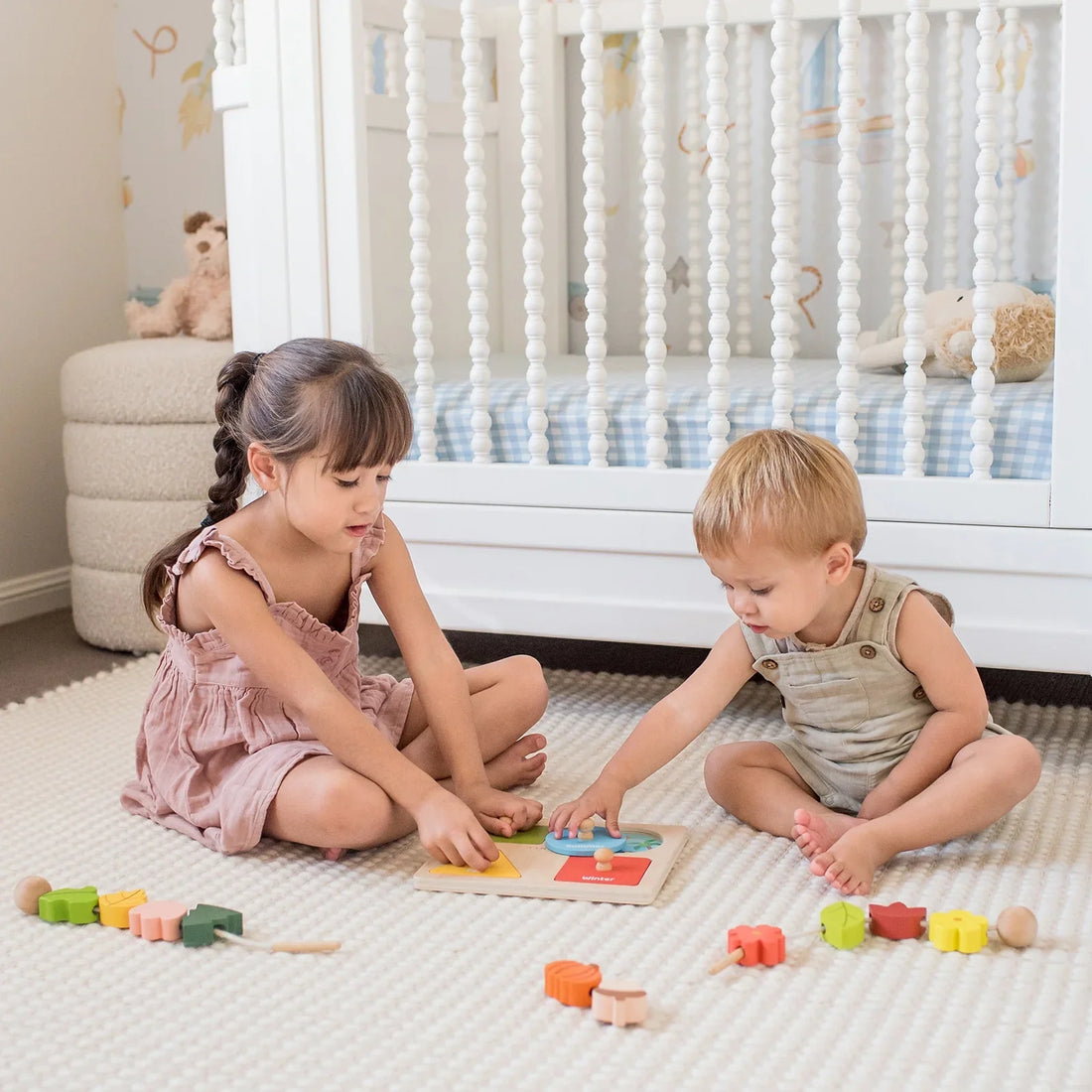
Keep in mind when choosing Montessori toys
Age-Appropriate: Choose toys suitable for your child's age and developmental stage.
Material Matters: Opt for toys made of natural, non-toxic materials like wood or fabric.
Sensory Stimulation: Look for toys that engage multiple senses - touch, sight, sound, etc.
Open-Ended Play: Select toys that encourage creativity and imaginative play.
Purposeful Design: Ensure toys have a clear educational or developmental purpose.
Durability: Pick well-made toys that can withstand wear and tear.
Safety First: Check for small parts that could be a choking hazard.
Variety of Subjects: Offer toys that cover a range of learning areas like math, language, and sensorial skills.
Realistic Replicas: Choose toys that mimic real-life objects for practical learning.
Montessori Principles: Align toys with Montessori principles of self-directed learning and independence.
Mixed-Age Applicability: Consider toys that can be enjoyed by children of different ages.
Quality over Quantity: Focus on a few high-quality Montessori toys rather than an overwhelming collection.
Observe Your Child: Pay attention to your child's interests and preferences.
Rotate Toys: Keep a few toys available and rotate them to maintain novelty and interest.
Avoid Overstimulation: Steer clear of flashy, noisy toys that may overstimulate young minds.
Parental Involvement: Participate in playtime to guide and support your child's learning.
Sustainability: Consider eco-friendly toys that teach environmental responsibility.
Montessori Guidance: Consult Montessori educators or resources for toy recommendations.
Budget-Friendly: Look for affordable Montessori toys that fit your budget.
Enjoyment: Ultimately, choose toys that bring joy and promote a love for learning.


